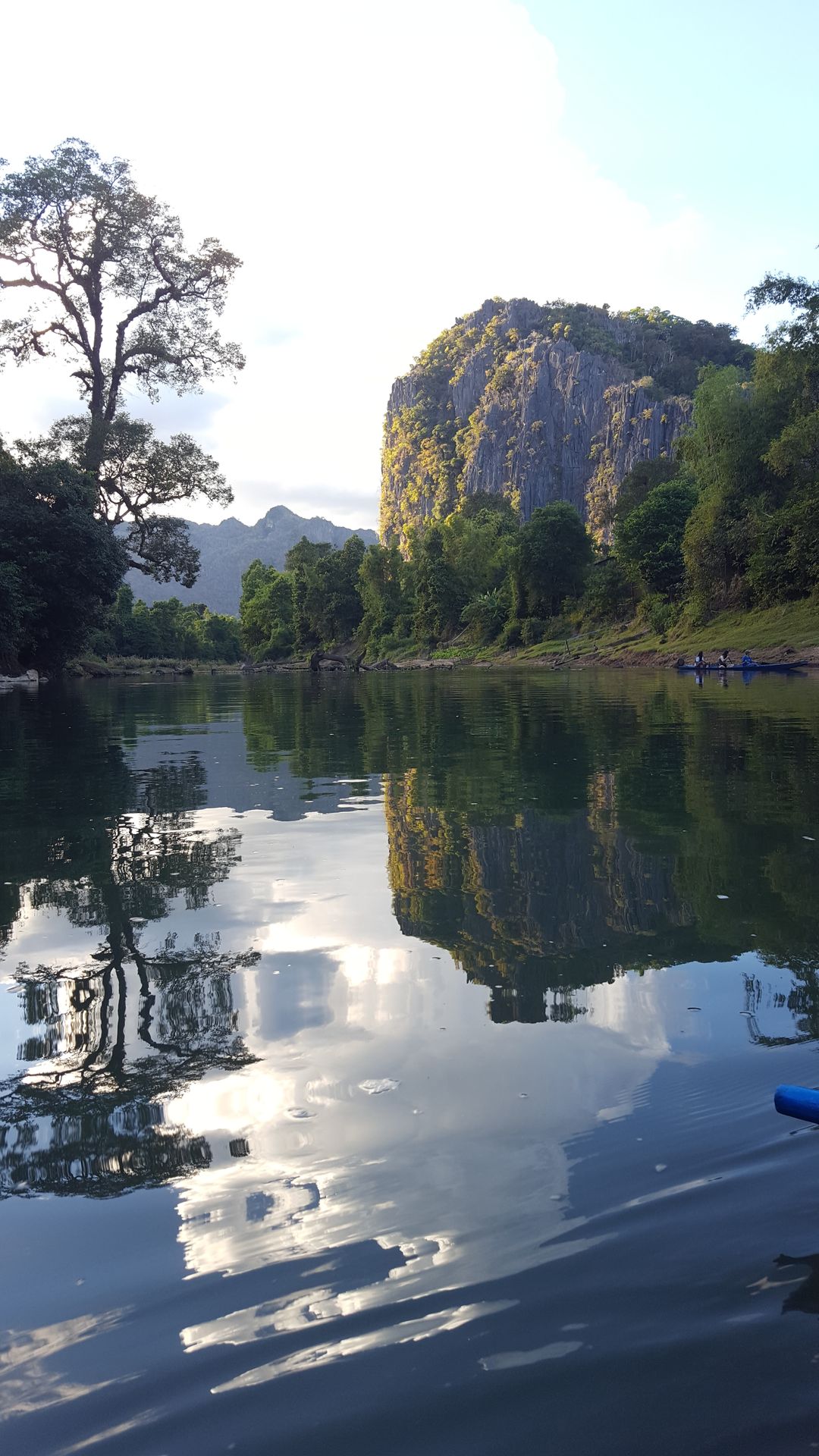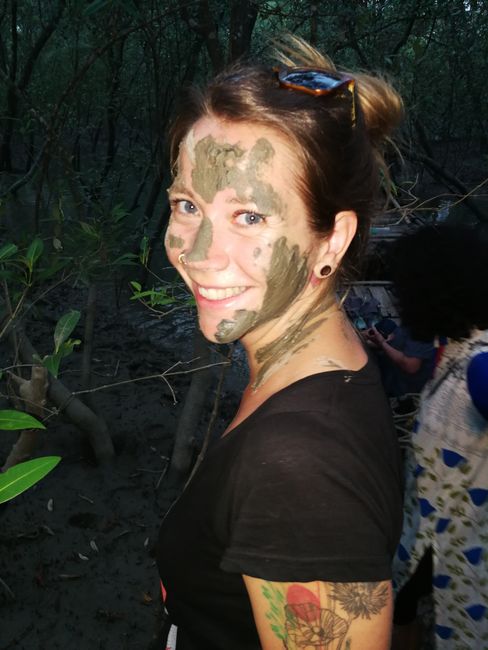Be Pippi, not Annika!
Lofalitsidwa: 07.07.2018
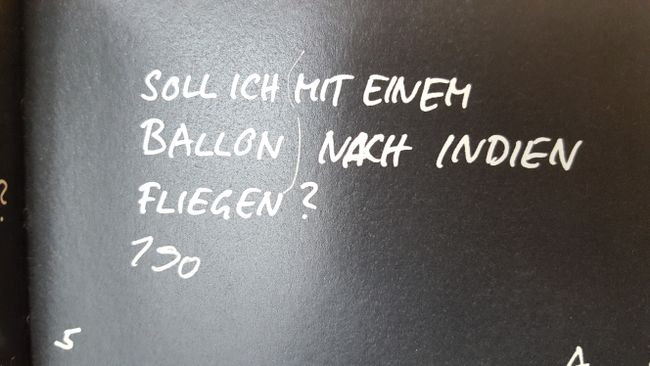
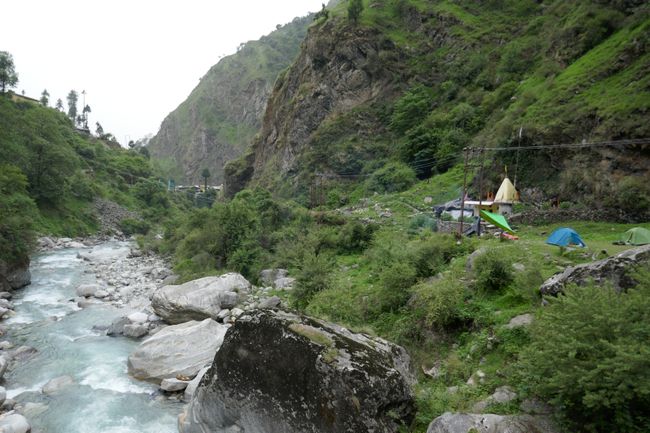
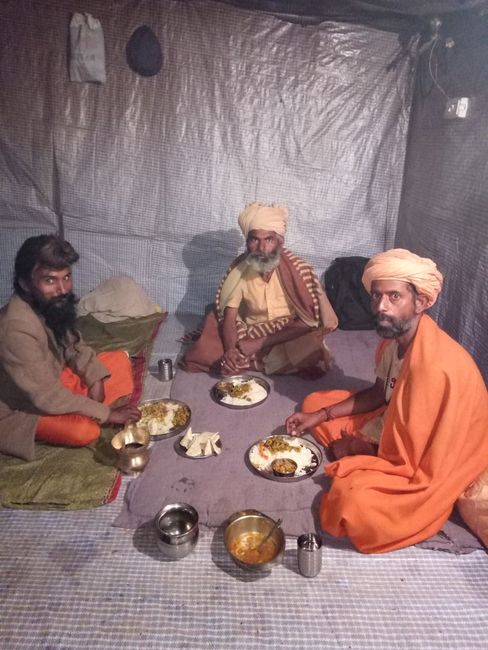
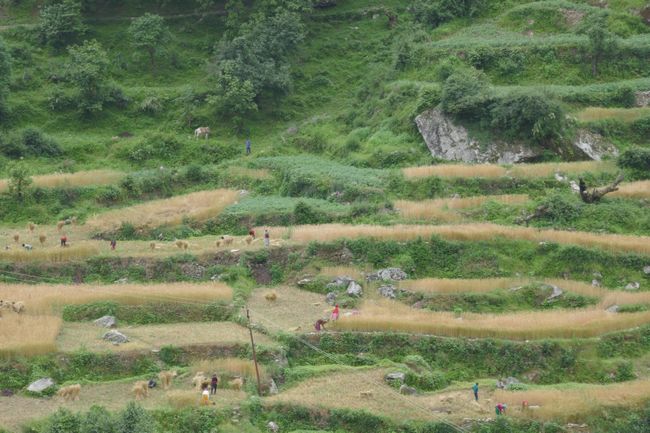
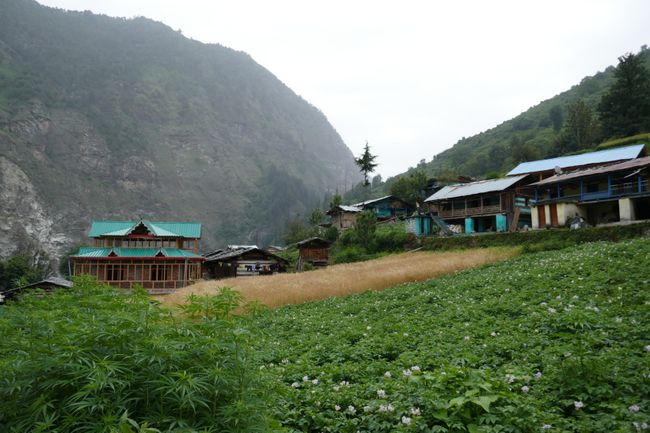
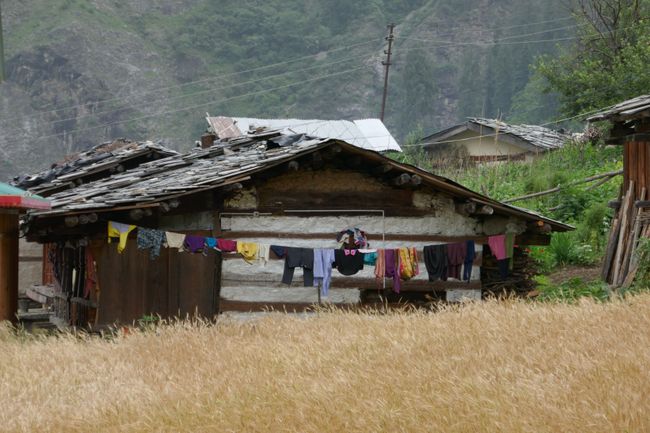
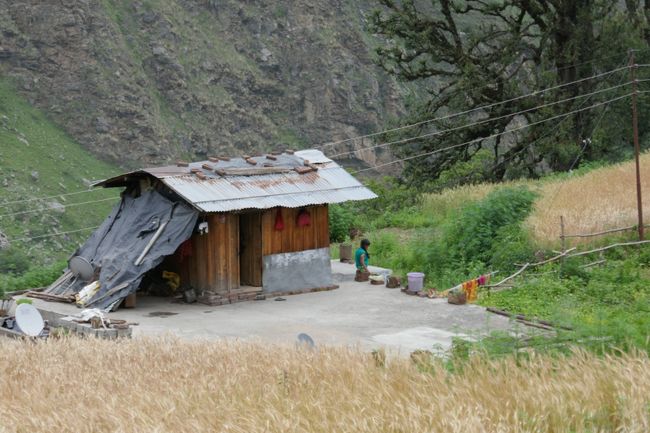
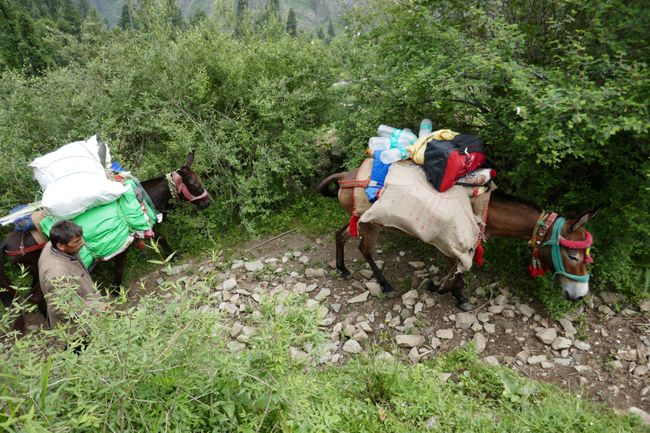
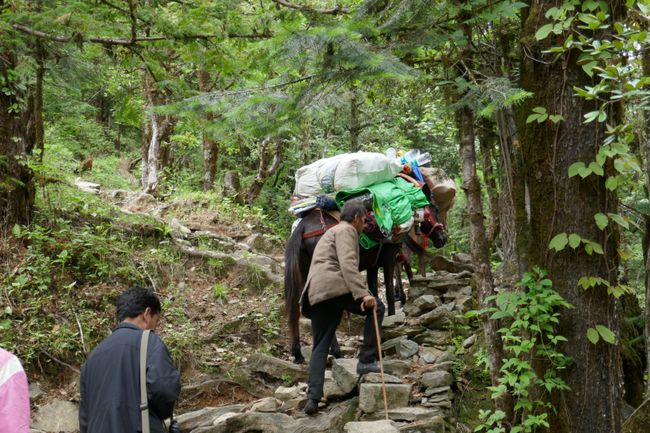
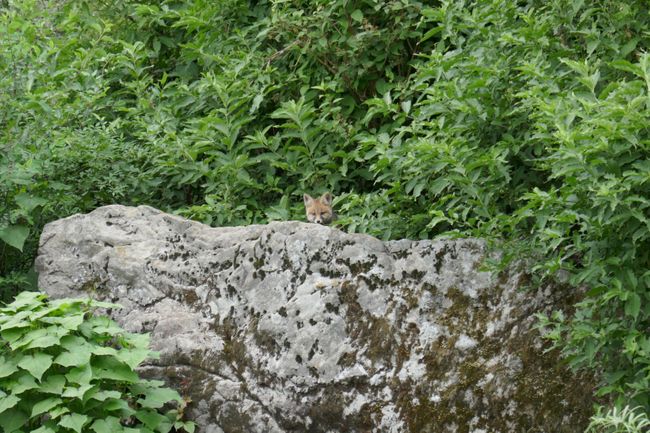
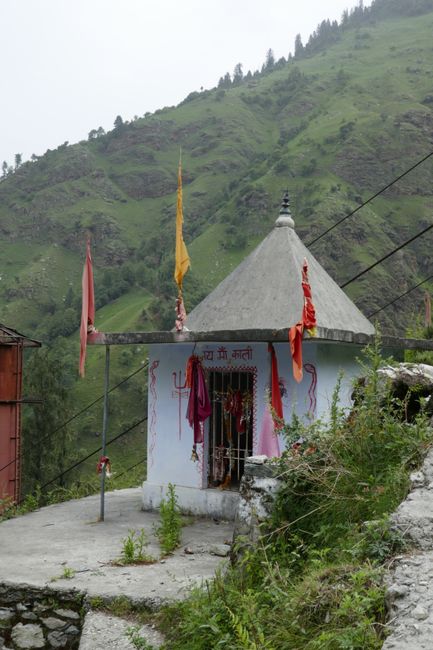
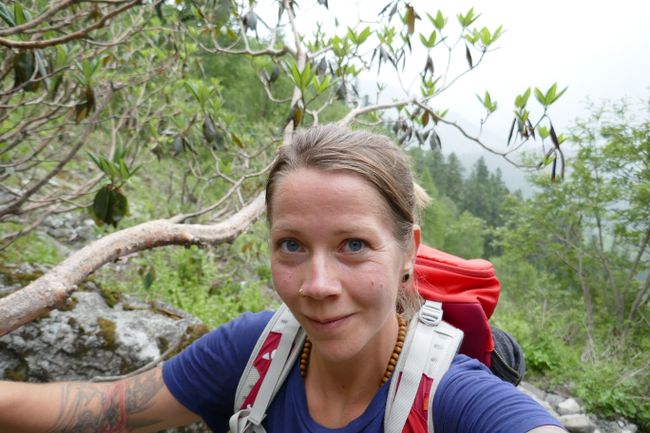
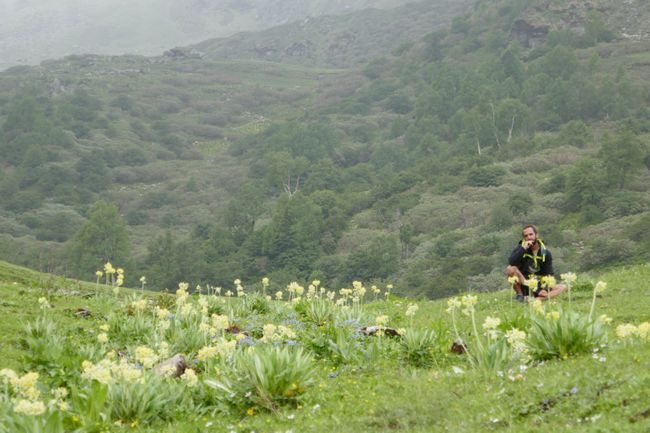
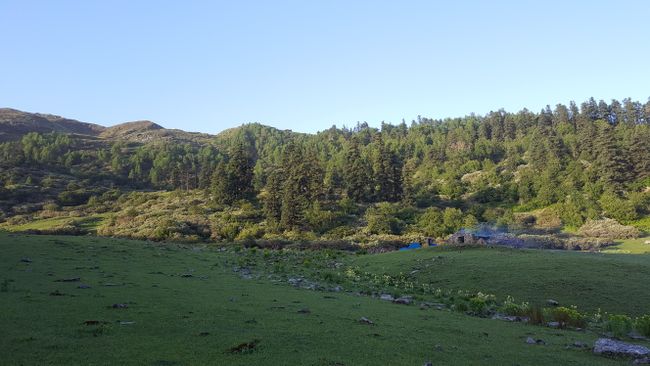
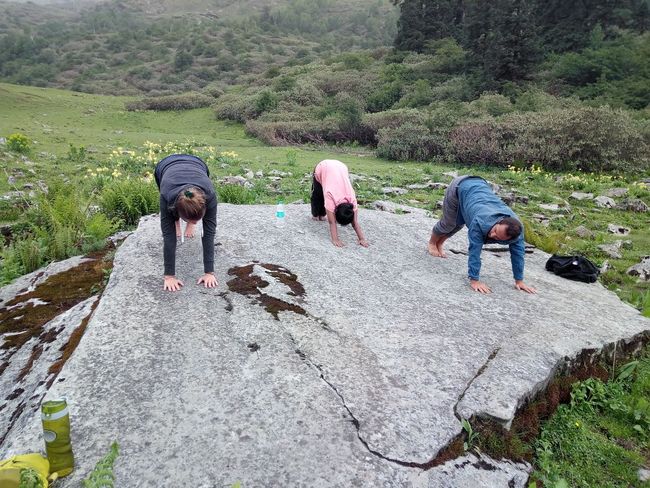
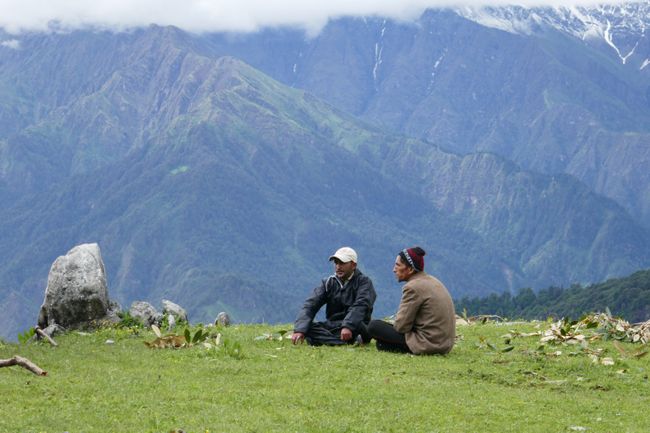
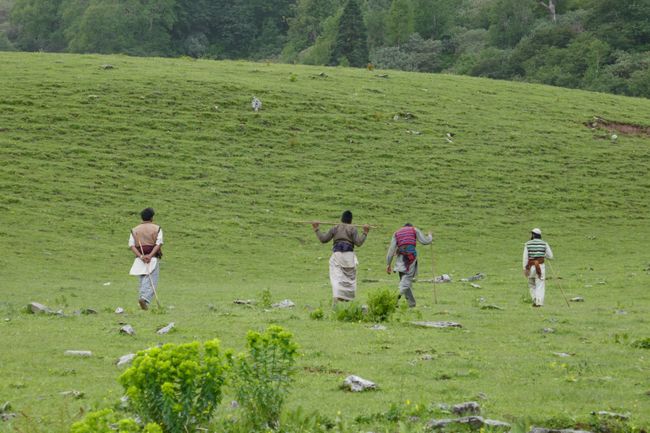
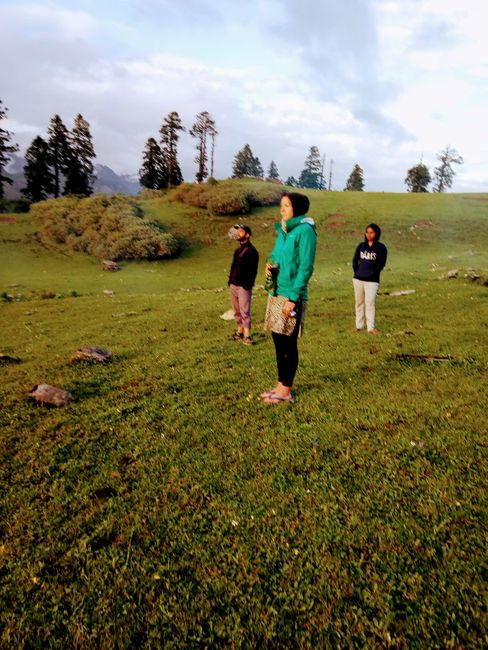
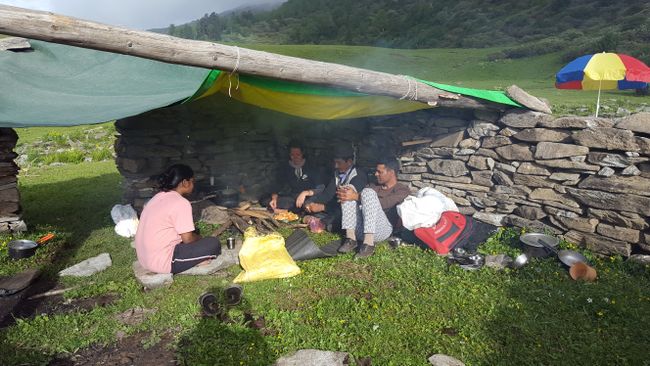
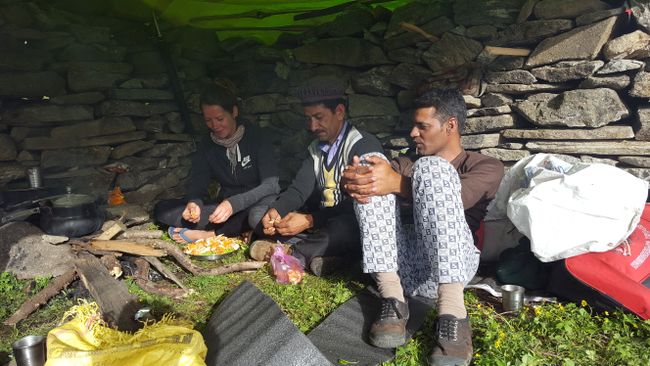
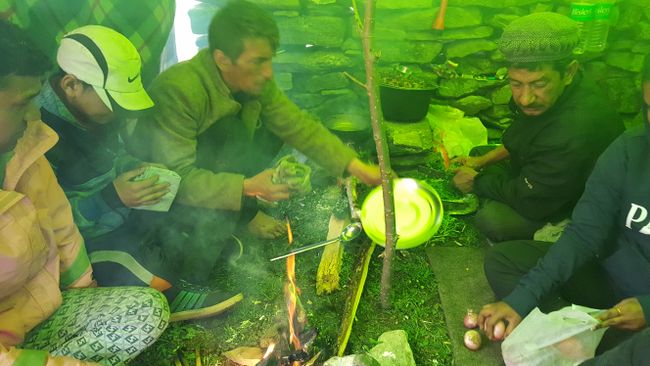
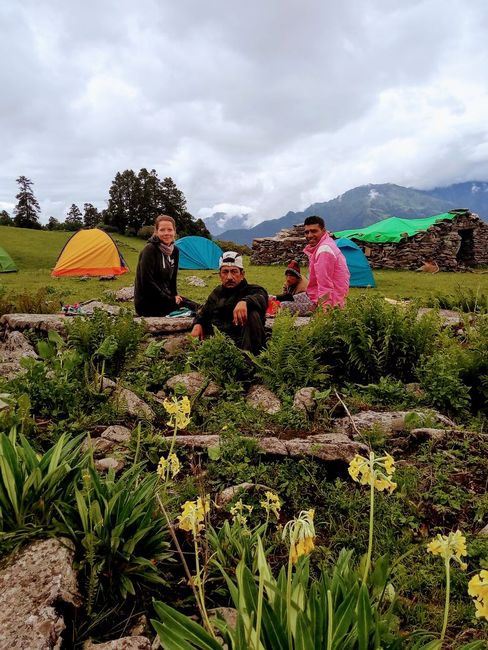
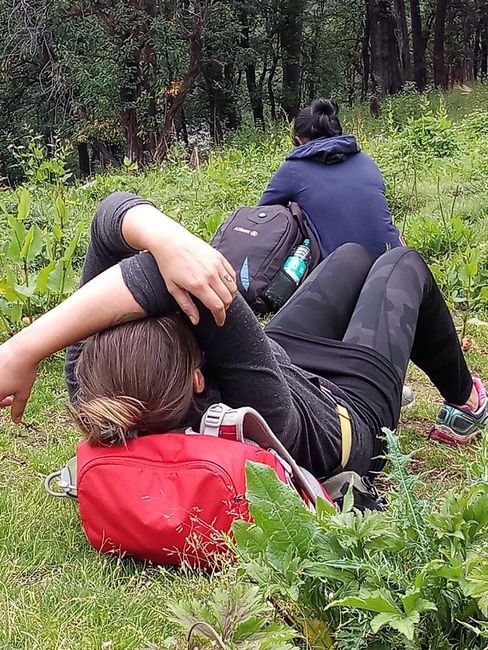
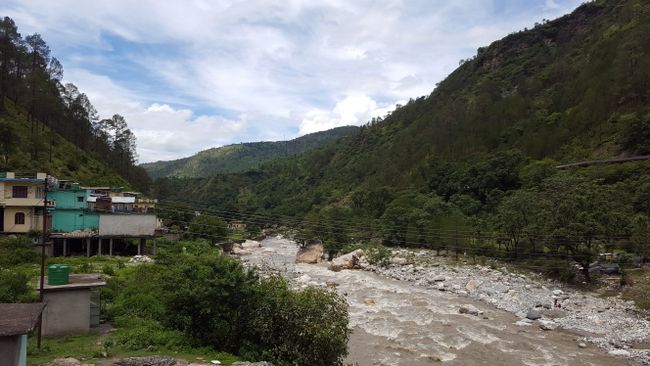
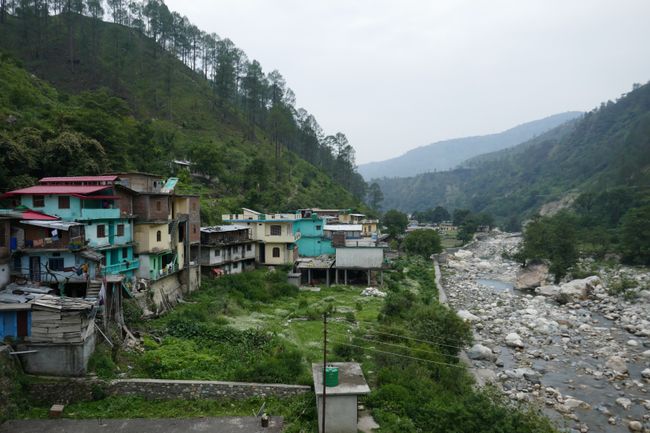
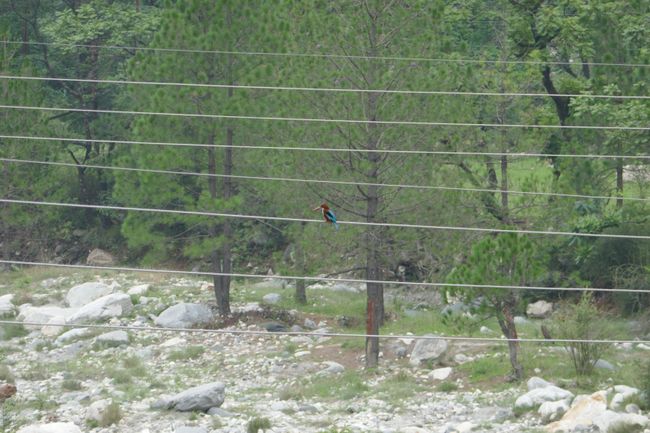
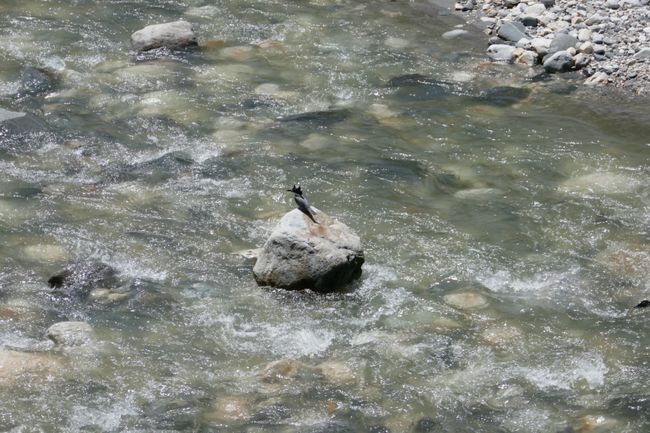
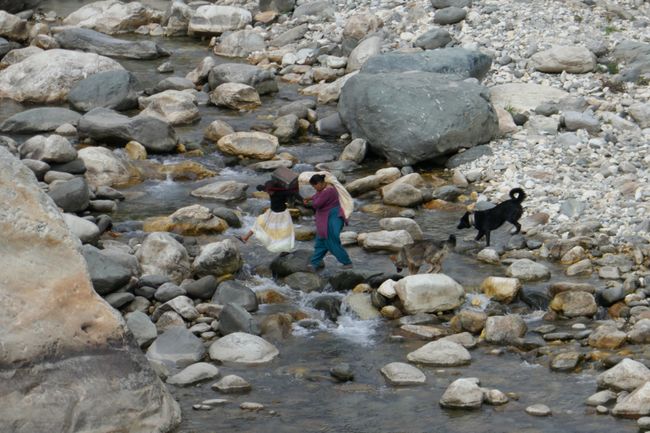
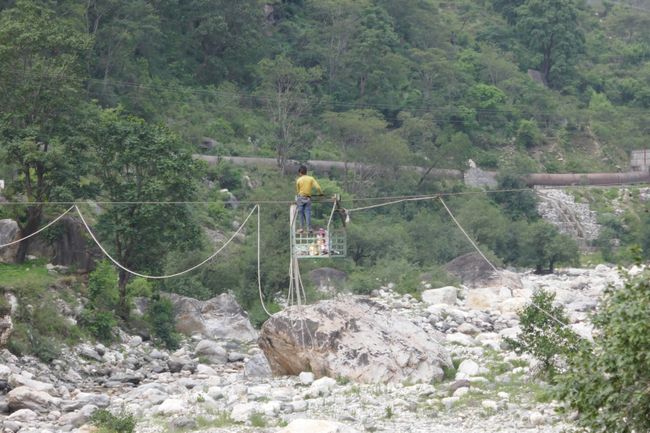
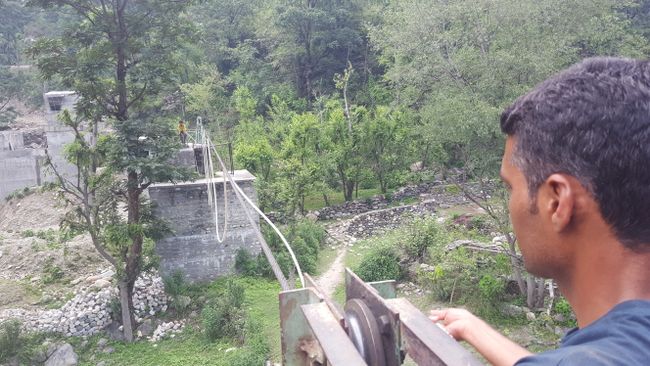
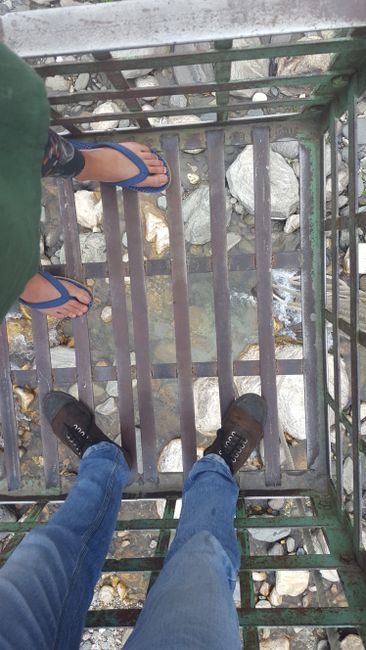
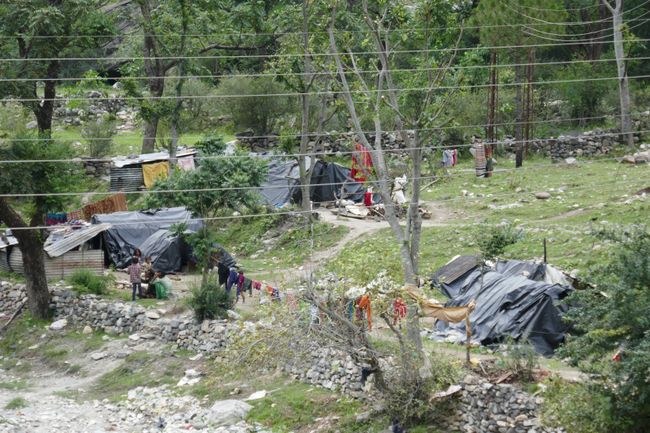
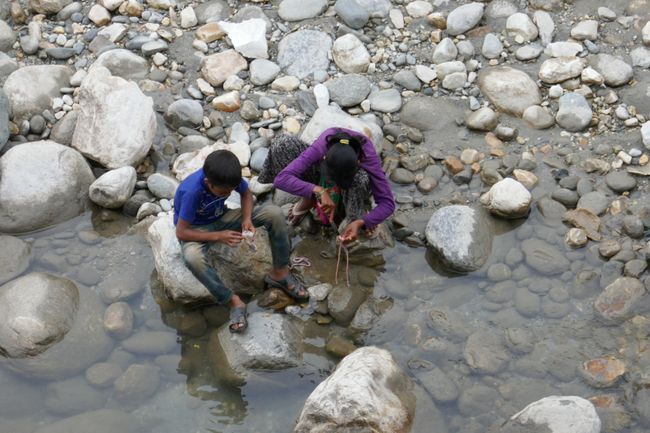
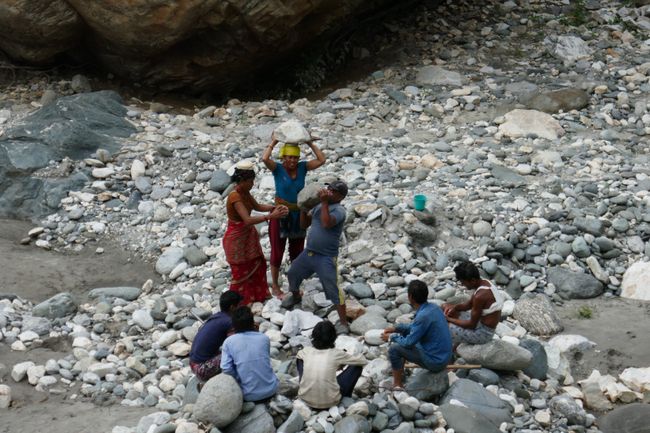
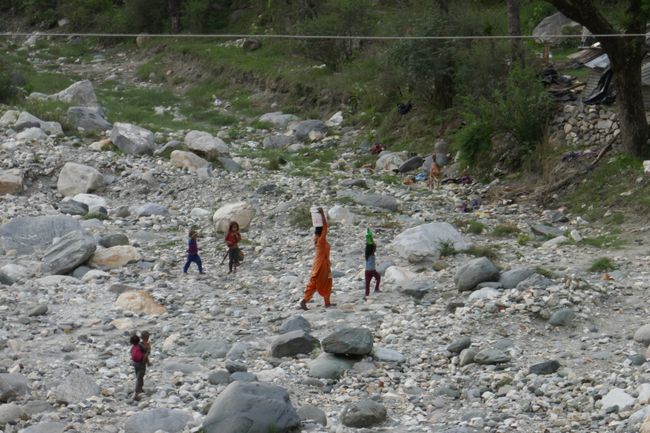
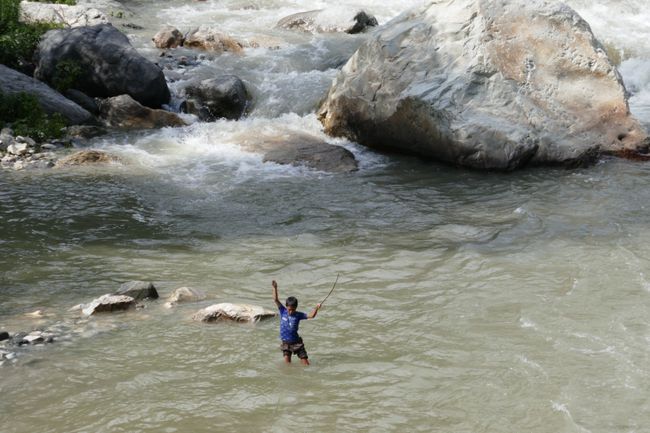
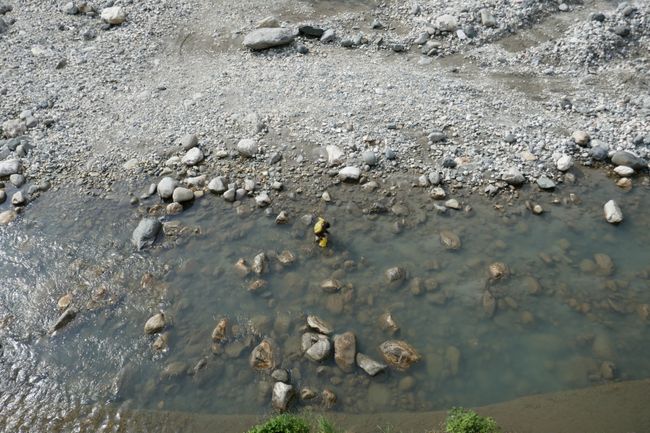
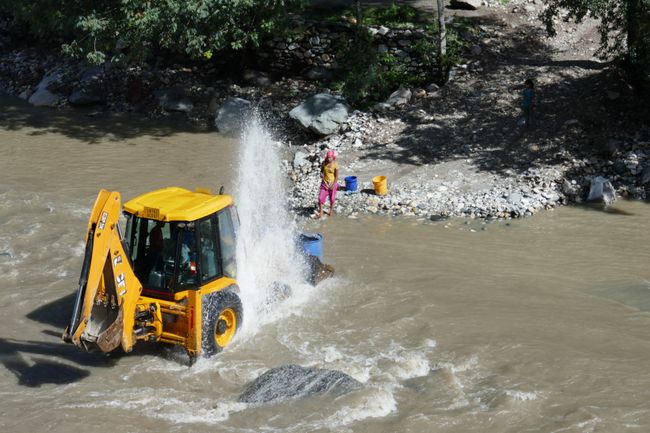
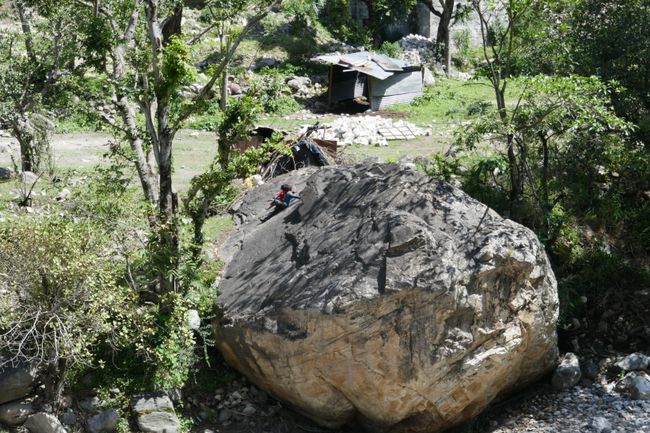
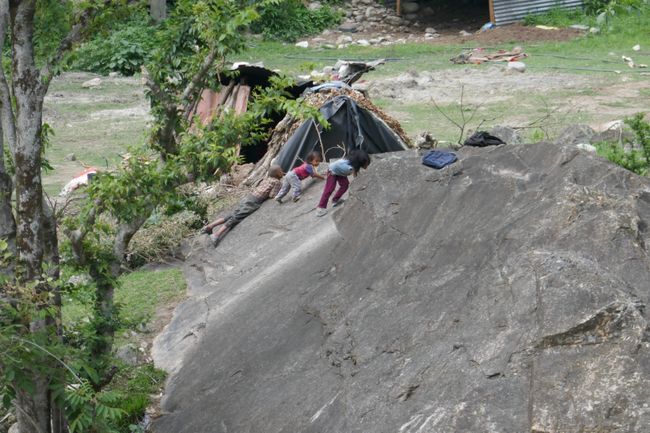
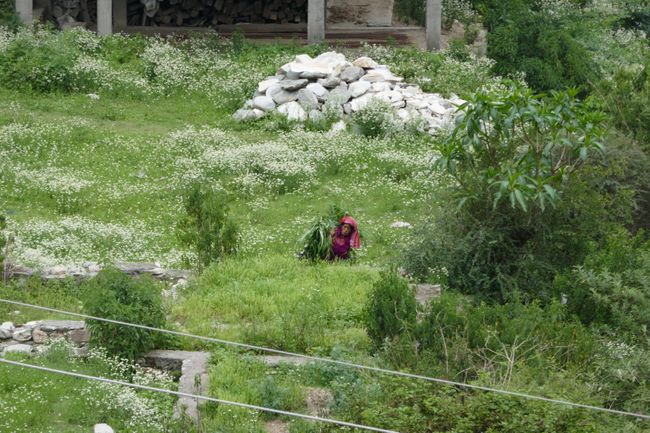
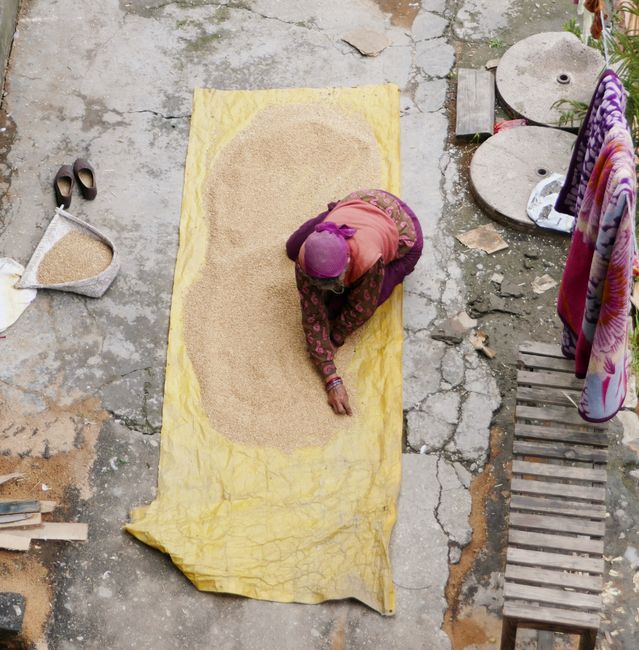
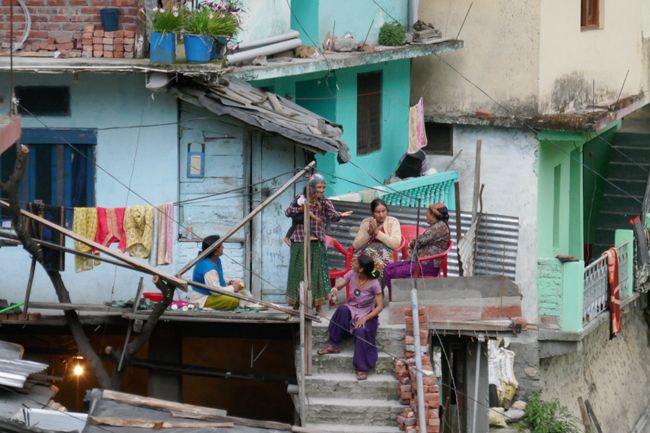
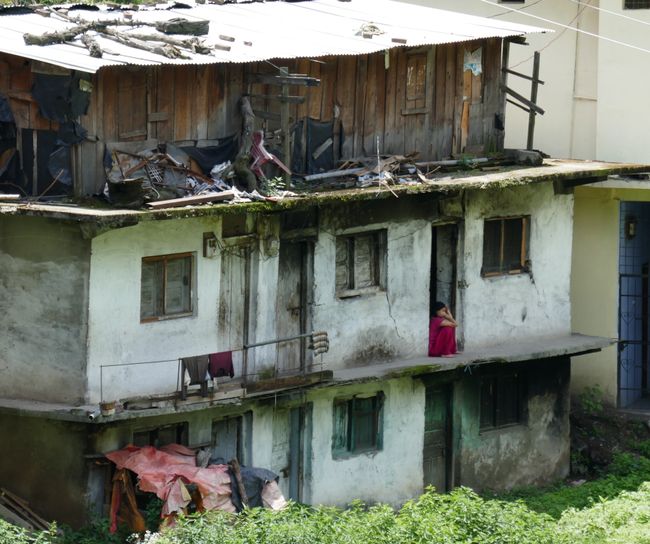
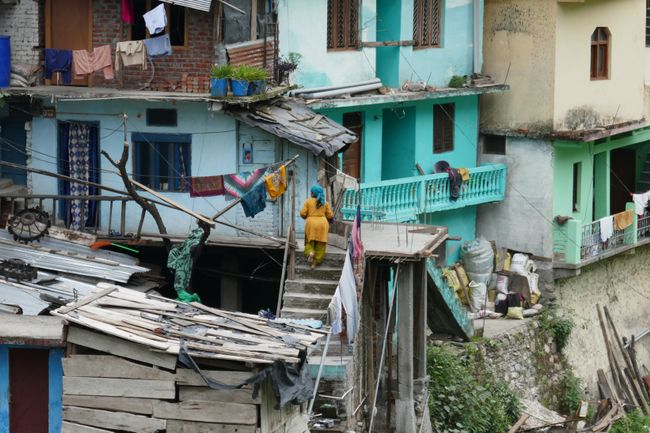
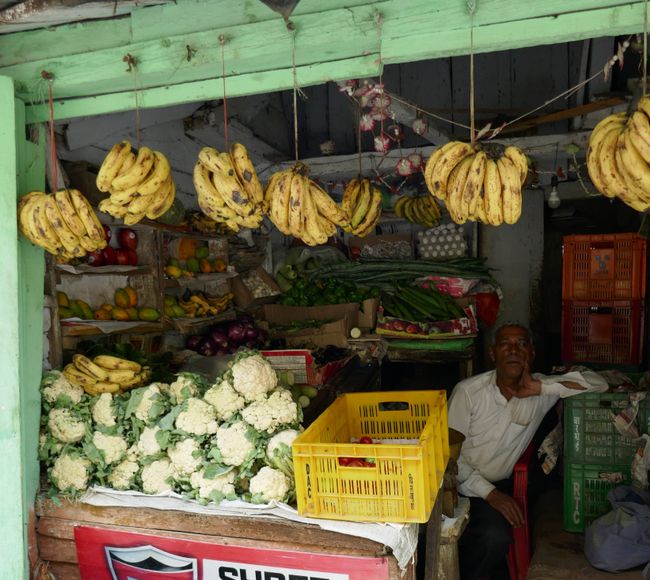
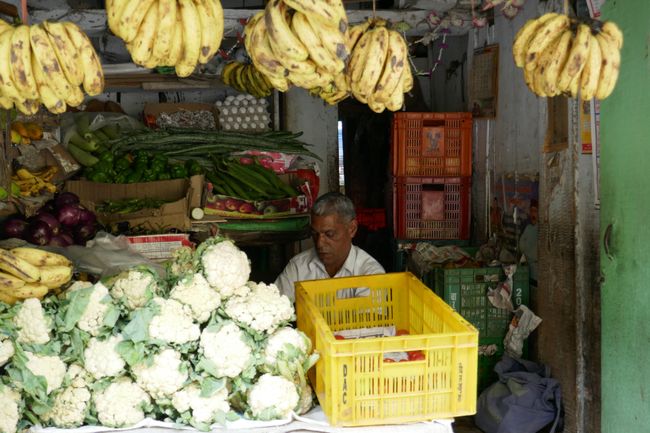
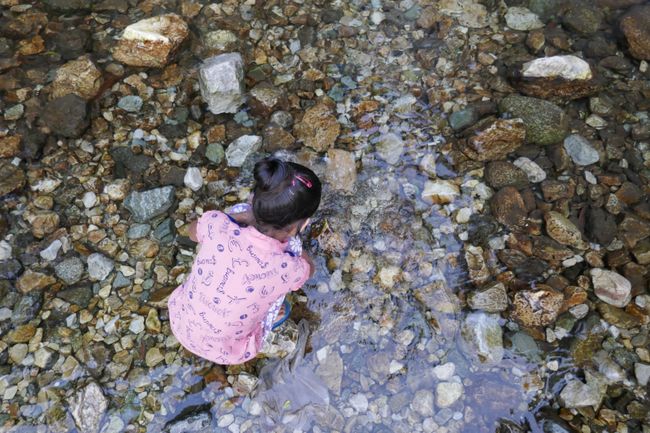
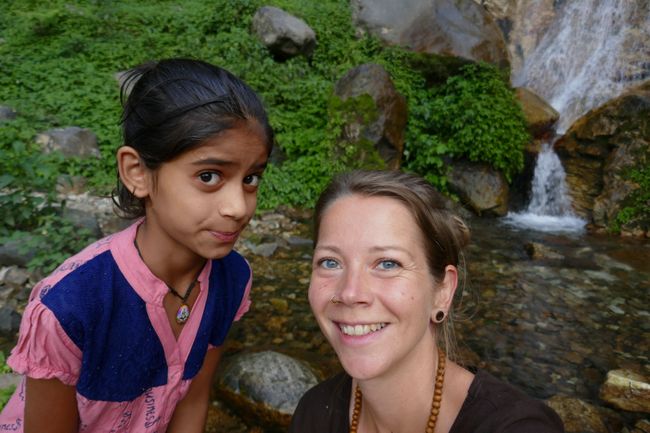
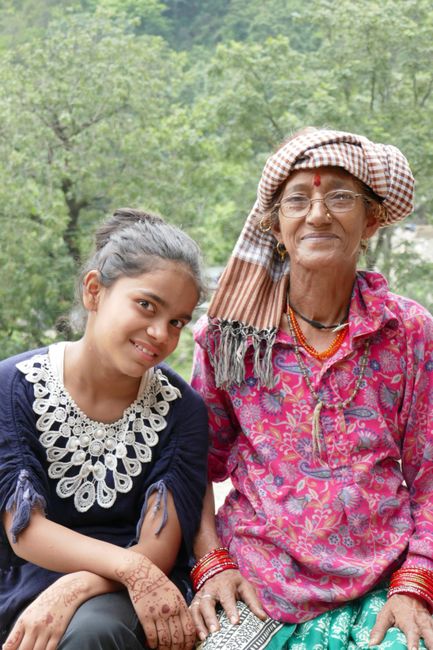
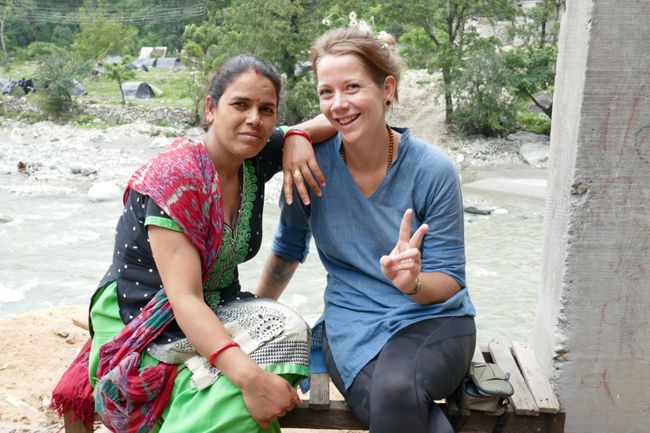
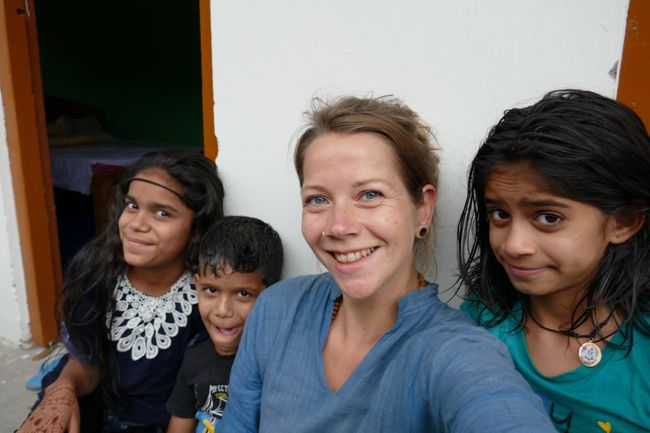
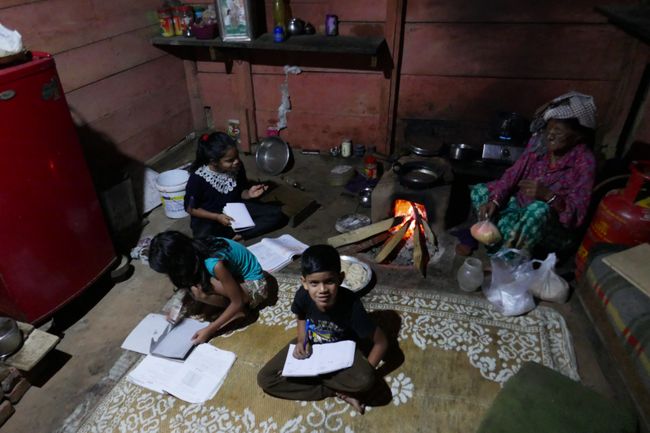
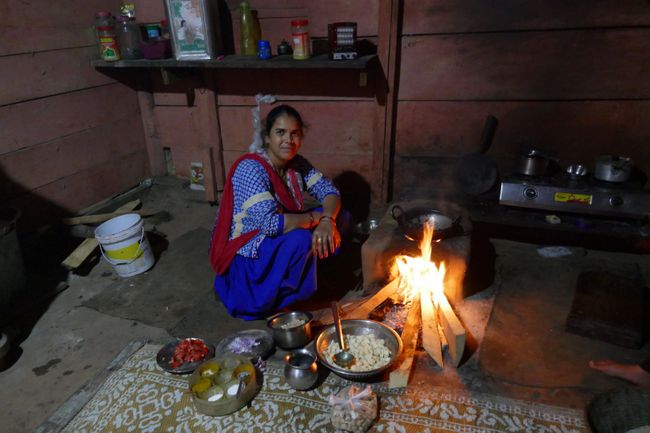
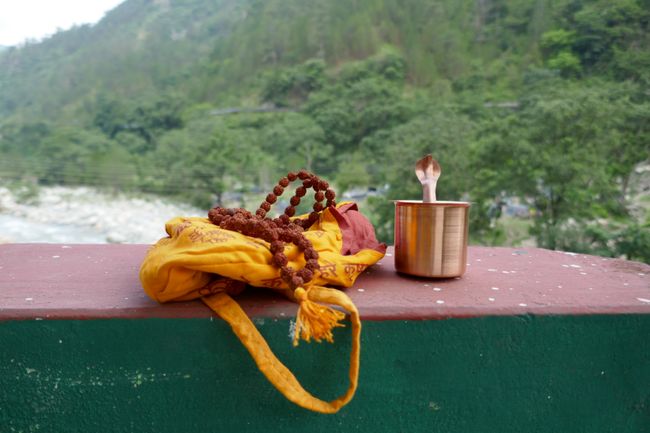
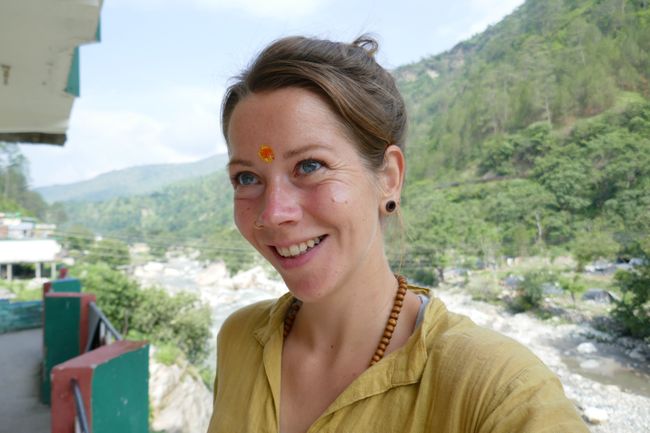
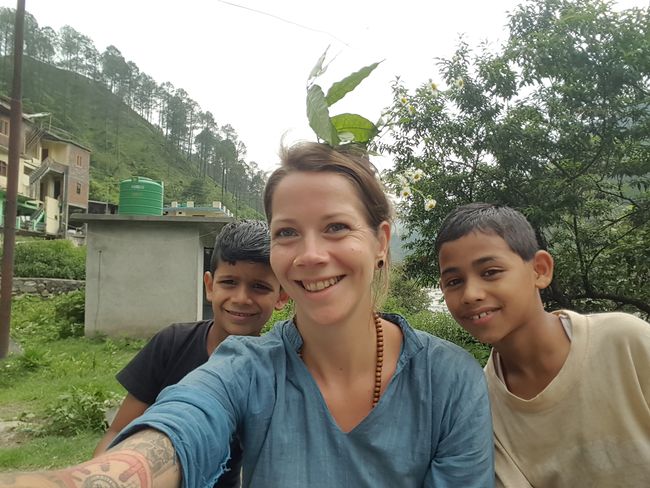
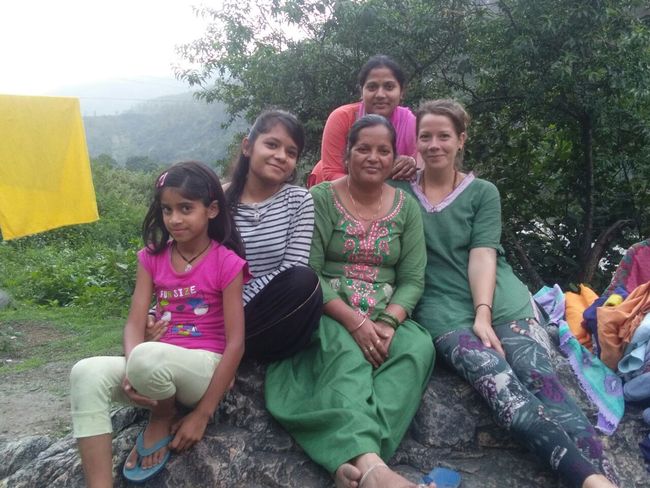
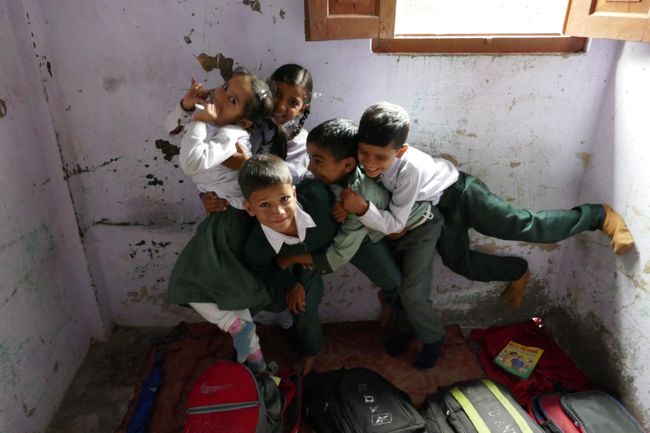
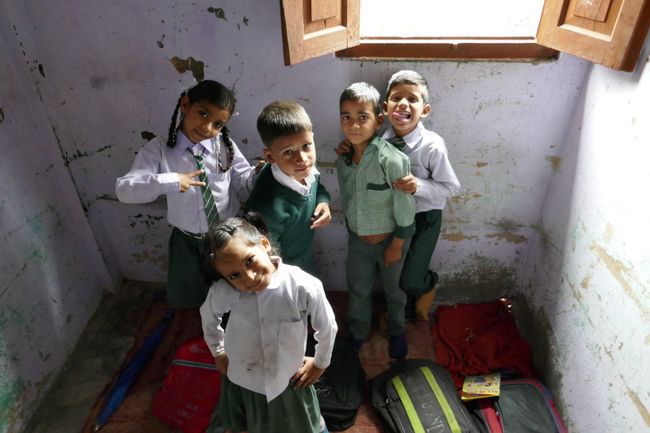
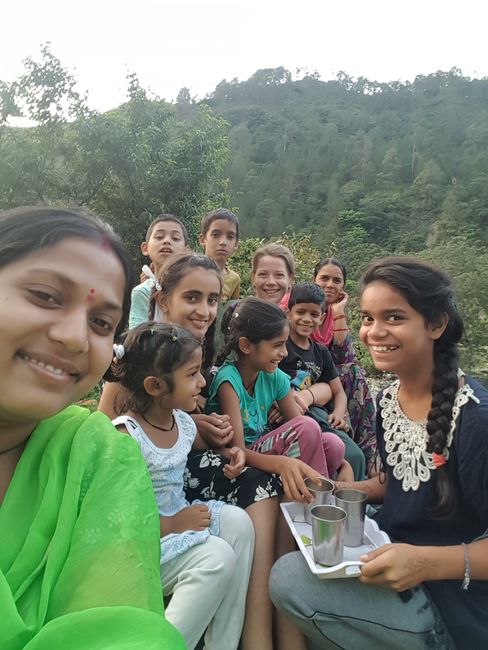
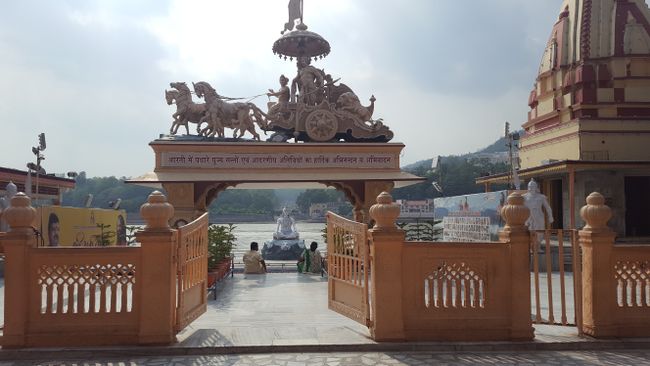
Lembetsani ku Newsletter
Namaste India - and thank you very much for the warm welcome. Who would have thought that I would come back here so quickly after just two and a half months in Germany? A small part of me already knew it when I left the Sundarbans in March. But giving that part enough space and ultimately leaving the decision up to it was not easy. Despite many signs that kept appearing in front of me after arriving in Germany, doubts were huge and seemed to grow bigger as time went on.
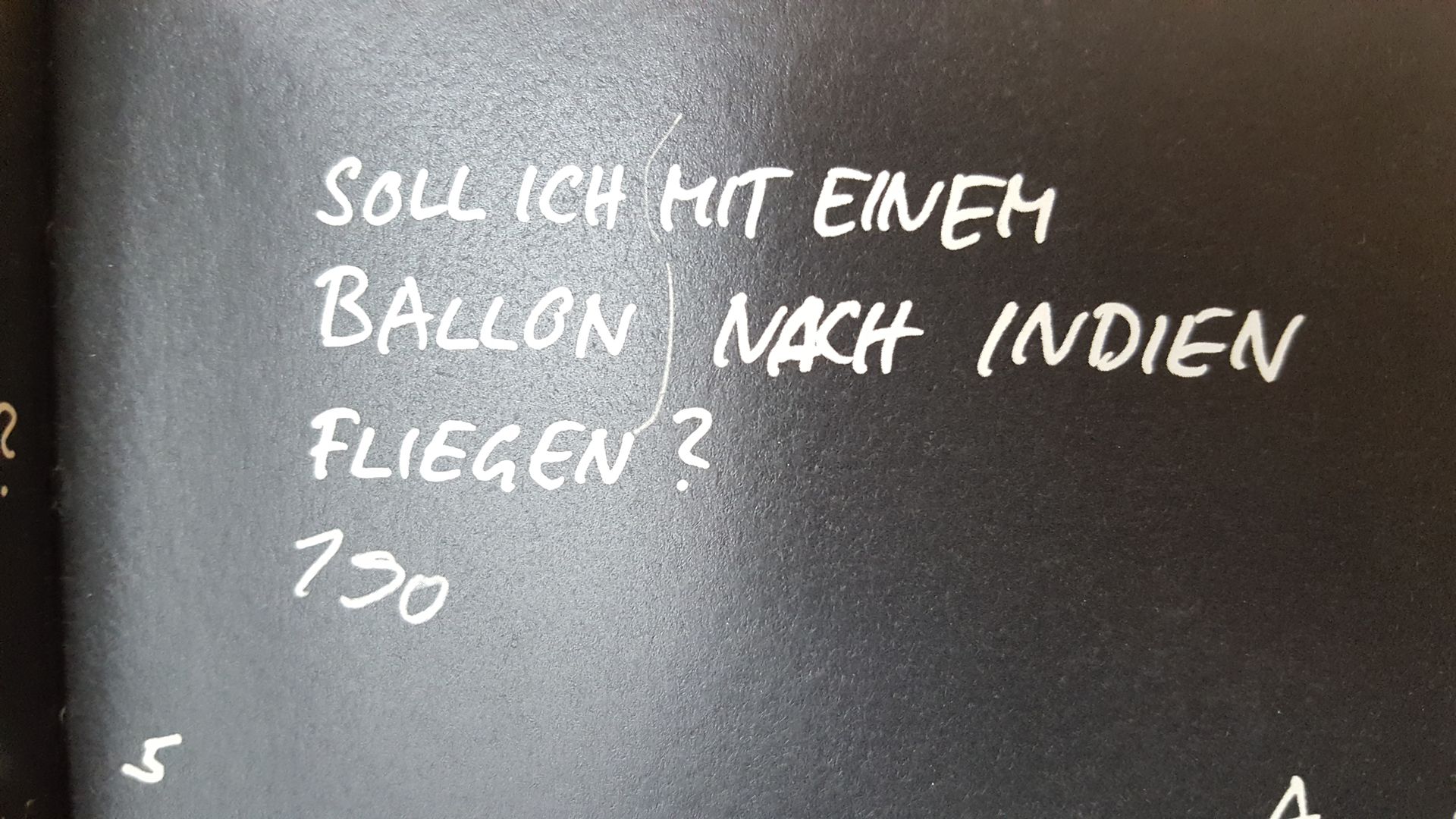
At some point I stumbled upon the question 'What would you do if you had no fears?' And I didn't have to think long about it. So I quit my new job, booked a flight, stored my things in boxes at my parents' house, and spent a few beautiful summer days there before getting on the plane on June 12th and flying to New Delhi. From there, I headed directly to Dehradun, the capital of the state of Uttarakhand. I had contacted a project beforehand, which invites volunteers from all over the world to support English teaching in schools in small villages in the foothills of the Himalayas. I had arranged with Naveen, the project coordinator, to stay one night in Dehradun and come to Barkot by bus the next day, where he would pick me up. The journey to Barkot was already a little adventure. Firstly, there was a taxi strike in the morning - apparently this happens quite often in India. Luckily, someone agreed to take me from my accommodation to the bus station. The guy was driving like a maniac, even by Indian standards. Then he was stopped by the police because he was talking on the phone while driving. The police didn't care that I was sitting in the back of the taxi and was worried about missing my bus. So I sat alone in the taxi for about an hour, practicing patience while the driver argued with the police 100m away. Eventually, I arrived at the bus station, where it turned out that there was no bus to Barkot. I could now write about how annoying it all was, how lost I was because my Indian SIM card stopped working, no one at the ticket counter spoke English, and I had no idea how to get to Barkot. I could also write that someone at the bus station helped me, lent me their phone to call Naveen, and that's how I managed to find the right bus stop. But then the trouble really started because there were about 500 people crowded around the ticket counters and I couldn't get a ticket for the last bus to Barkot. But there is no reason to tell the story from such a negative perspective. I was sure that I would somehow arrive in Barkot. And so I did. There were three teenagers in line with me. We were at the front when the ticket counters suddenly closed - lunch break - of course. The three of them and I realized that we had the same destination. In a mixture of Hindi, English, and body language, they explained to me that there wouldn't be any more buses to Barkot, but that we could go to Naugaon, which is only 10km away, and then take a taxi for the rest of the way. They also let me use their phone to call Naveen and update him on the situation. After about two and a half hours together at the ticket counter, a long bus ride (we had to stop often for a few men to get off and remove large rocks from the road that had rolled onto it), and a ride with eight people in a small taxi to Barkot, the three of them took me to a hotel and didn't leave until they made sure my room was okay, I had something to eat, and Naveen assured them on the phone that he would pick me up the next morning. With a smile on my face and grateful for these experiences at the beginning of my journey, I fell asleep that night.
The next morning, Naveen picked me up at the hotel right on time and had a surprise for me: as part of his work, he wants to encourage some men to offer independent trekking tours, and there is a test run for the next four days and I have the great privilege of being part of it. Still a bit sleepy, I just said 'ok, nice' and thought 'but I'm not prepared for hiking at all.' But there was no other option, and I already knew from the last tour in Darjeeling that I enjoy hiking in the mountains. So I packed my things and hopped on the motorcycle to Hanuman Chatti. There, another surprise was waiting for me.
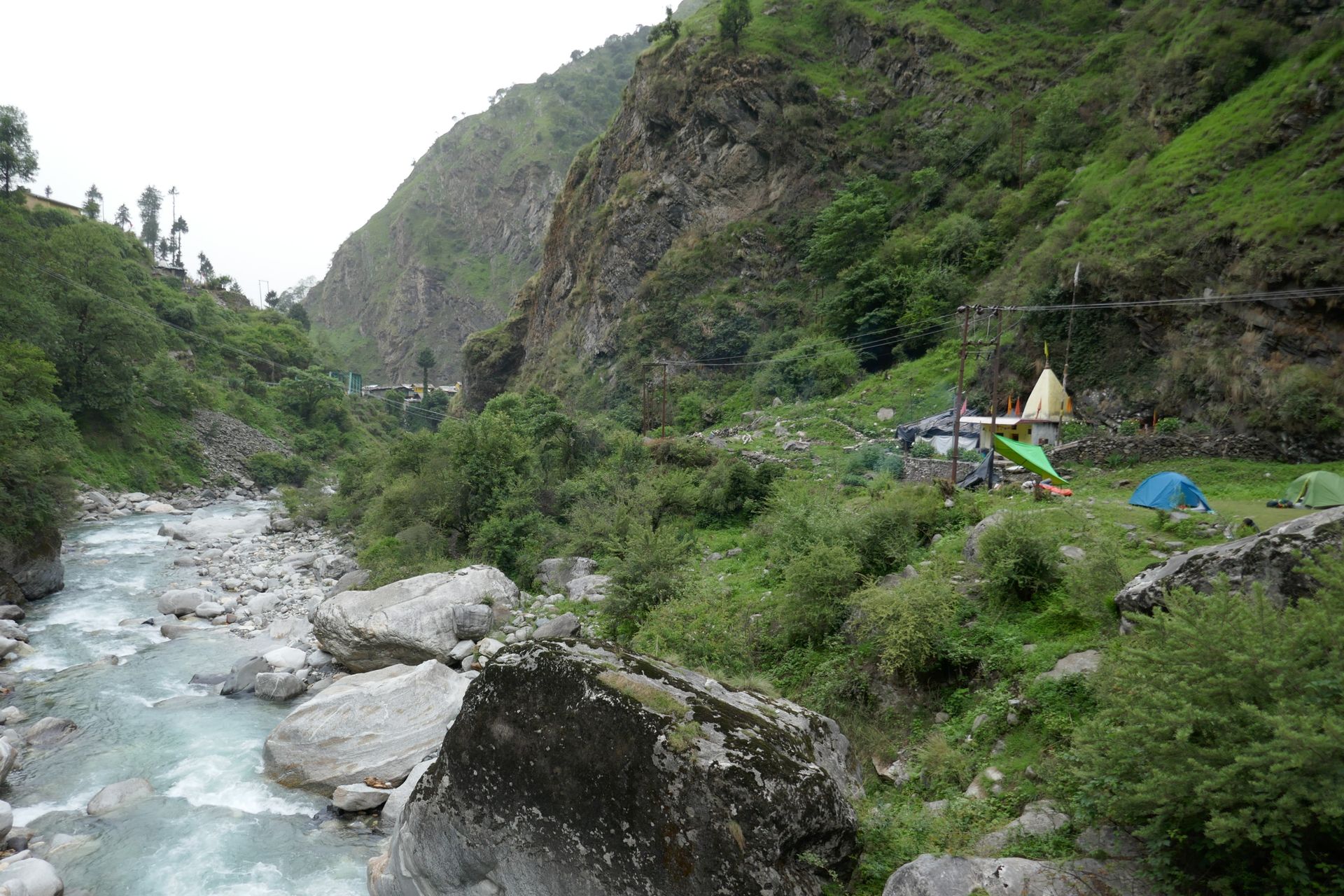
We would be spending the next few nights in tents. Besides me, there were also Vincent from Switzerland and Deepteh from Hyderabad, who had participated in the volunteering program for two weeks before.
The next morning, the tour started - we had planned to hike 10km and I thought 'that's nothing.' But I didn't expect such a steep ascent. It was strenuous, but also incredibly beautiful. The path took us past small villages, pilgrims, and blooming meadows...
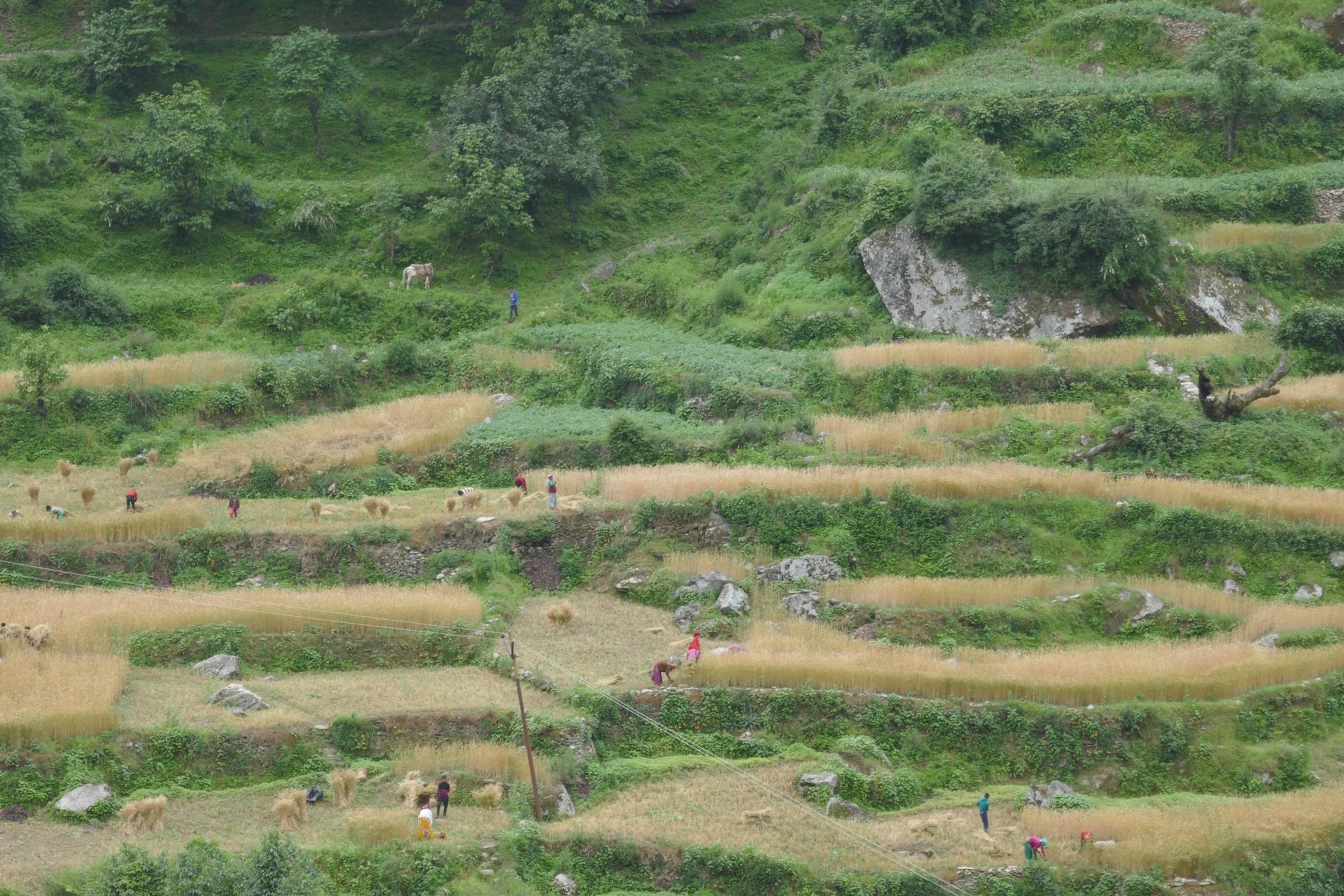

Cannabis is almost a staple food here.
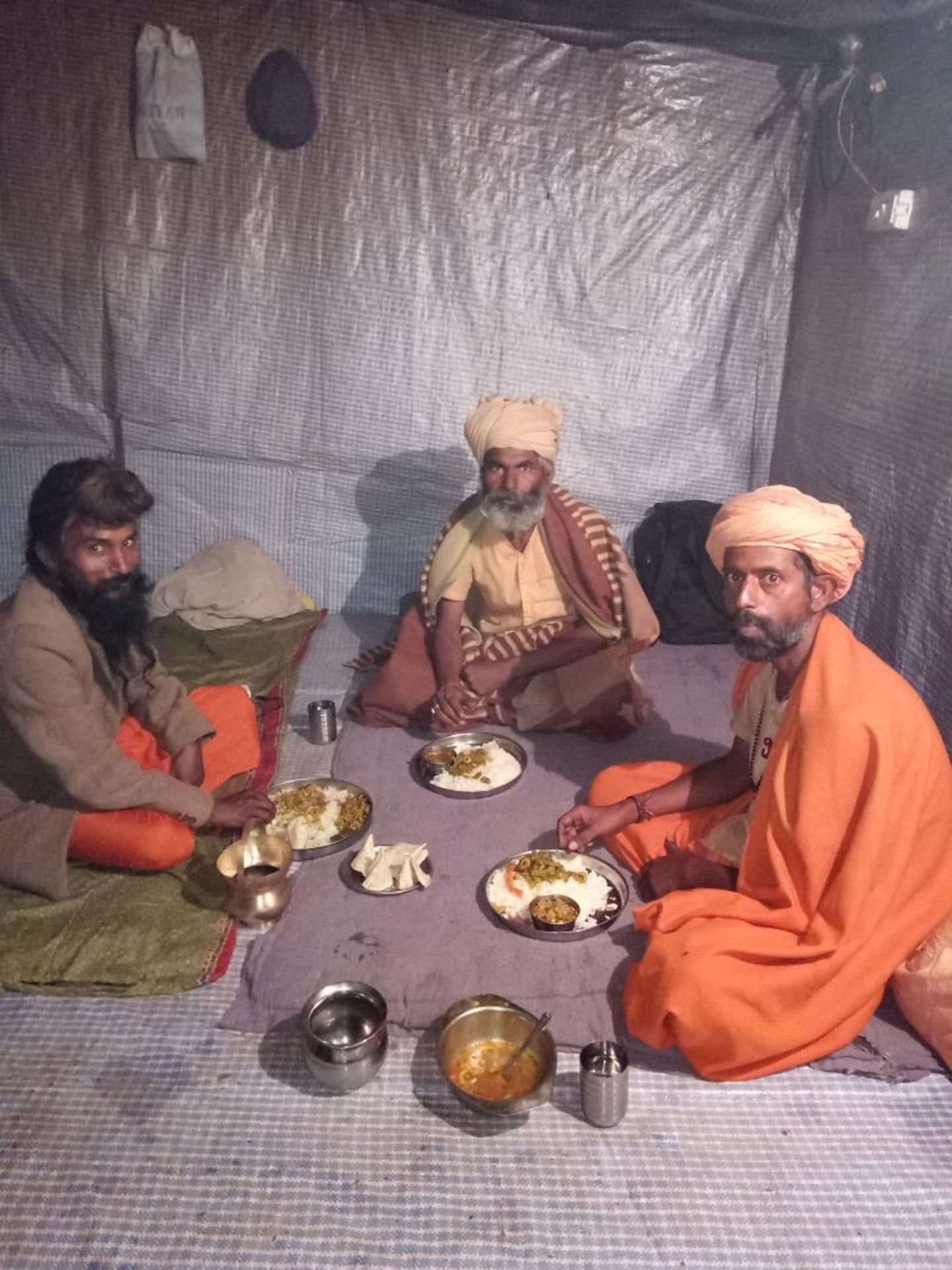

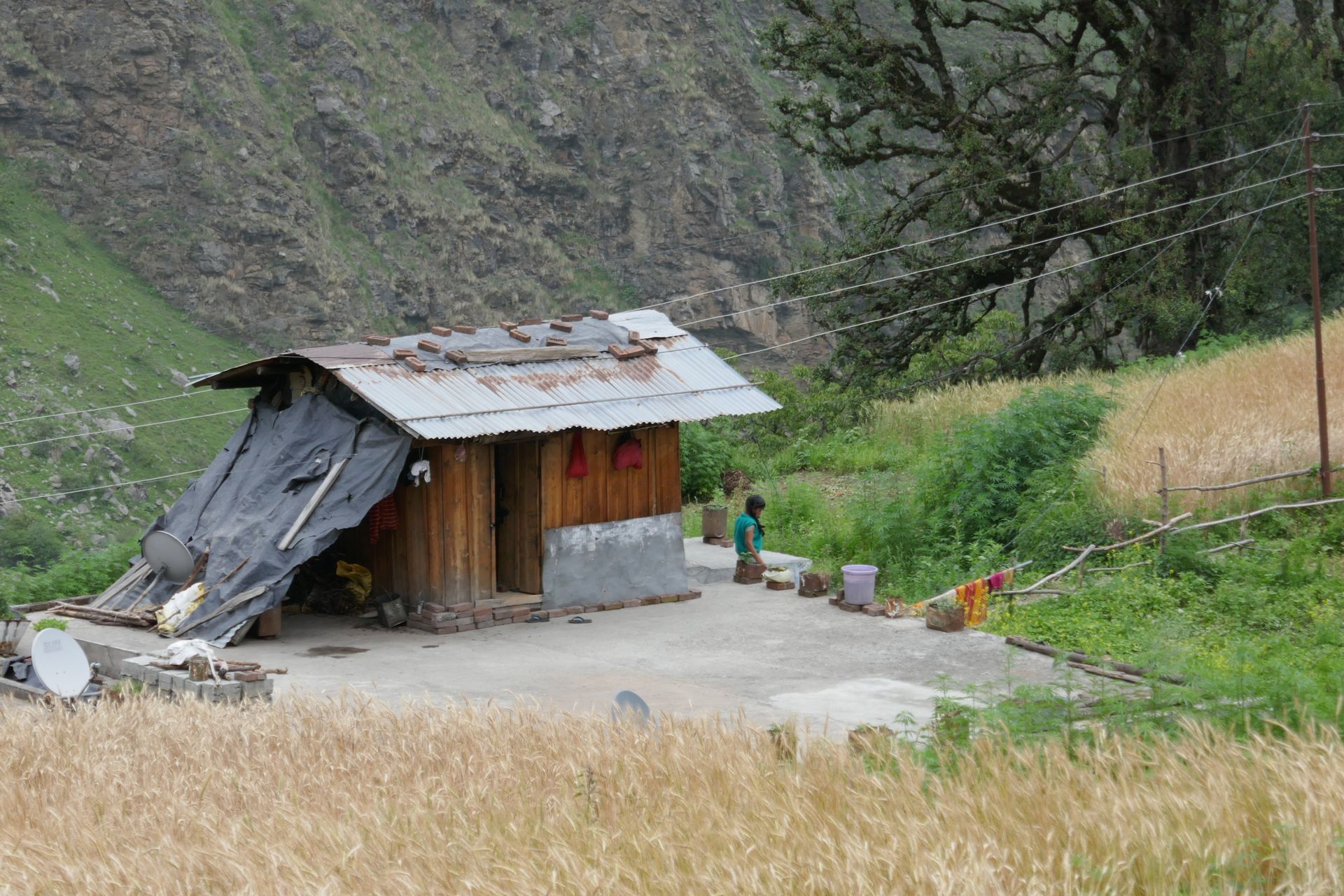

I was glad that the mules carried tents and provisions for us.
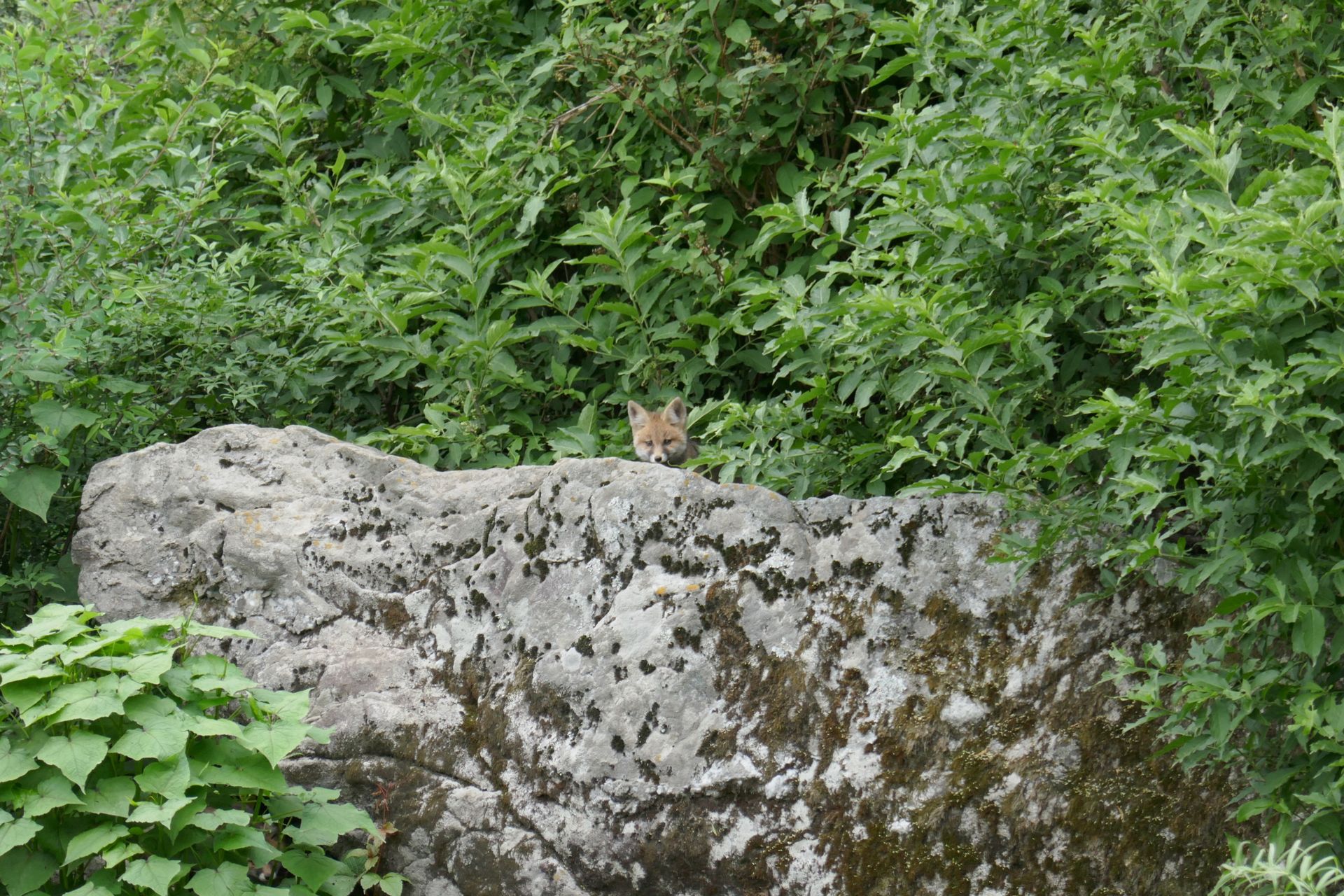
Mr. or Mrs. Fox curiously watches our group.
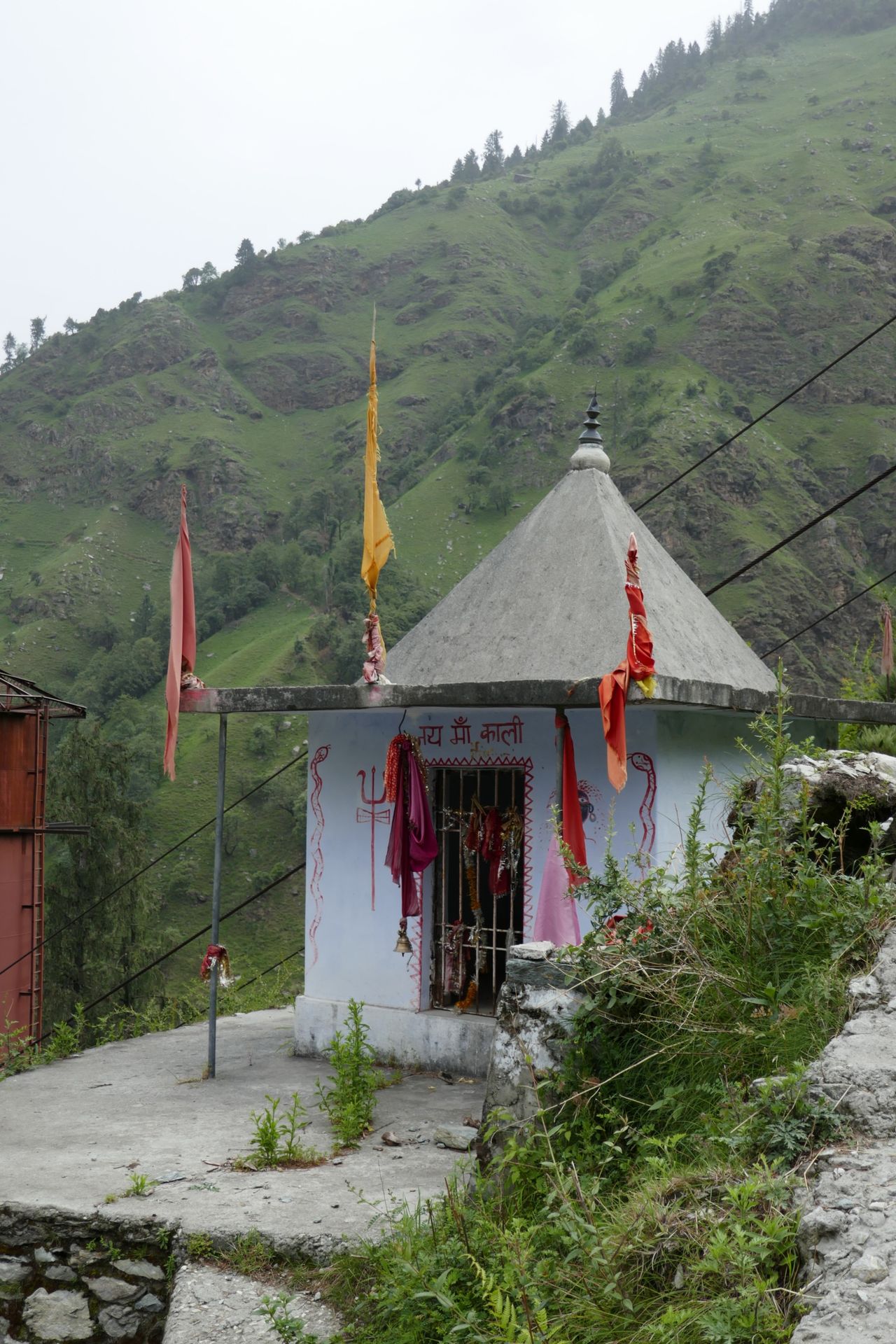
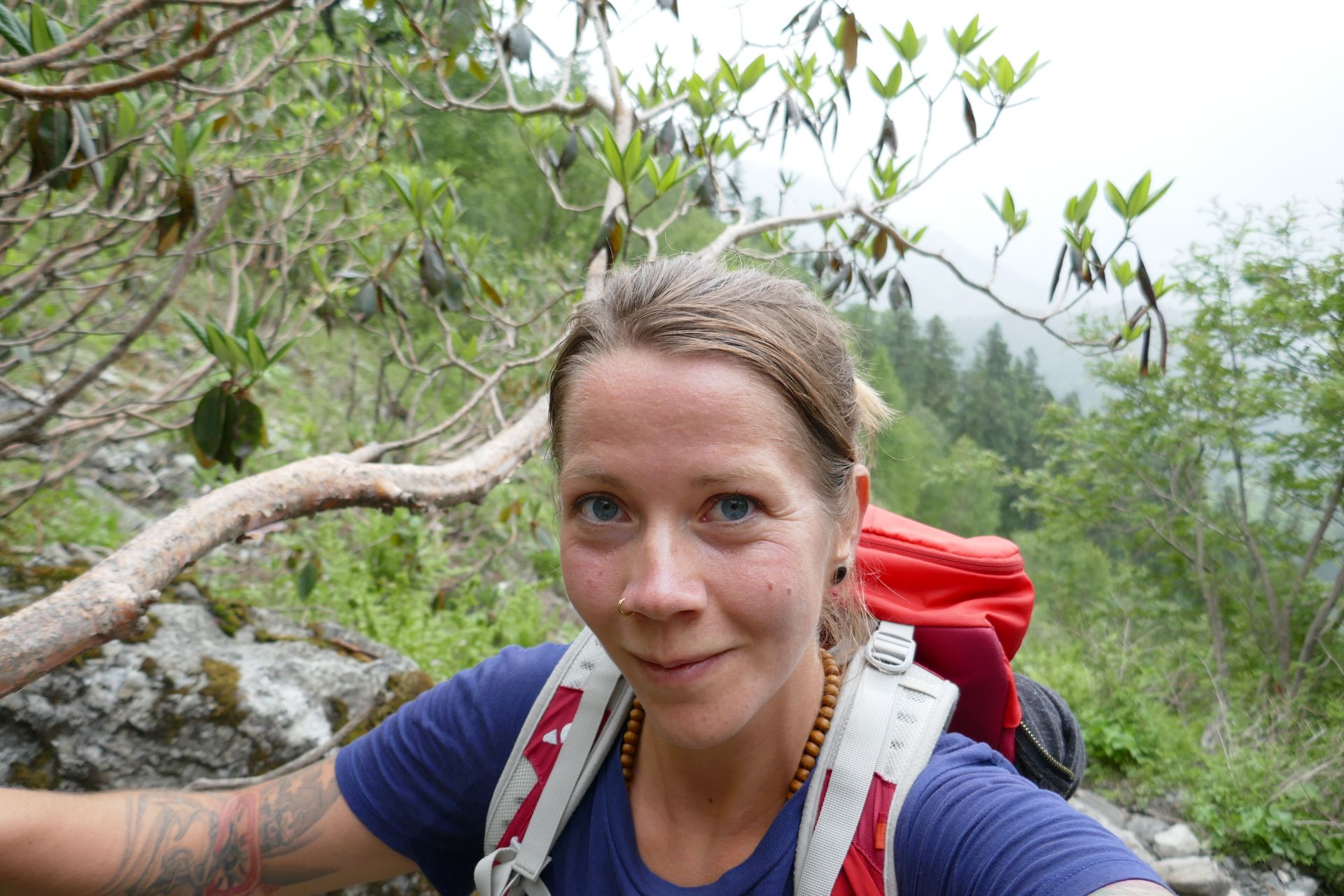
Exhausting!!!
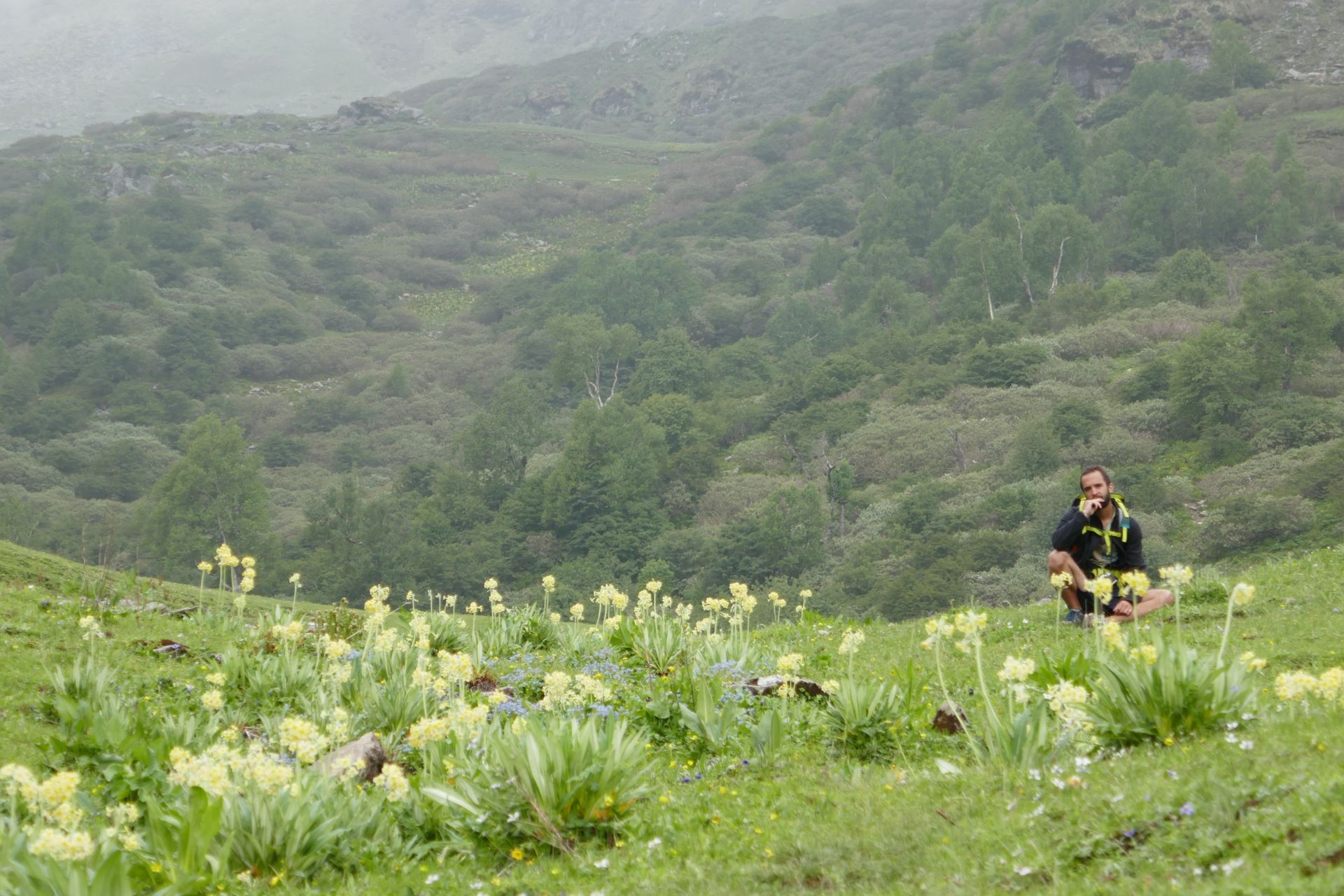
But the climb is worth it.
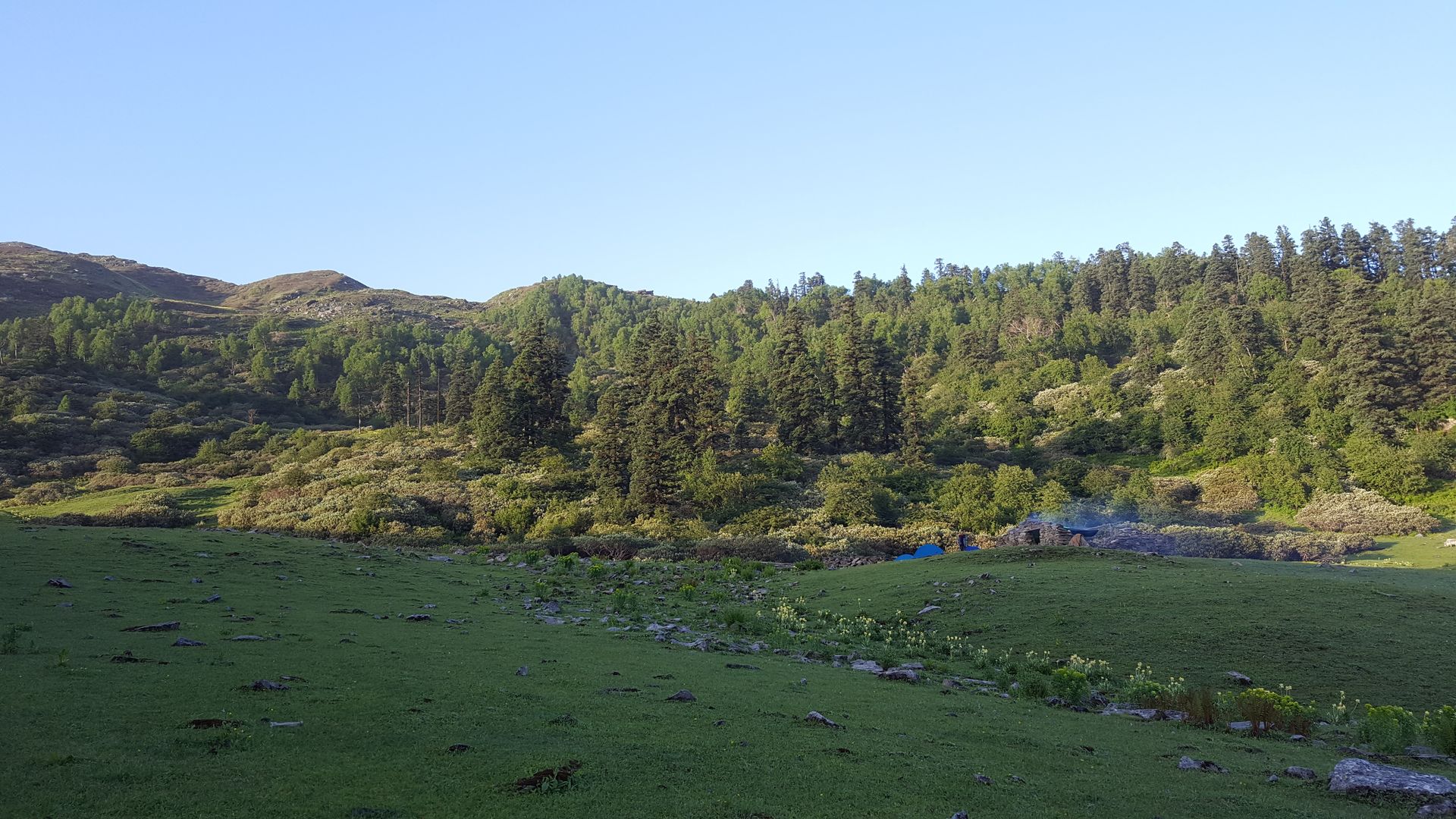
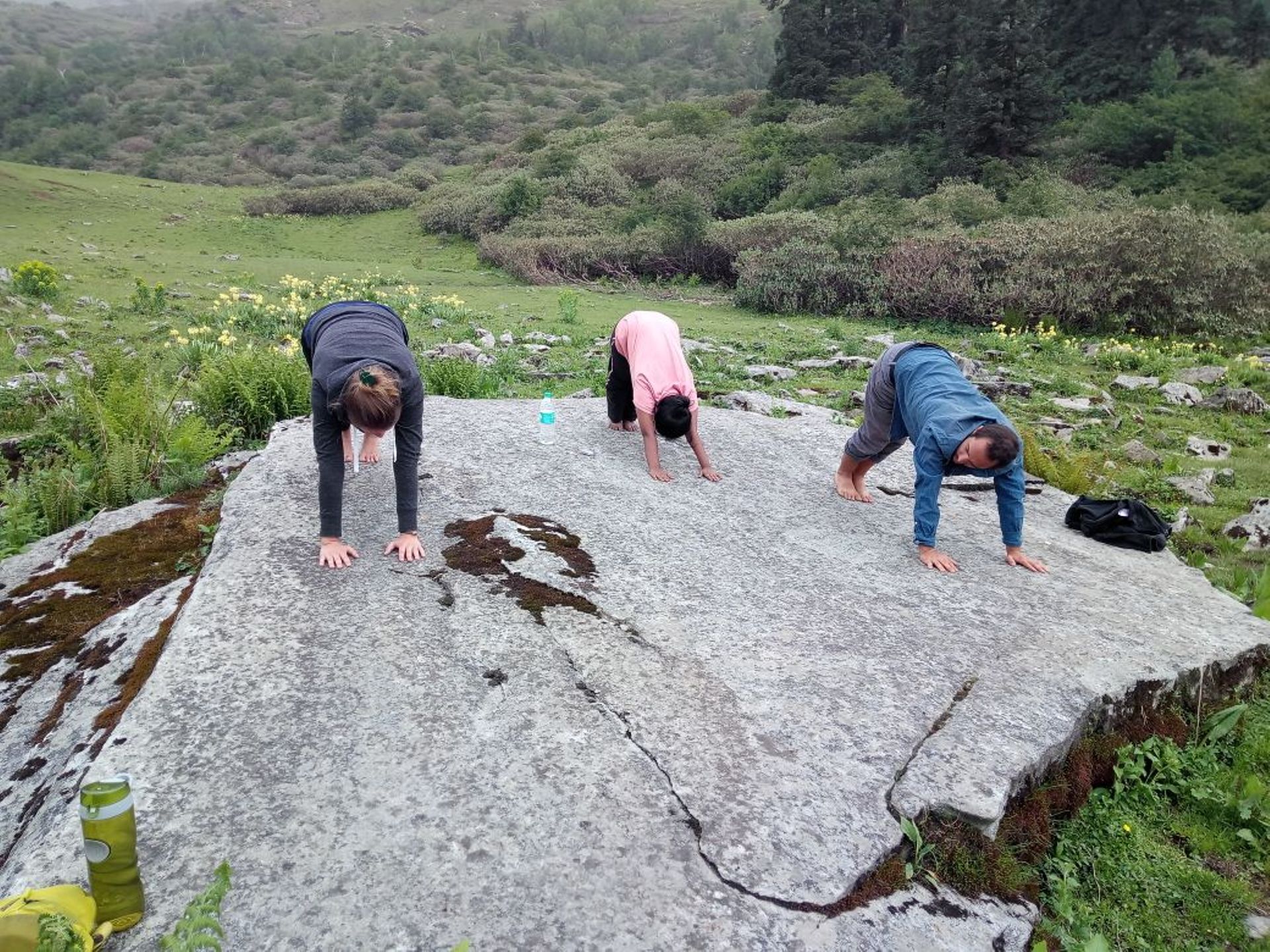
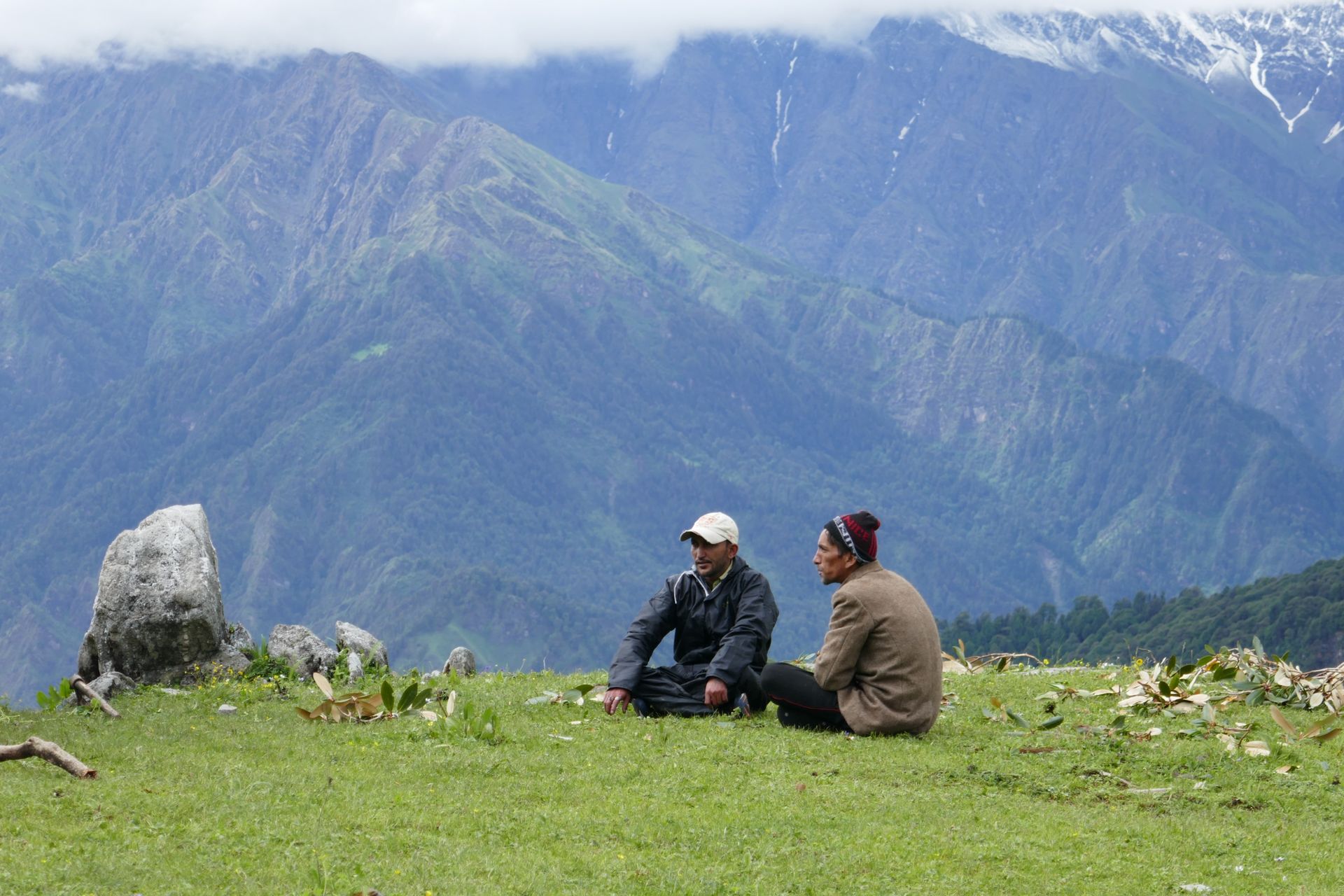
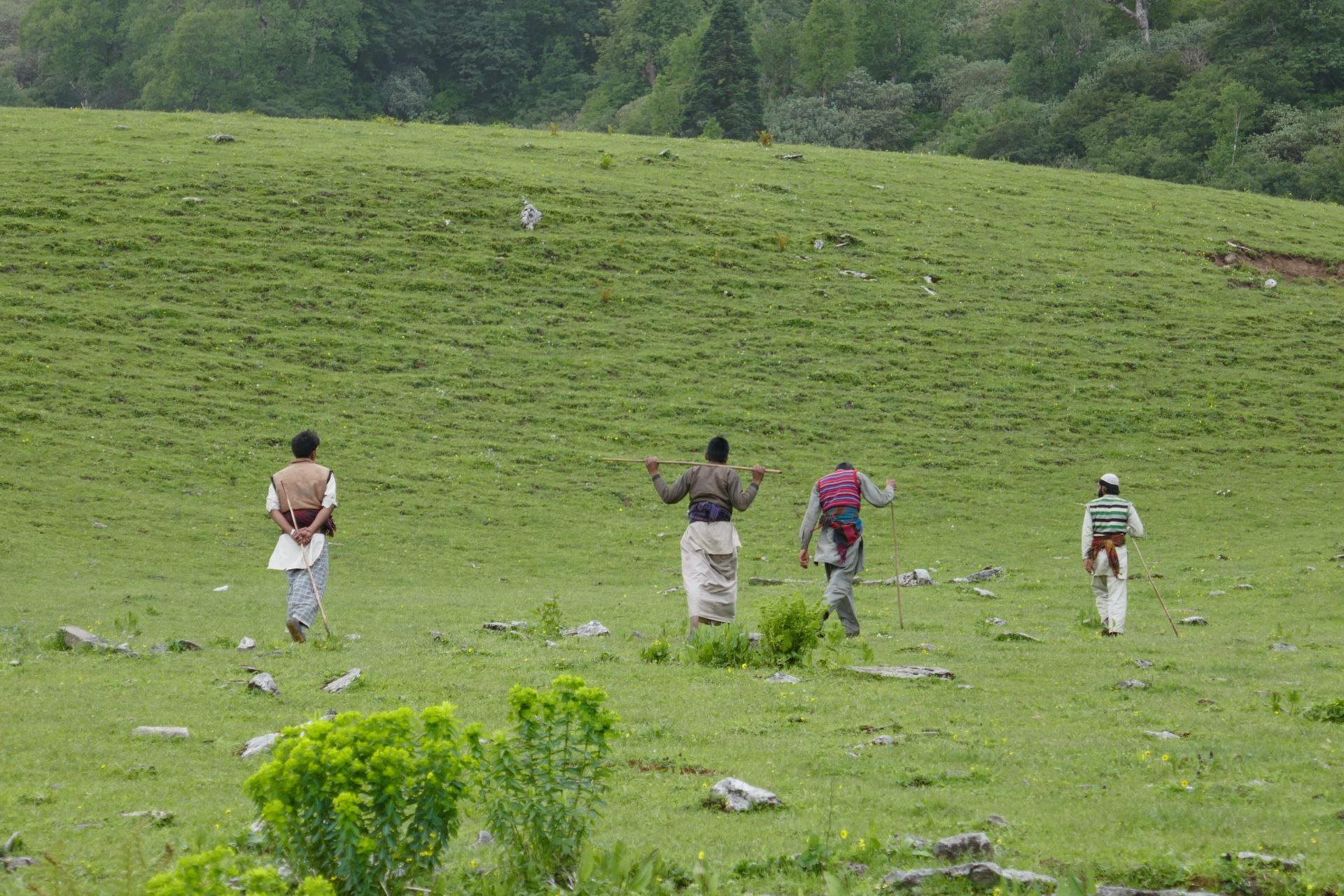
For the second day, another short but steep stage was planned. However, it had started to rain heavily in the night and it didn't get better in the morning. So we stayed at our camp and spent time in the tents and our small 'kitchen'.

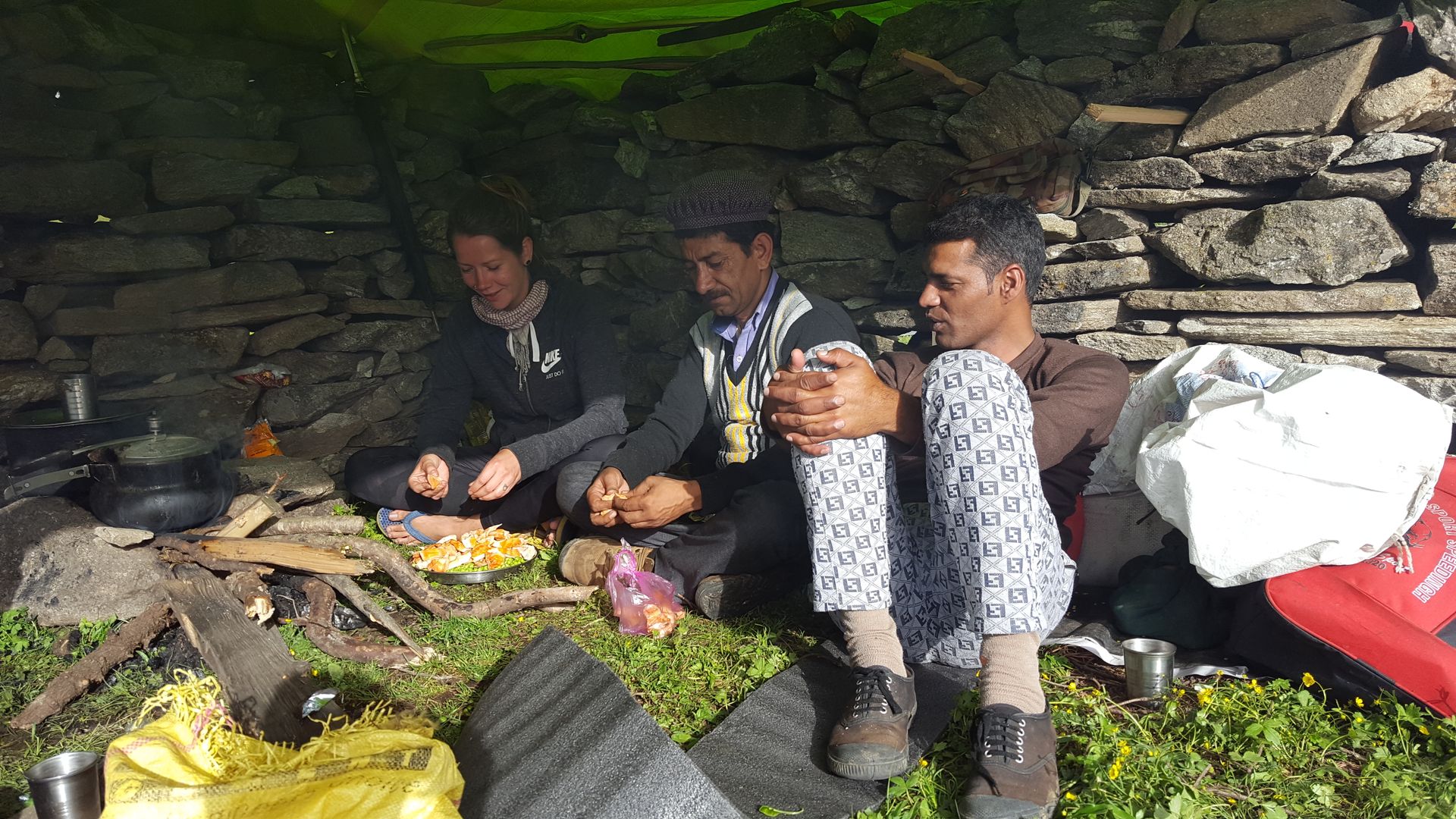
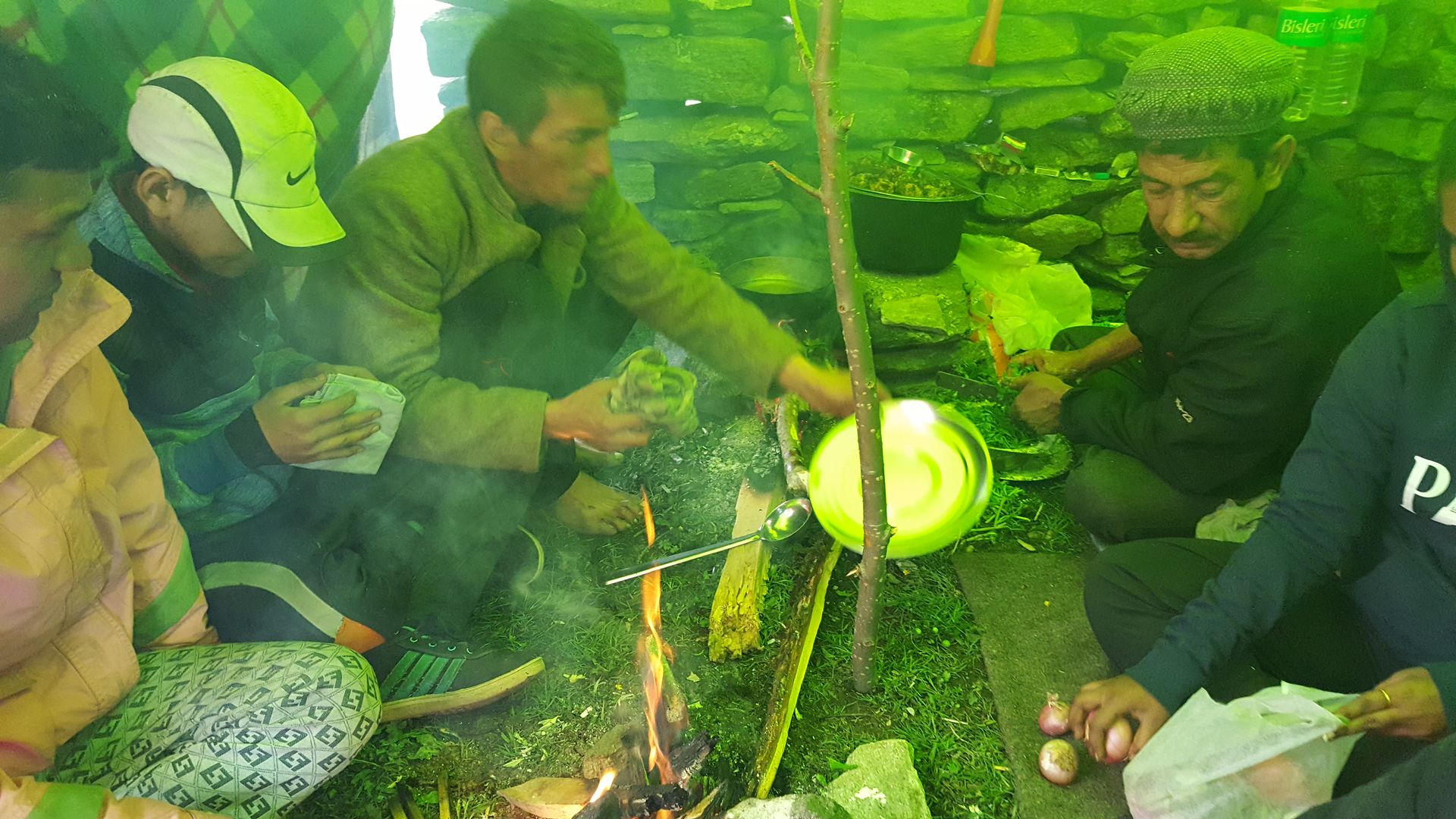
A small part of everything that is cooked (a piece of vegetable or a sip of tea) is always thrown into the fire as an offering to the gods. I will observe this frequently here in Uttarakhand.
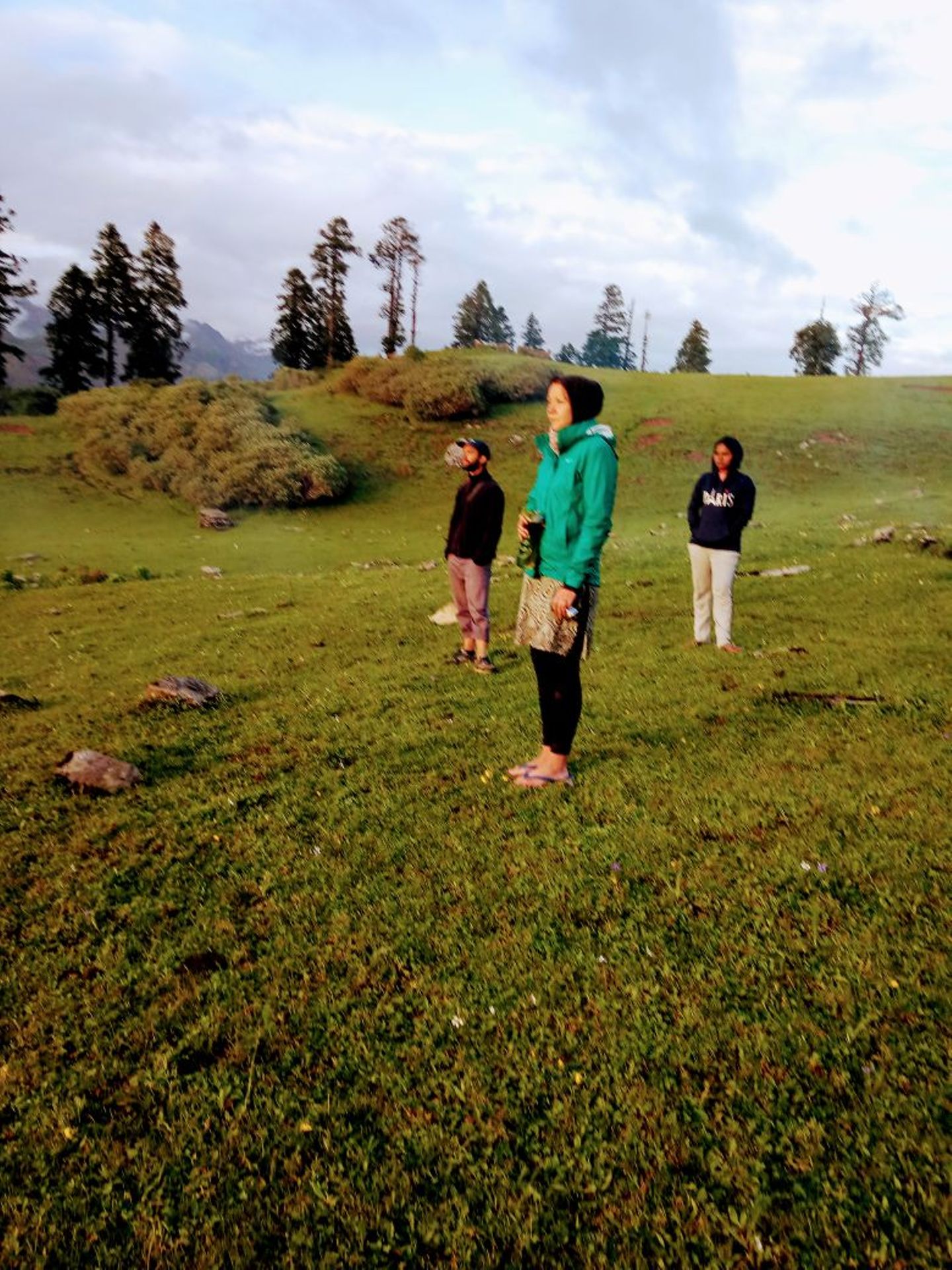
After rain comes sunshine.
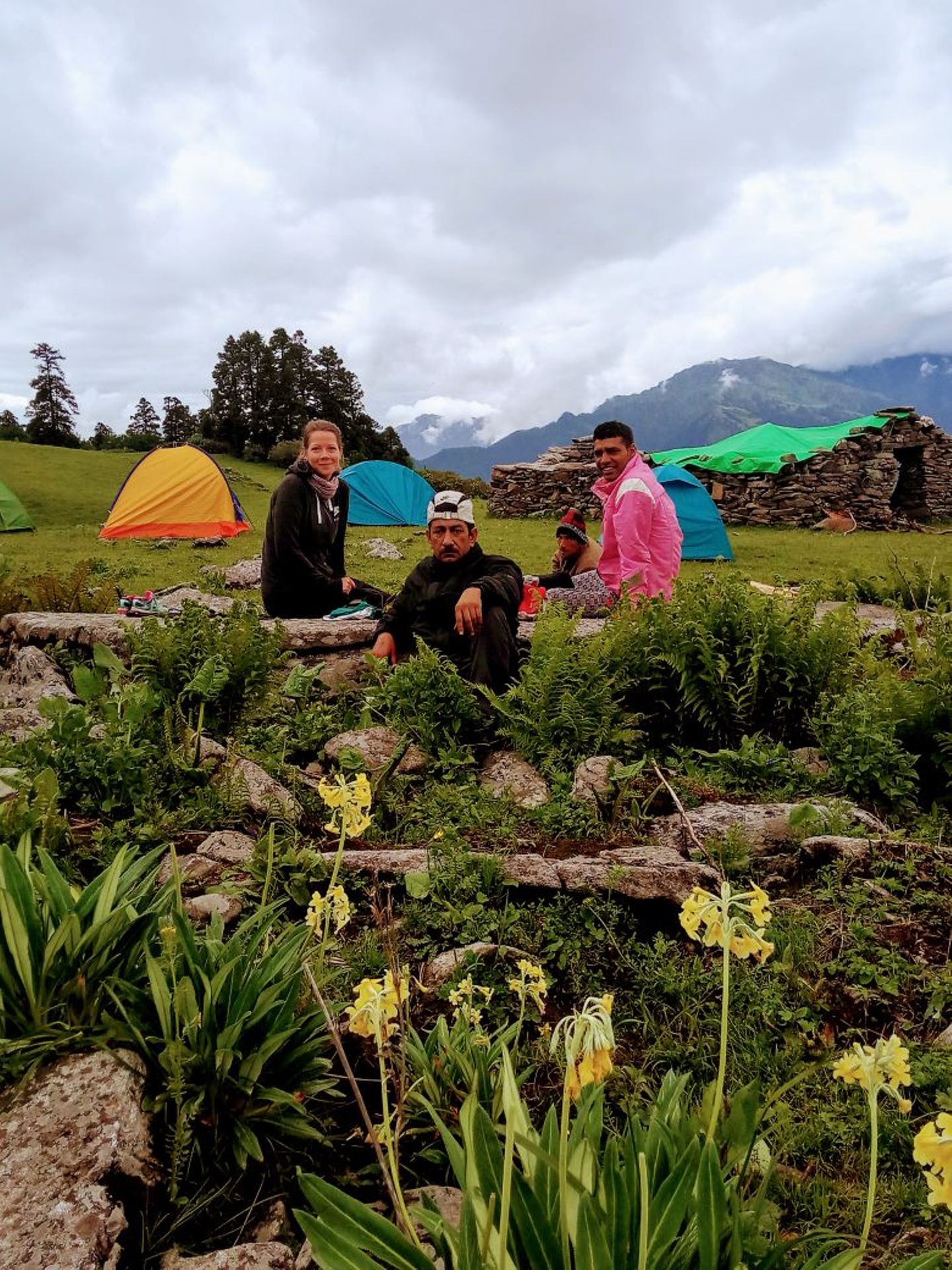
I don't know if it was the smoke from the fire that we inhaled for hours, the cooked fern we ate the day before, the cannabis pakoras, or the wild mushrooms we collected, which tasted really good. Maybe it was also the Himalayan spring water or a combination of everything. In any case, Deepteh, Vincent, and I were all sick in the evening of the second day. The next morning it wasn't any better - rather the opposite. So we decided to end the tour one day earlier and go back to Hanuman Chatti. We had to walk the whole way back, this time steep downhill. Since there are no roads, walking was the only option.
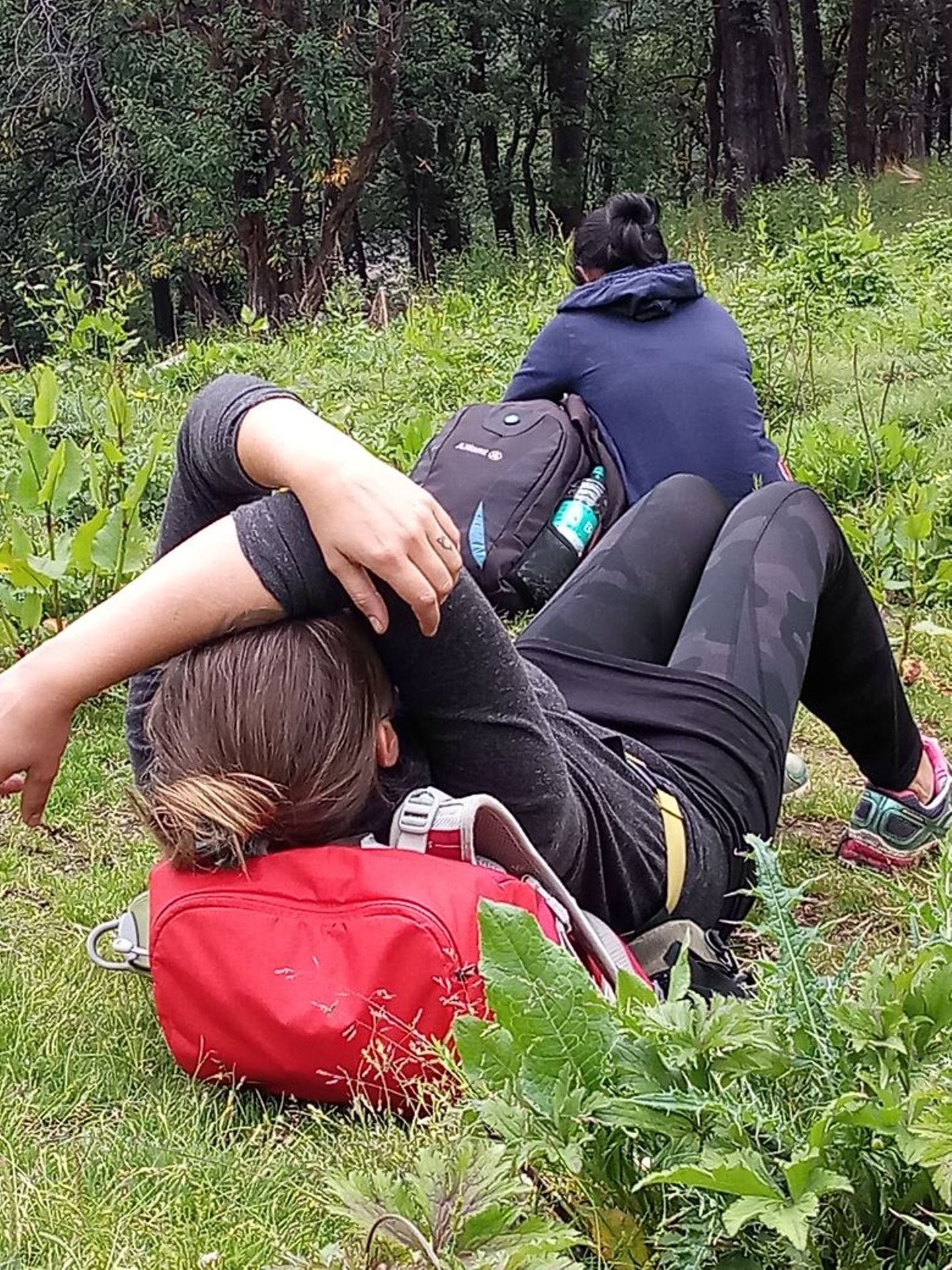
We struggled back with many breaks and were glad that we didn't have to sleep in tents that night. It was quite cold in the mountains. Despite everything, it was a great trek and a nice start to my time in Uttarakhand - the land of the gods. The people who live here also call it 'Dev bhoomi', the abode of the god Shiva. There are many pilgrimage sites here and hardly any Western tourists. After a night in a proper room with a bed, I felt better. I said goodbye to Deepteh and Vincent, and then, with my luggage, got on Naveen's motorcycle and continued to Karadhi, my actual destination, where I will be staying for the next three weeks.
Karadhi is a small village near the city of Barkot. It is surrounded by green mountains on the Yamuna River, which originates in the Himalayas and flows through Delhi and Agra, among other places. So I have already seen this river from the Taj Mahal, even though I didn't know its name back then. In Karadhi, it was always present in my consciousness because the loud rushing sound was sometimes the only sound around.
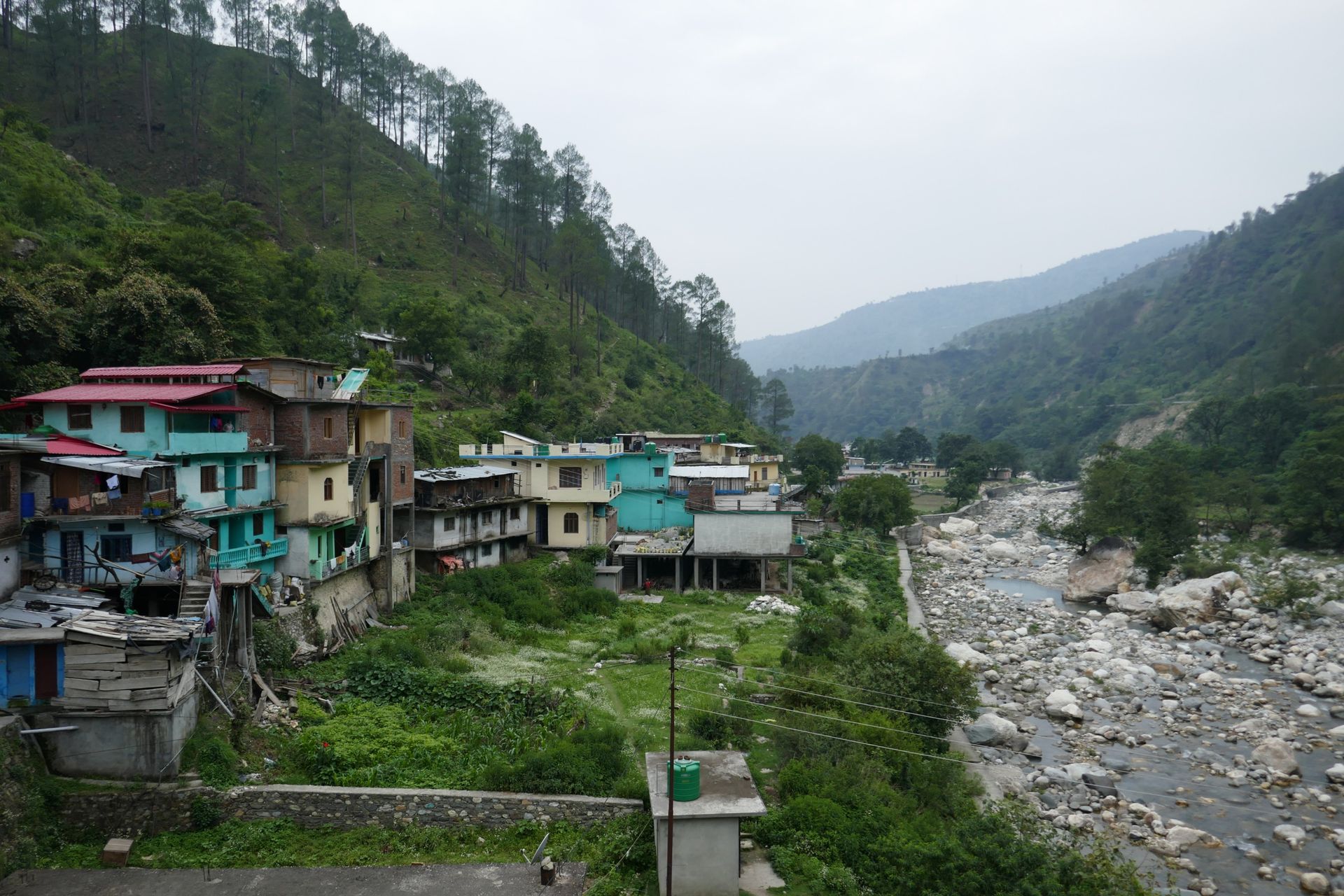
Moreover, I looked directly at the river from the balcony in front of my room...
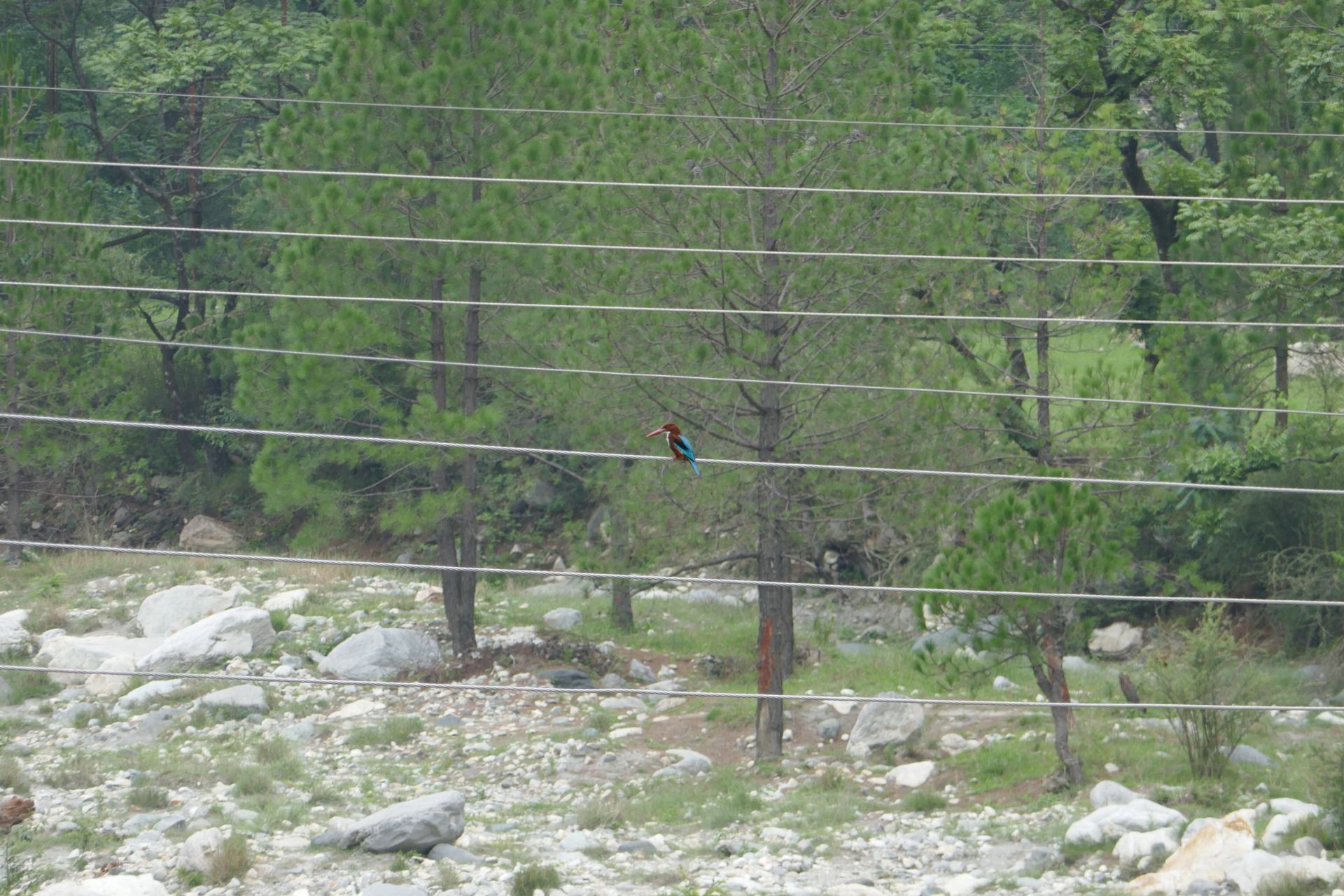
...and was happy to see Kingfishers again
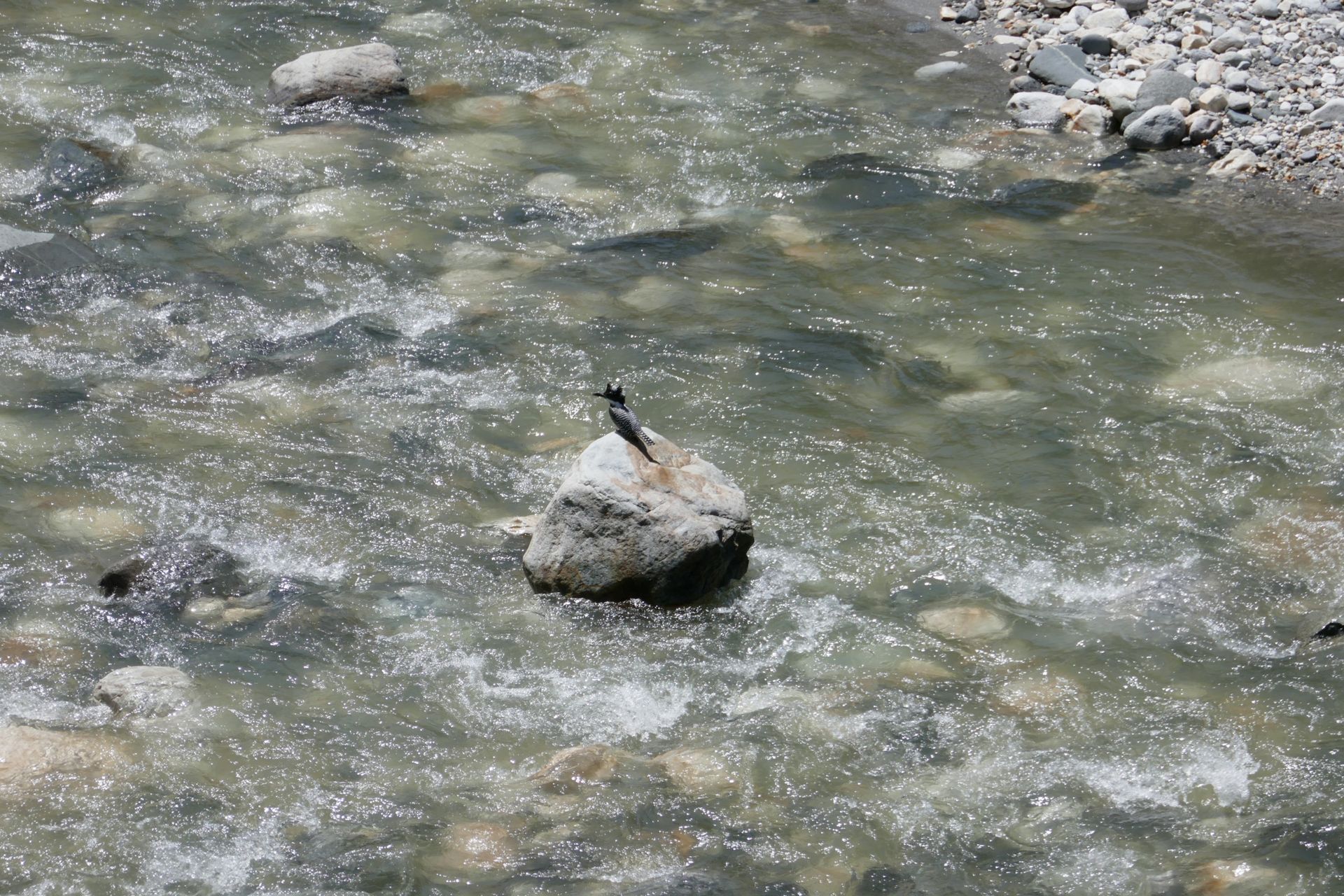
...which I didn't know before.
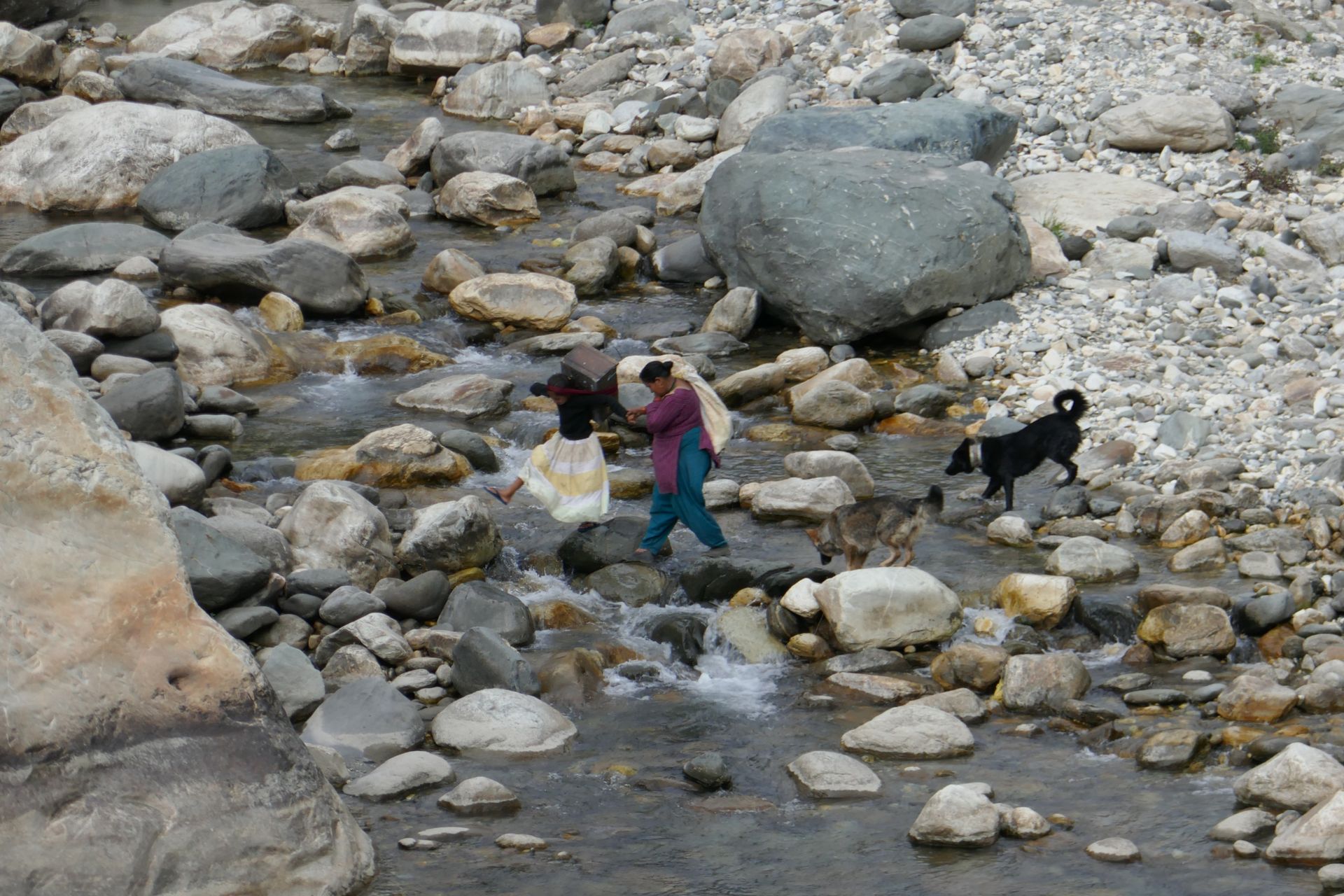
Initially, it was easy to cross the river on foot since it didn't have much water. Sometimes, I sat on one of the rocks and dipped my legs in the cold and clear water. The woman crossing the river with her daughter comes from a higher part of the mountains. You can tell by the fact that the dog wears a wide collar with long metal spikes. This is meant to protect it from tiger attacks - because tigers bite directly into the neck of their prey.
If you don't want to walk or have a lot to carry, you can also cross the river in the so-called 'trolley'. You just need enough strength in your arms and should preferably not be afraid of heights.
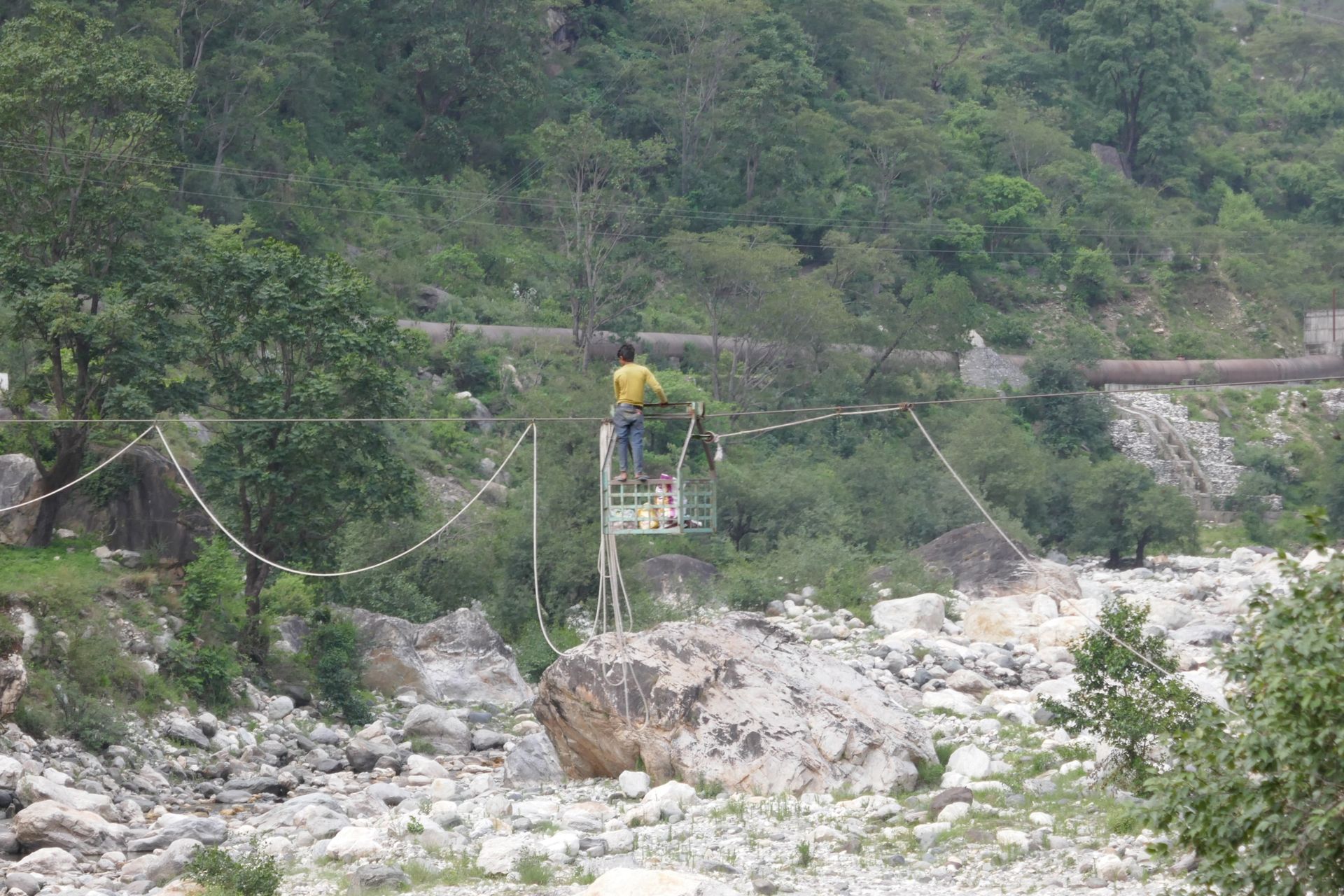
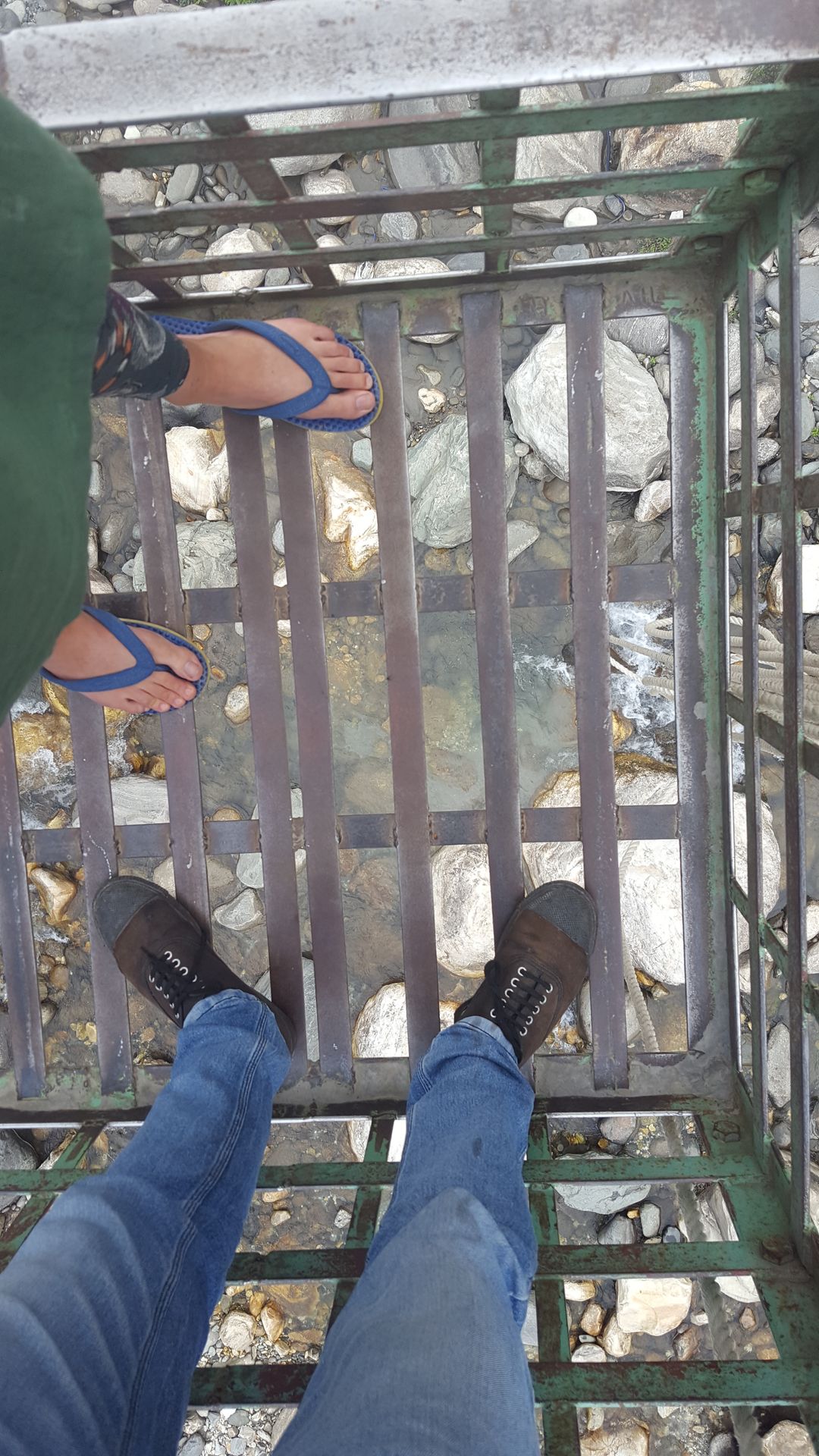

Once, Naveen and I also used this method to cross to the other side. However, we got stuck after three-quarters of the way and luckily got help from the cheerful boy on the other side. He laughed a lot and pulled us the remaining meters. He is from Nepal and has been living on this side of the river for a year together with other Nepalese workers who are building a bridge here. They live in very basic conditions in small tin shacks, whole families with young children, some of whom were born here. When we got off the trolley, our savior showed us around the small settlement and invited us to drink homemade rice wine, which tastes more like beer, and allowed us to sit in one of the small 'houses' that are often shared by four or five people.
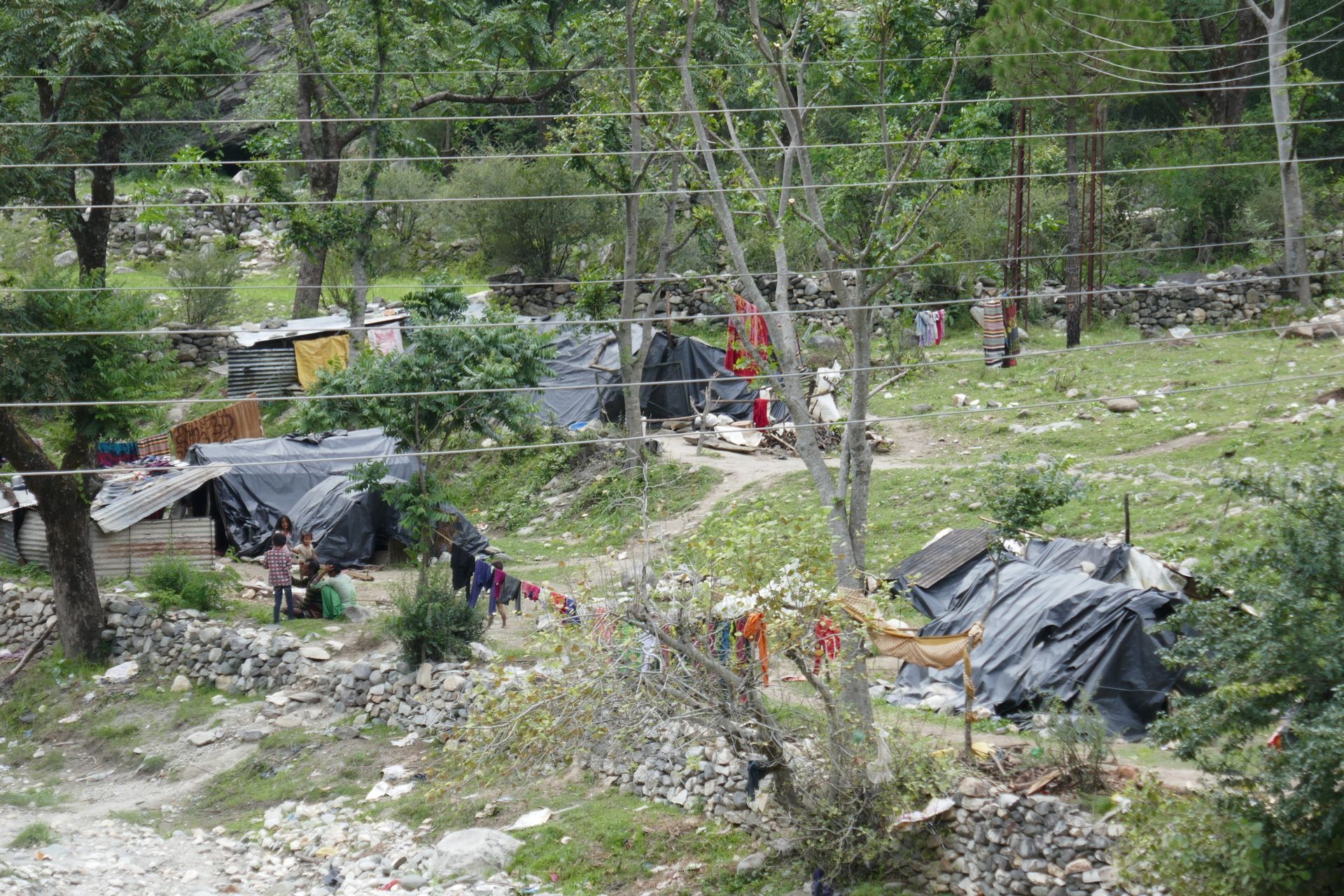
The river is vital for these people, and I could spend hours watching life from the other bank.
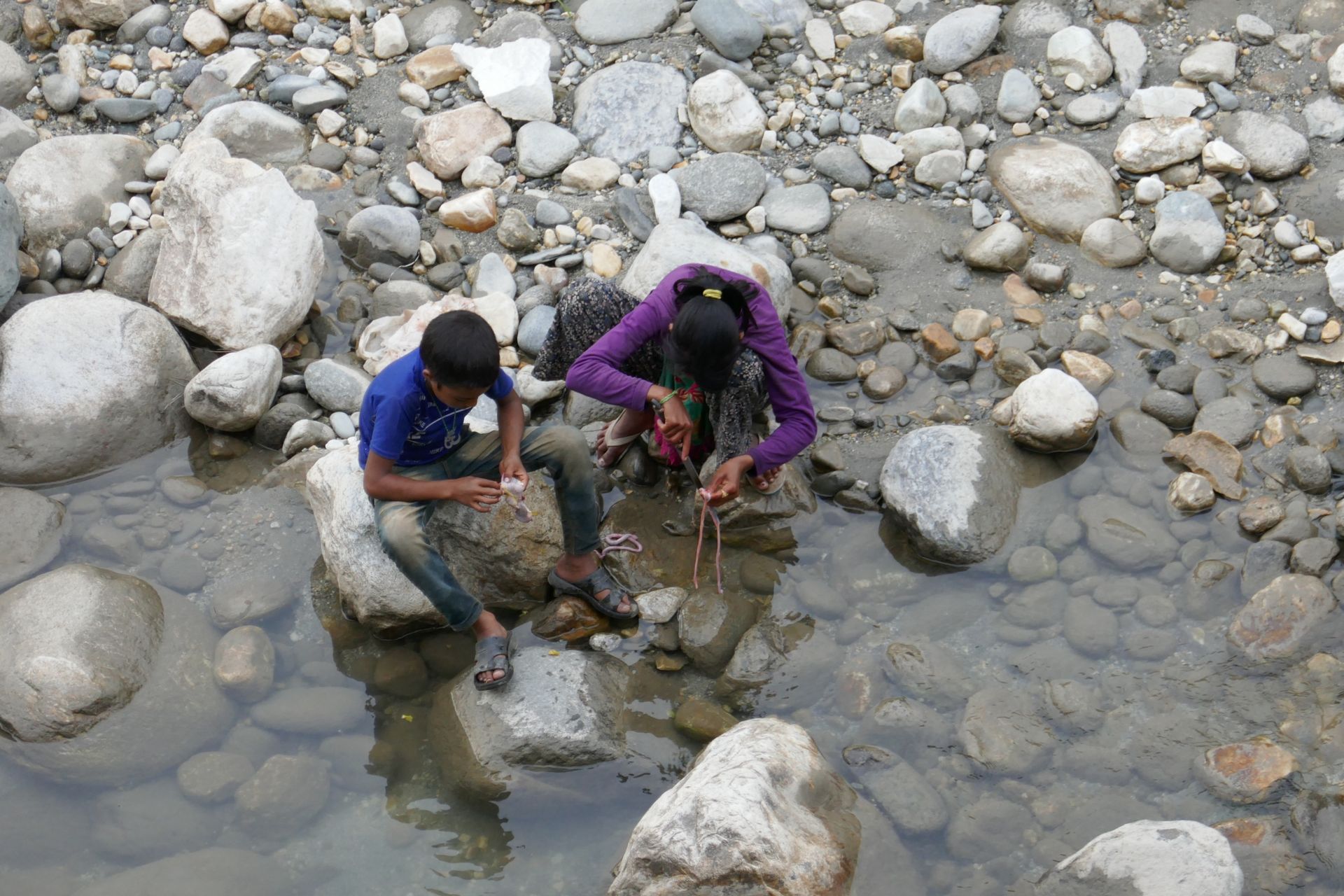
Children washing the innards of a freshly slaughtered animal...
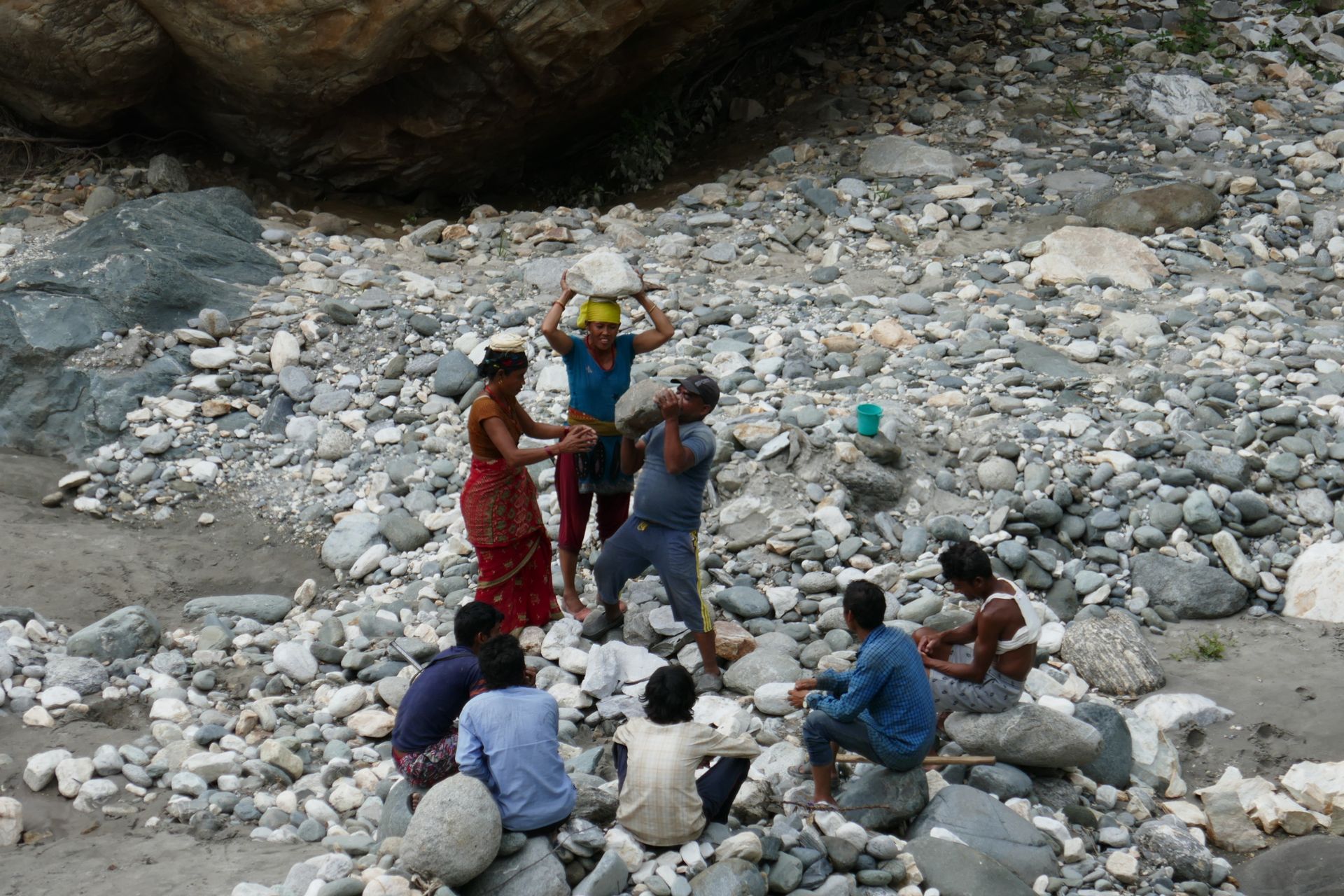
Women carrying heavy rocks...
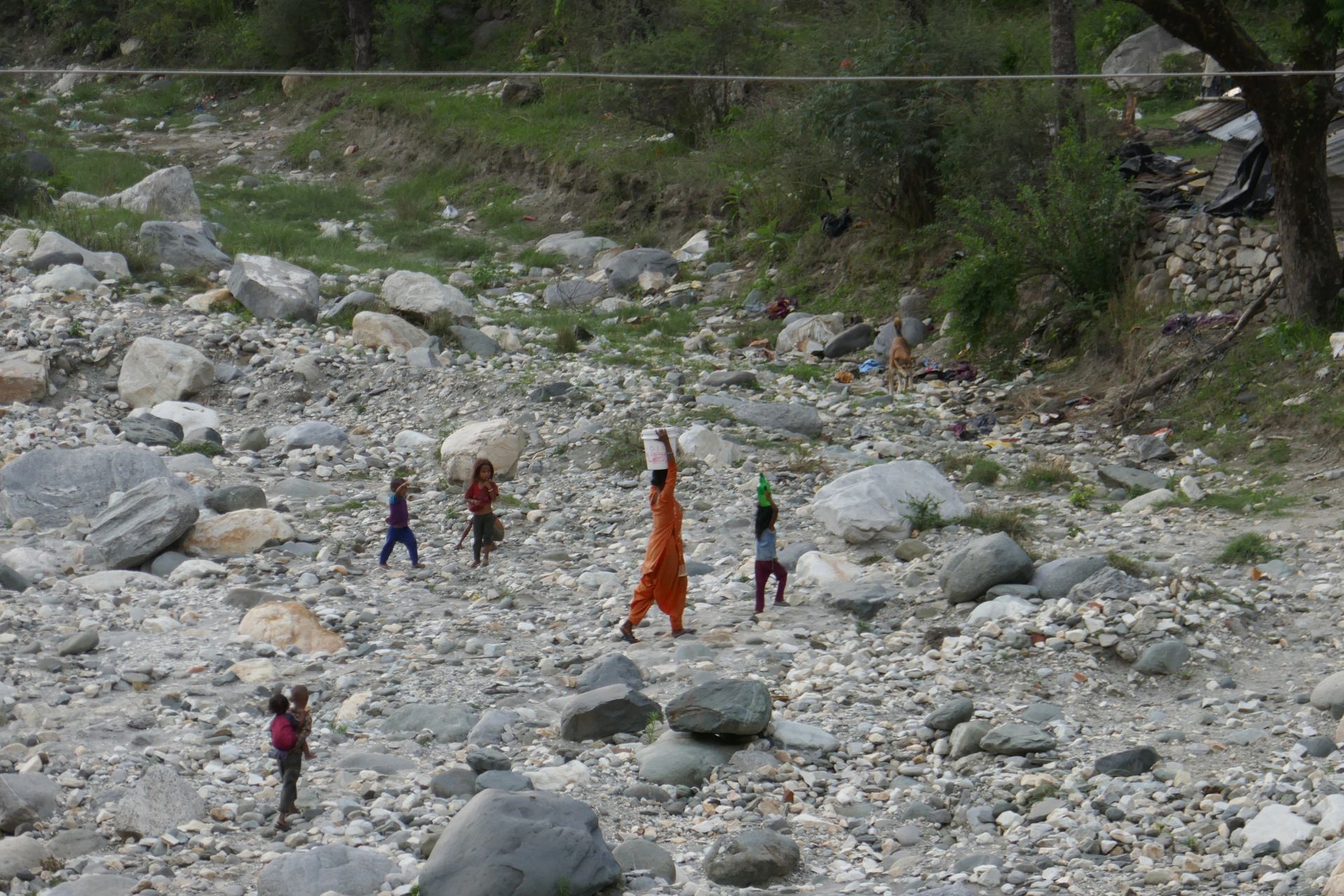
... or water
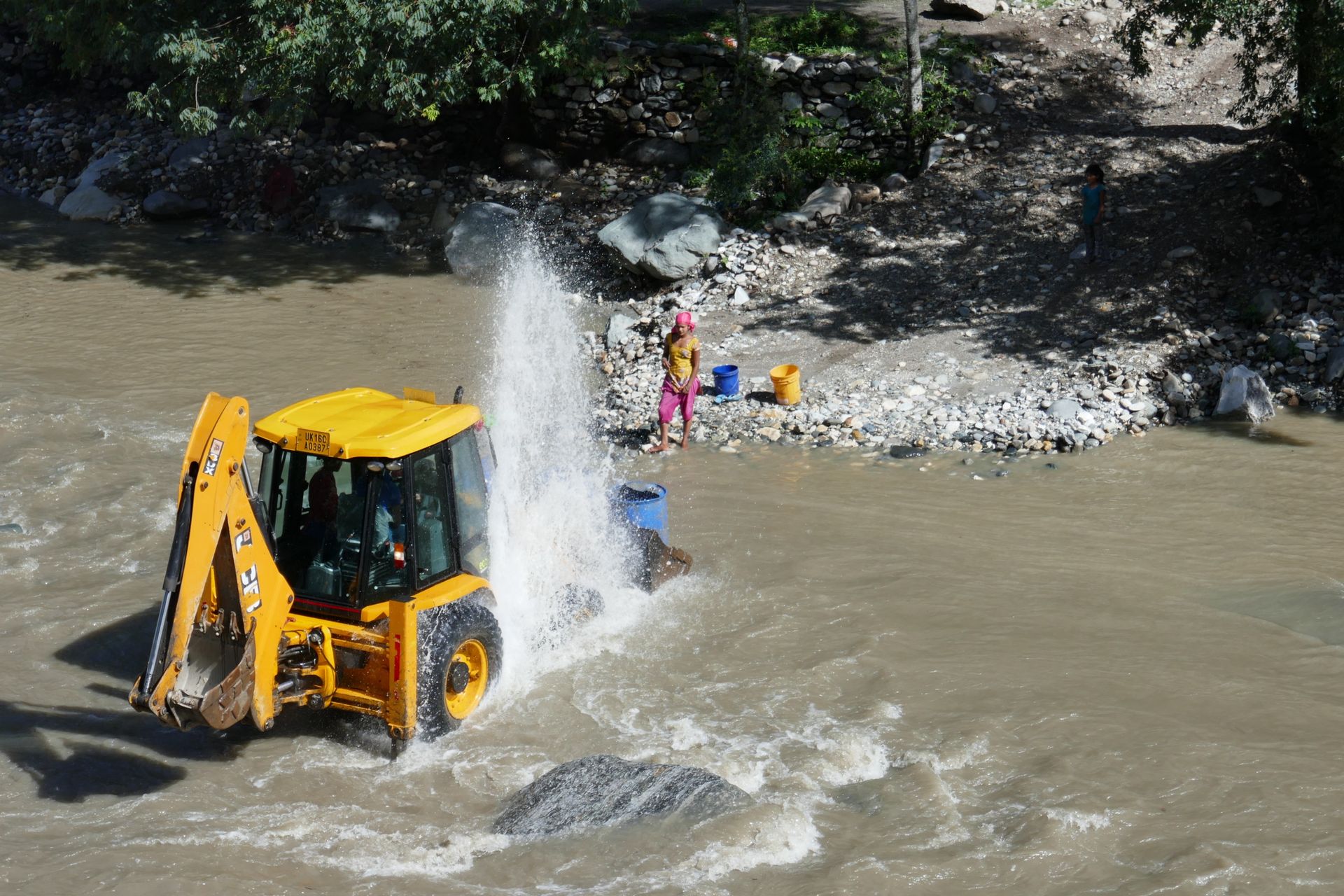
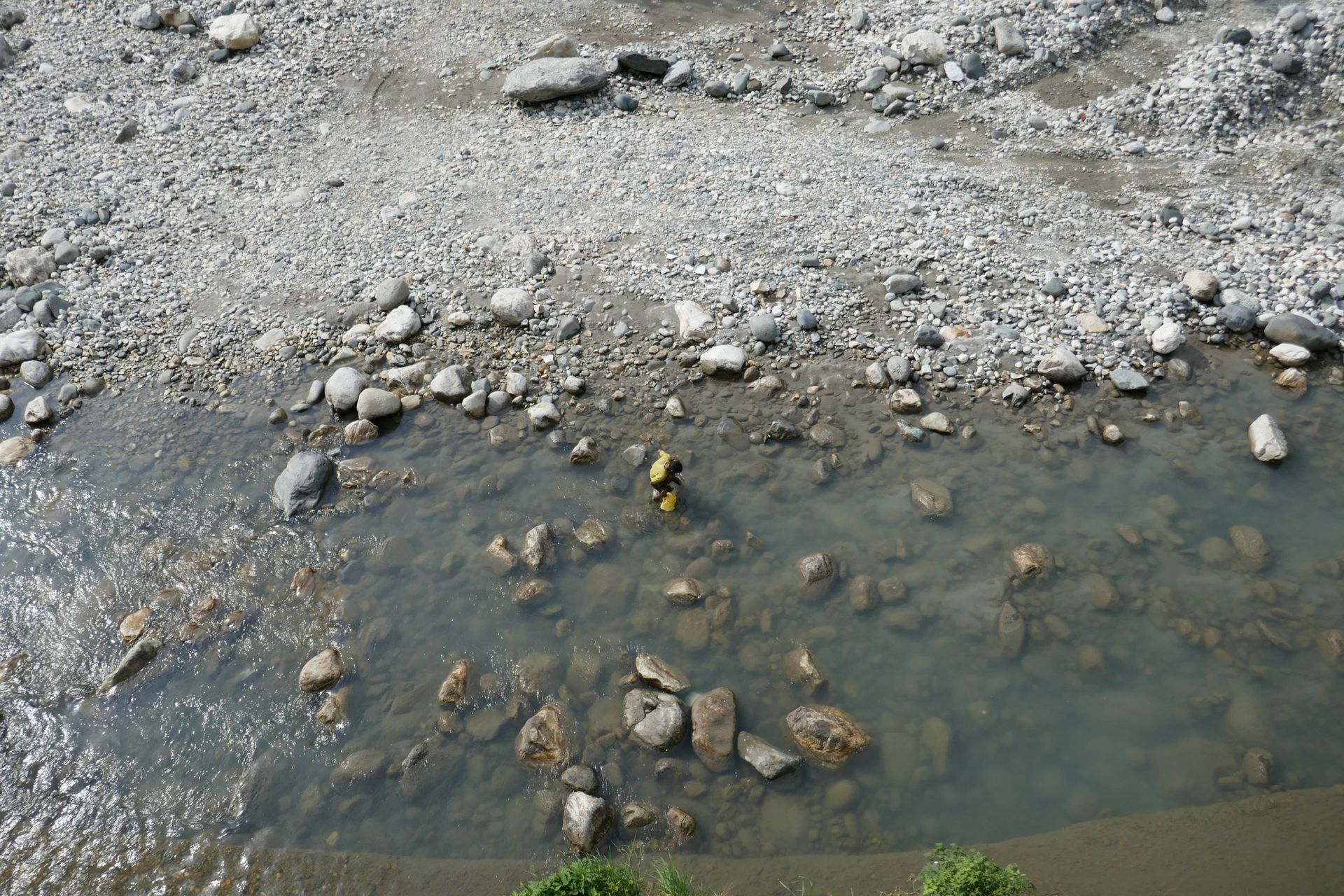
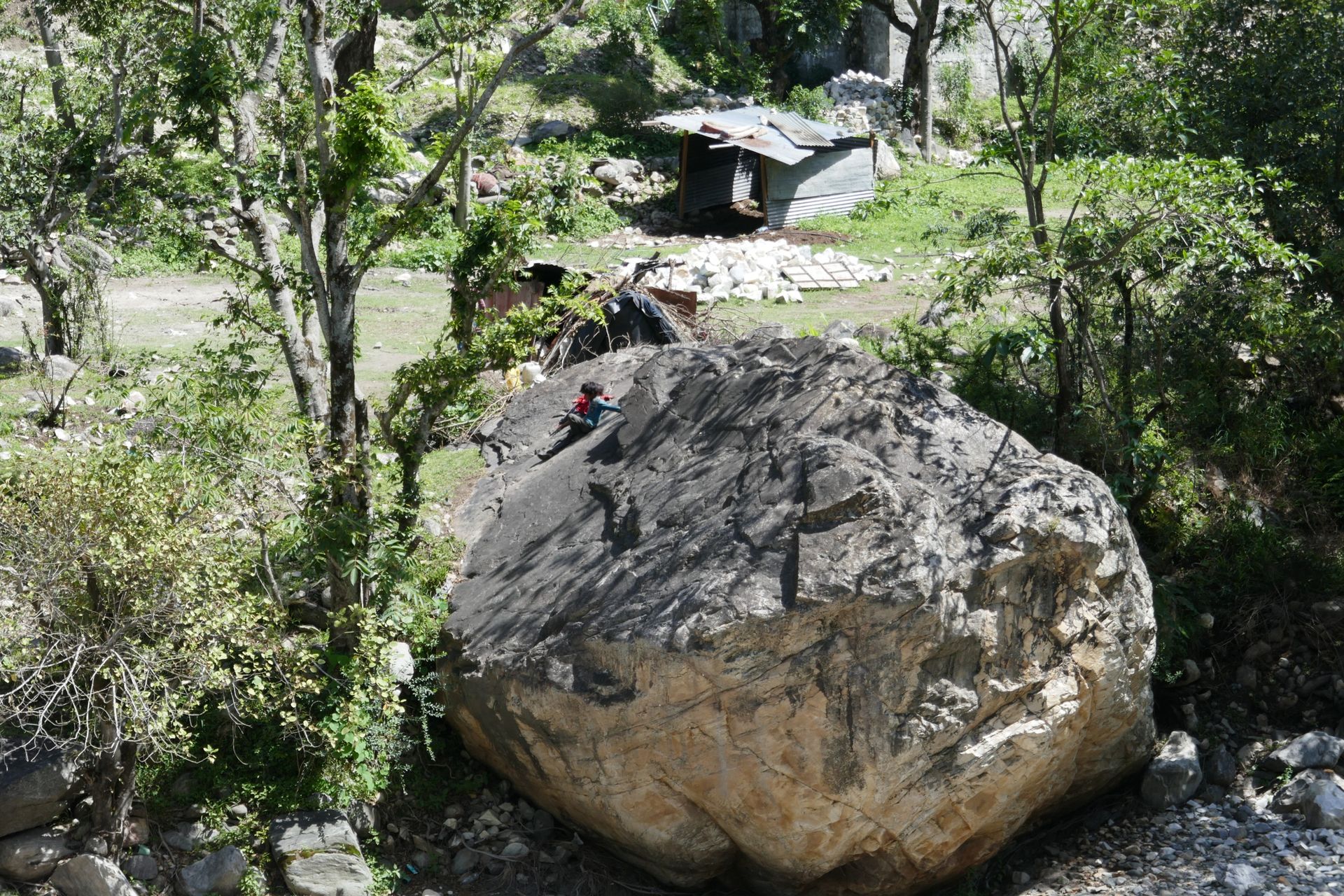

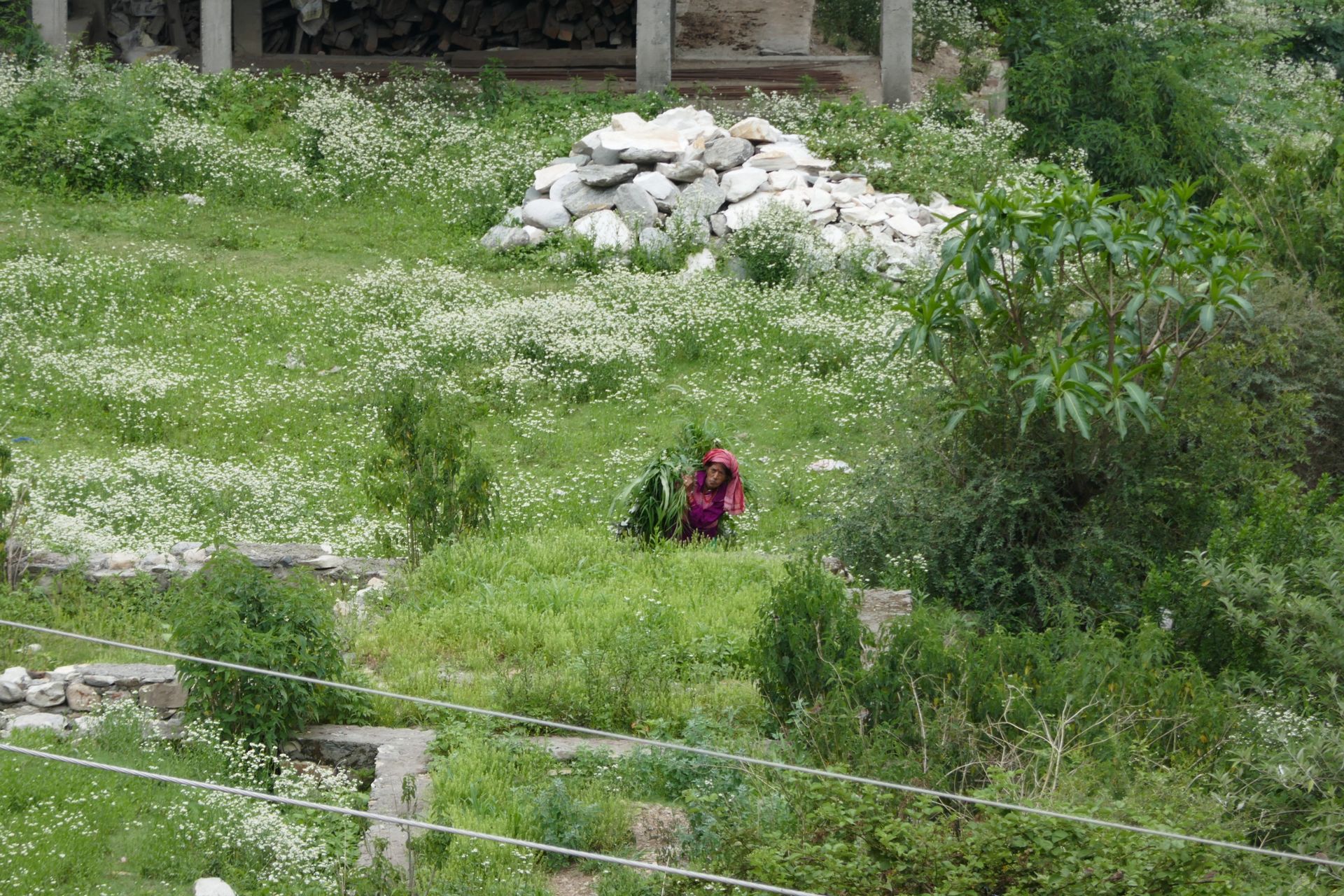
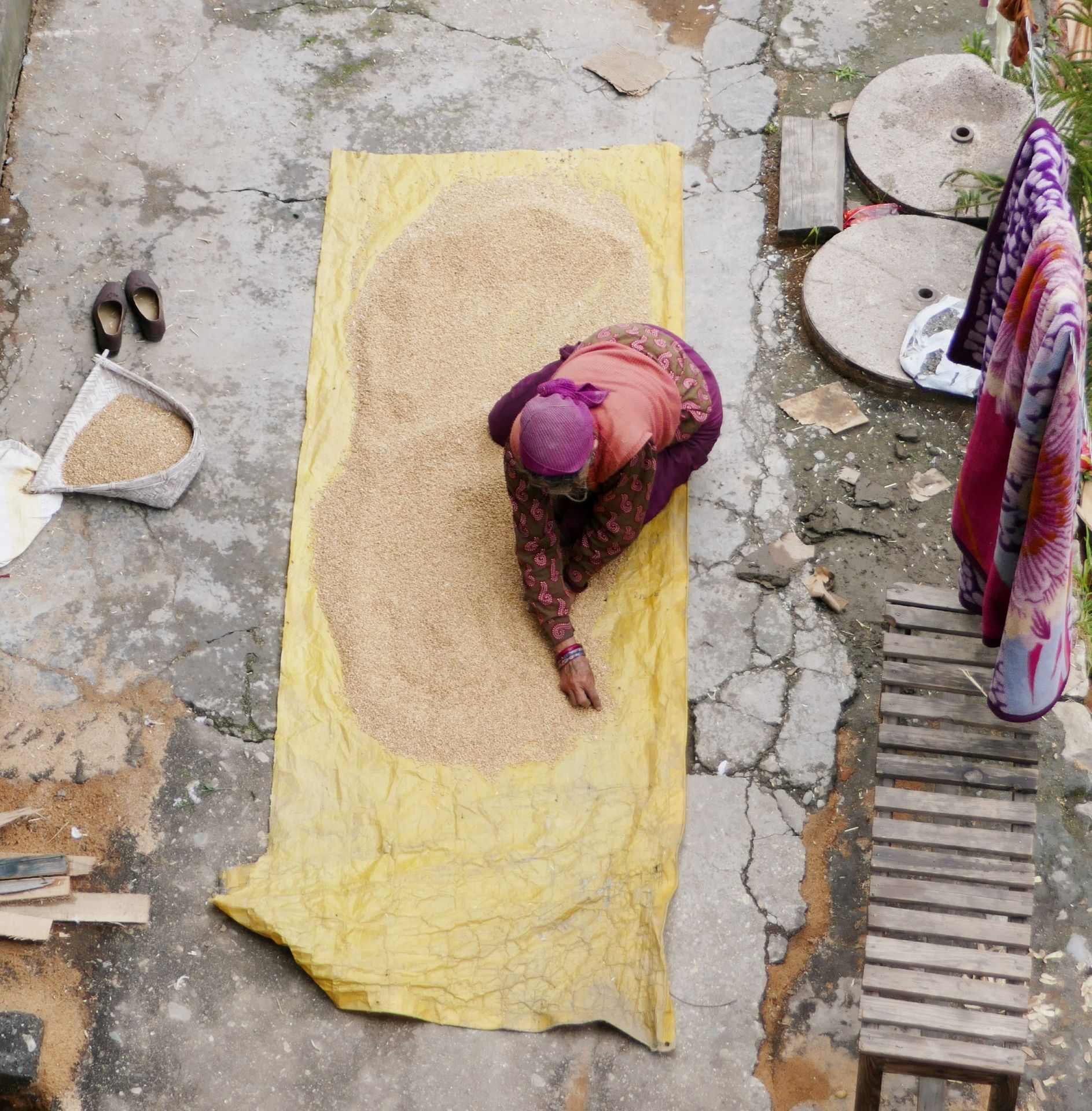

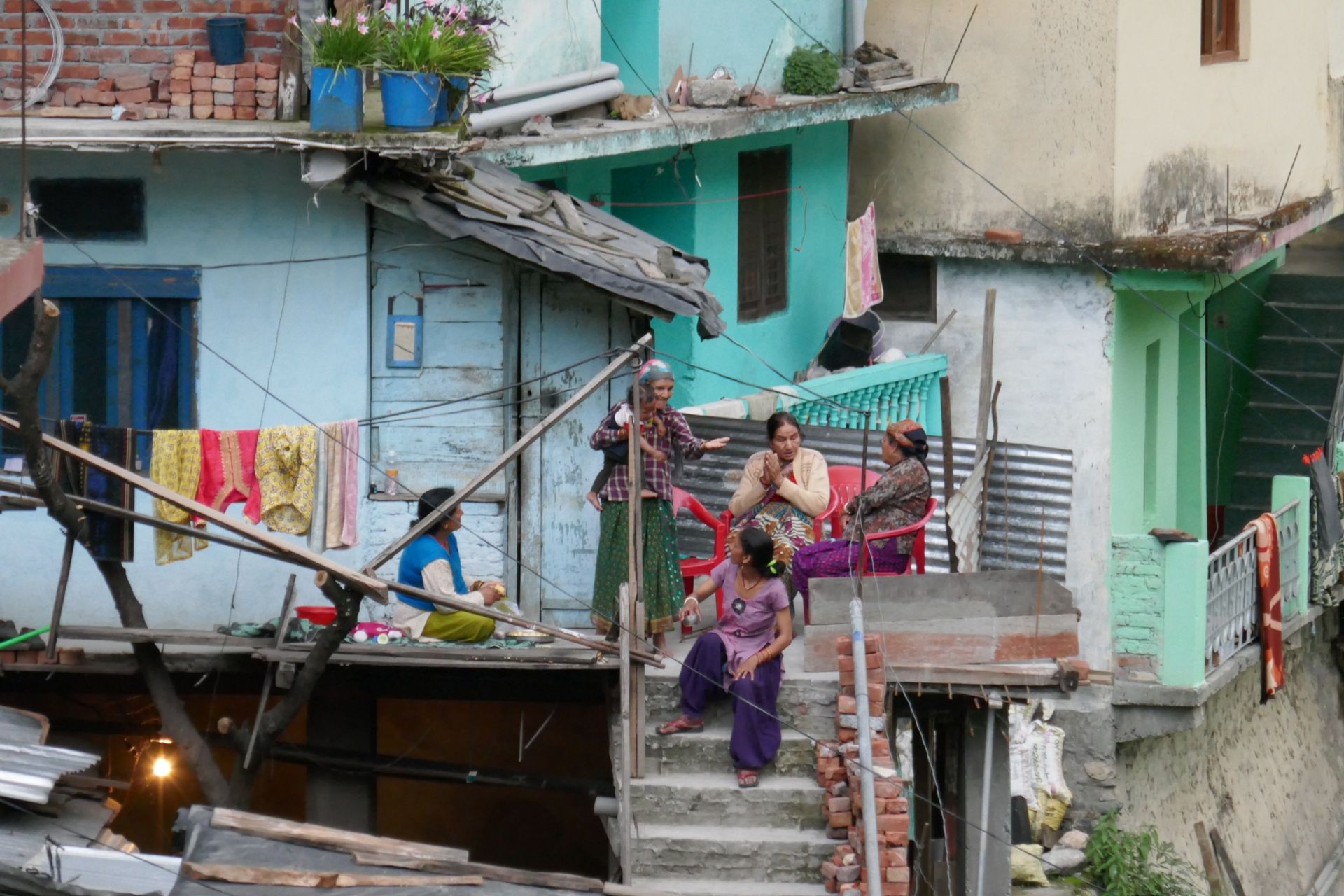
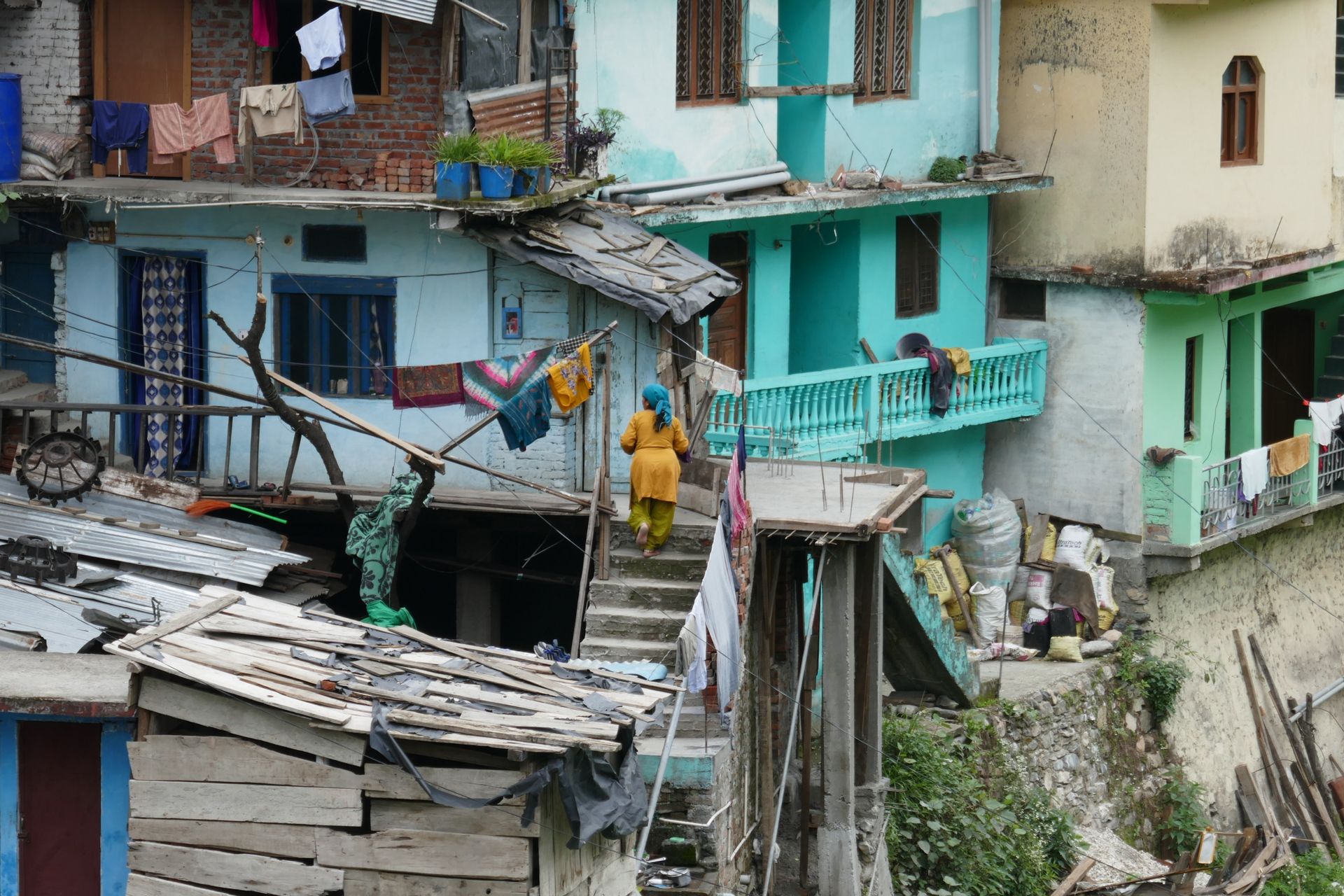
There were moments when I felt quite lonely and wished for a task to fill my time here somehow. But then there would usually be some small encounter that quickly made me forget about my frustration. One of these small highlights was certainly my daily visit to the fruit and vegetable vendor. I don't know if he could tell when I was having a bad moment, but often he would invite me to sit with him in his small shop on those days and order both of us a chai from next door. Every day, I learned a few new words in Hindi from him. Most of all, he enjoyed telling me the price of my purchases in Hindi, thus teaching me numbers. We would scold each other whenever someone happened to be standing next to us who told me the price in English before I figured it out myself. After a short time, I could buy my mangos - aam - and bananas - kela - without using an English word. I could also say where I come from and say goodbye to him the day before I left.
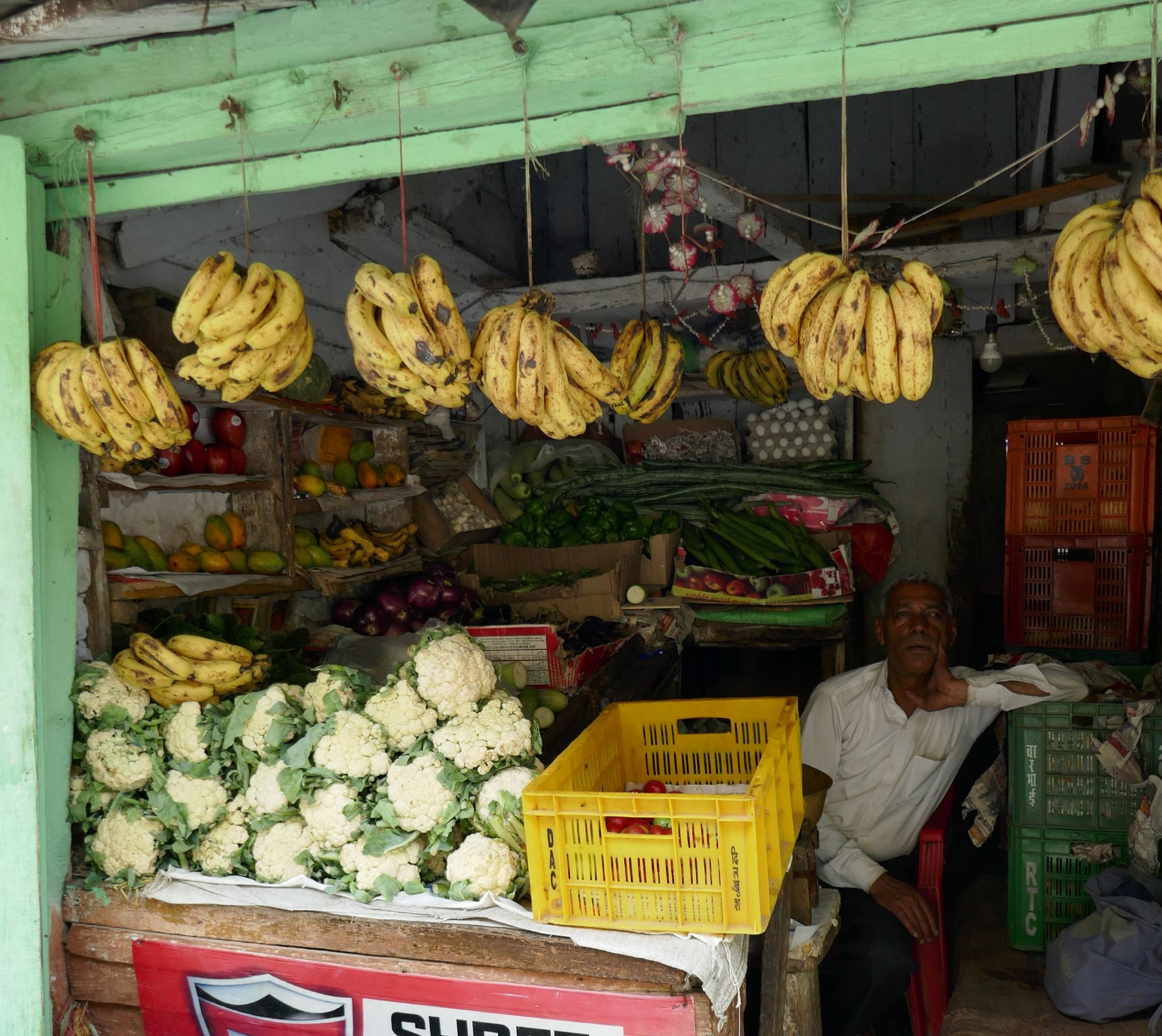
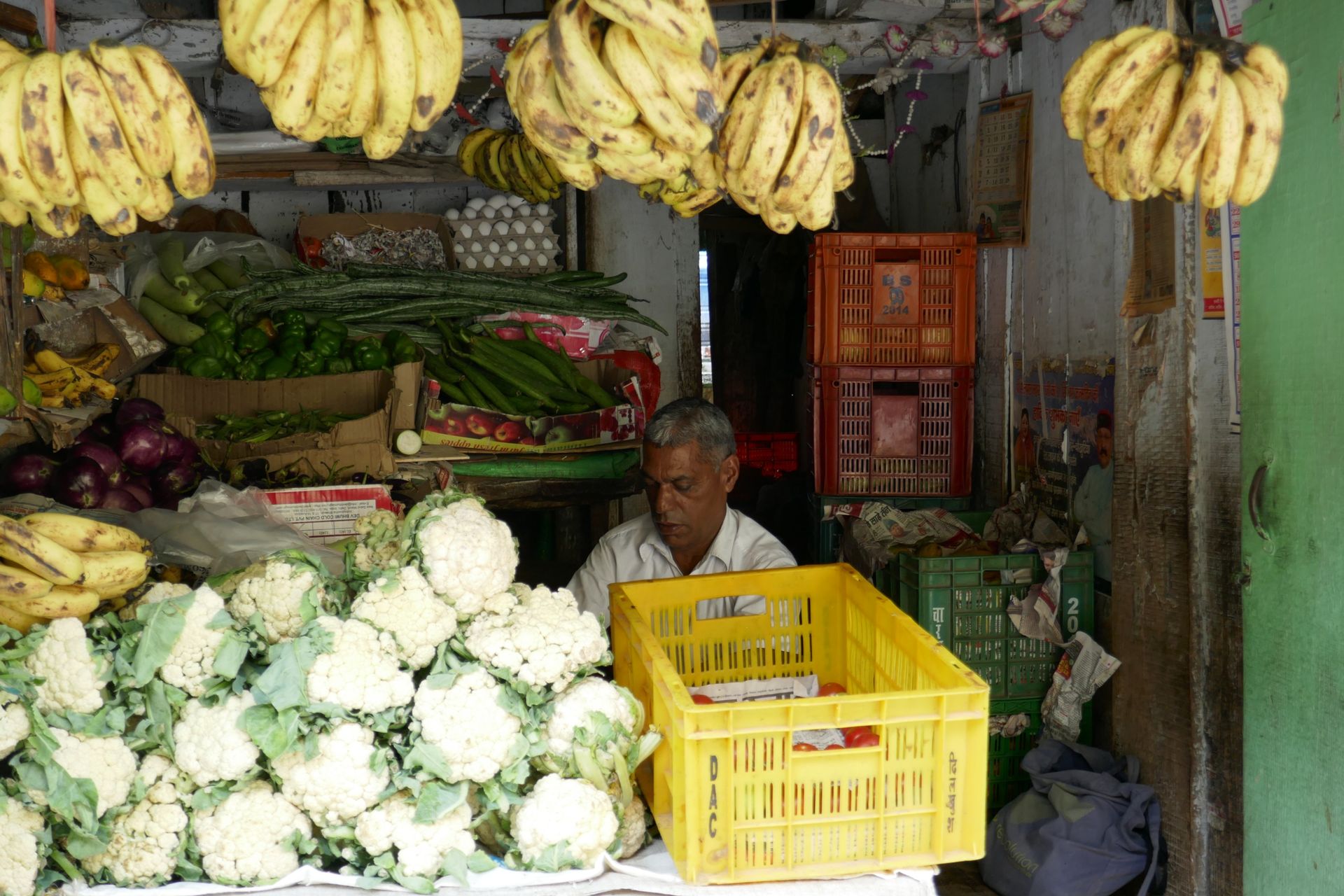
And then there was the Dimri family, who run the hotel where I shared a room with two pretty big spiders. The boss is the grandfather, Gobindram Dimri. After two days, when I occasionally wondered why he sometimes looked at me strangely, he said (Naveen translated for me) that I have a special aura and he feels that he should give me a mantra with which I can meditate. If I wanted to, of course. I was curious, so I said yes. He also invited me to go with him and his family to a festival in one of the pilgrimage sites in the mountains. Unfortunately, this was canceled after two people died in the village within a short time. But I still got my mantra. And also the necessary accessories that Uncle ji, as everyone calls him, handed over to me during a 'puja' (prayer ceremony).
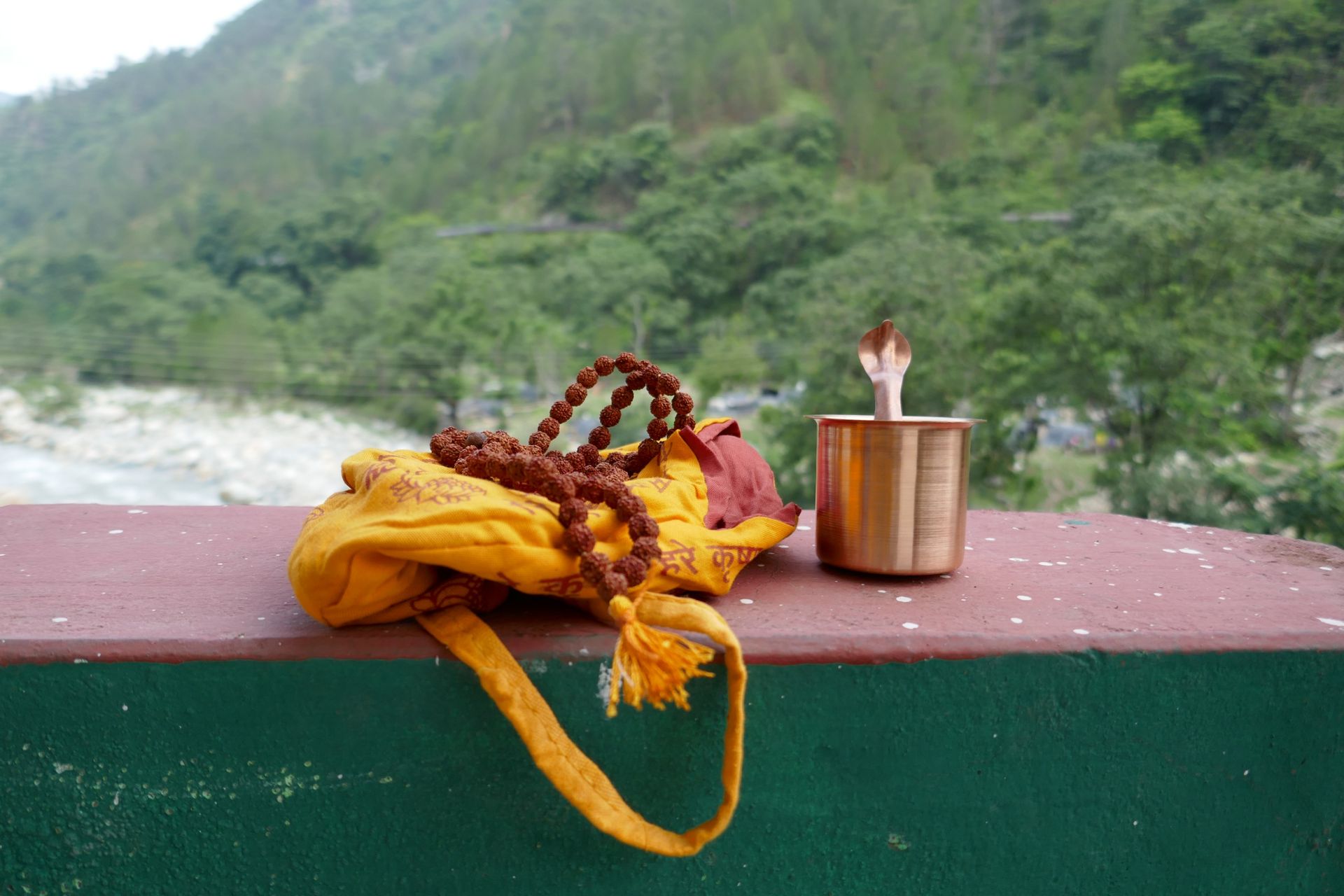
A mala and a punch patra with aachmani
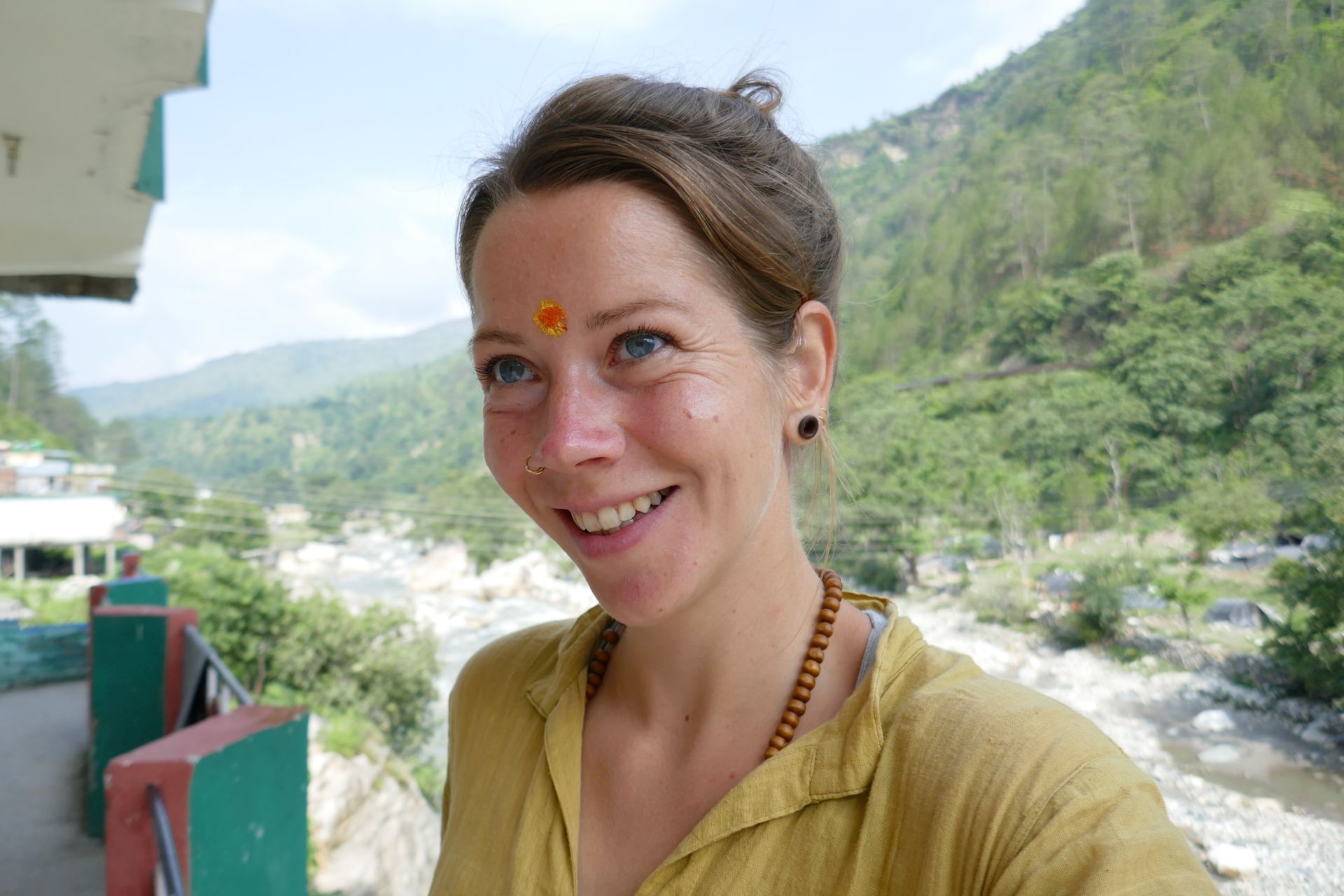
The mantra is intended for the Hindu goddess Ma Durgha, who is also known as the elusive or hard to comprehend goddess and symbolizes women's power.
The Dimri family in Karadhi also includes grandmother Sarda, son Parbhkar, his wife Vijay Laxsmi, and the children Om, Priya, and Diya. They all live in small, simple rooms built of boards below the hotel and often invited me home for chai or something to eat. Sometimes I played with the children by the river, helped them with math or English homework that they wanted to voluntarily do during the holidays, or we just had fun.
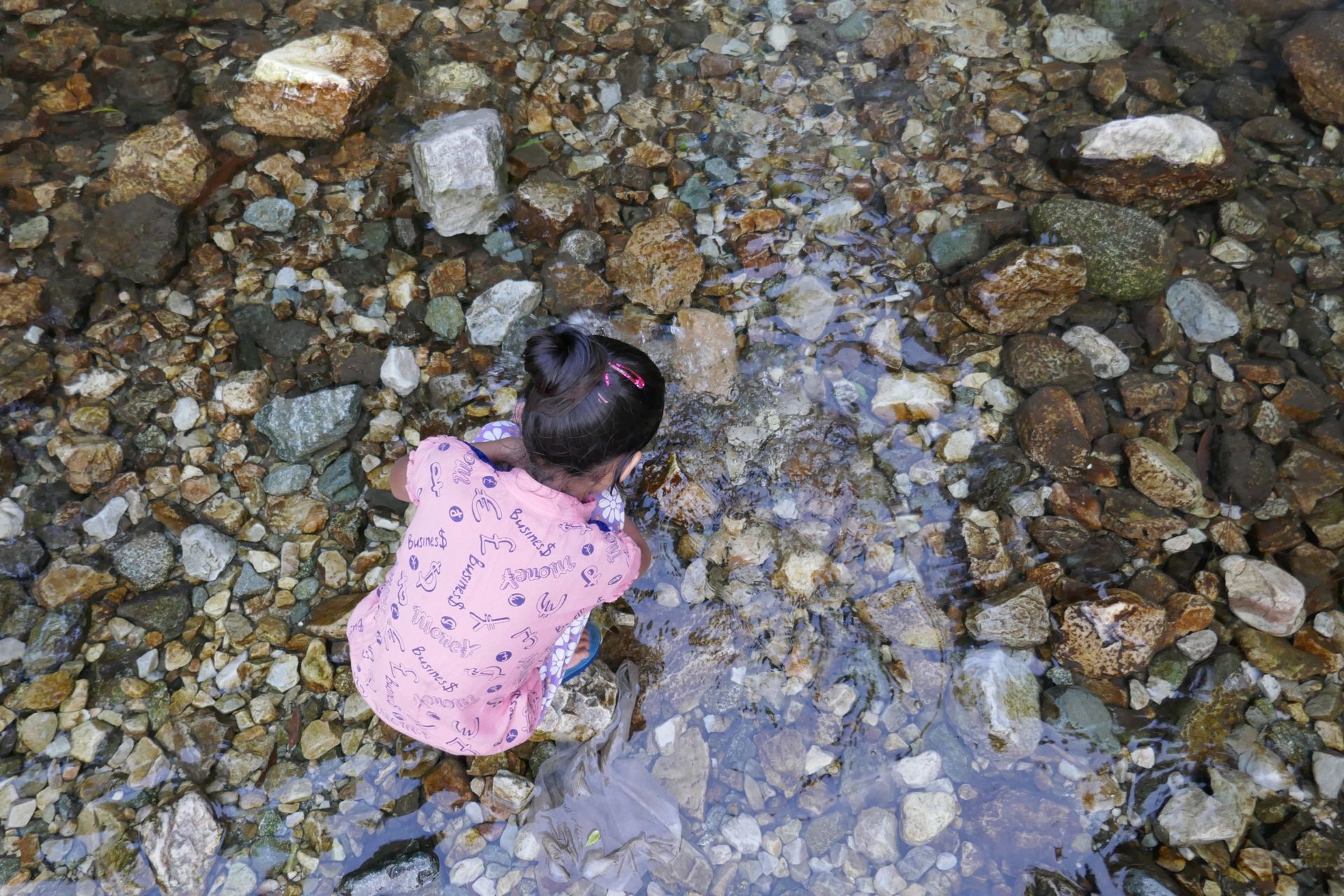
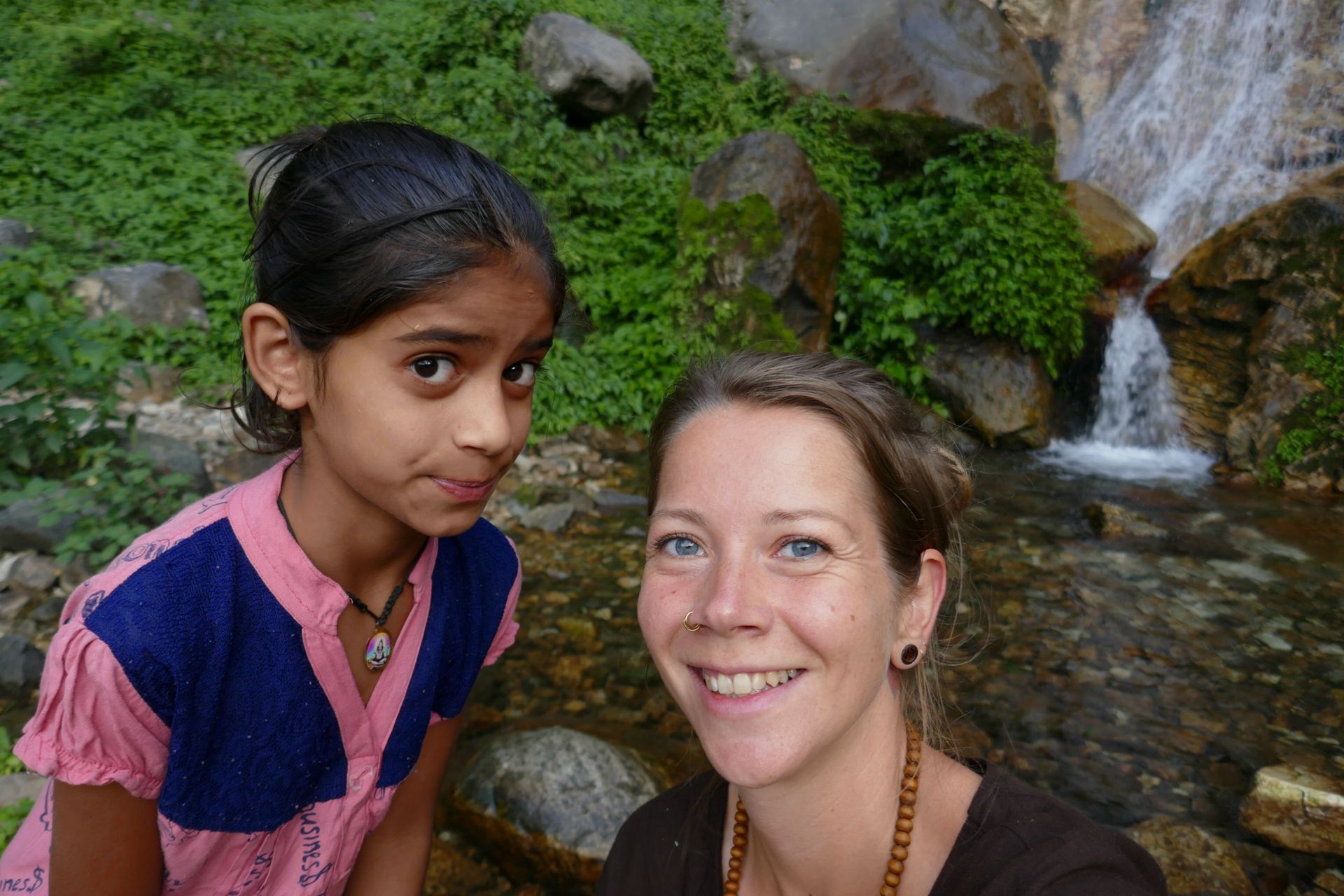
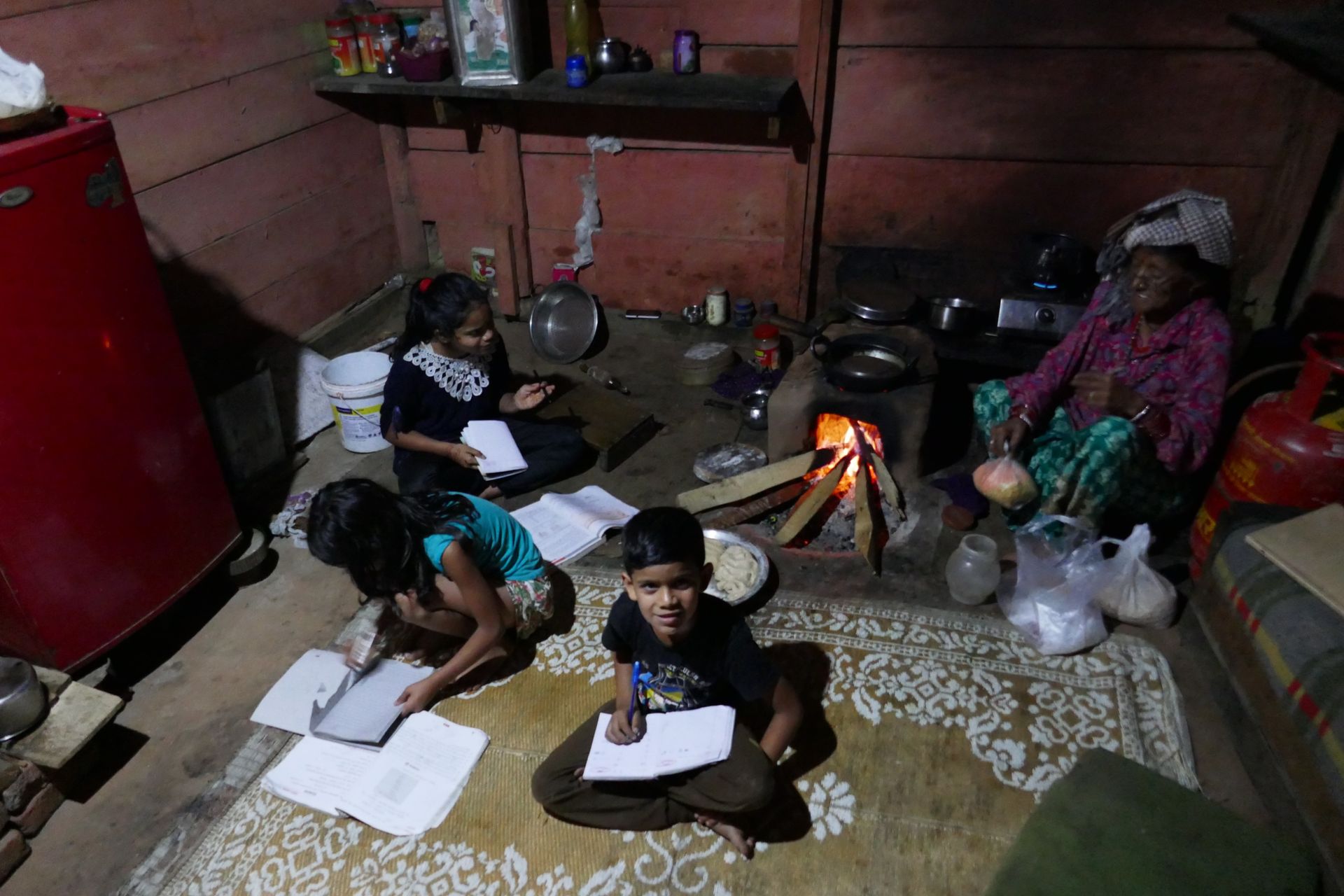
solve some math problems while Grandma is cooking

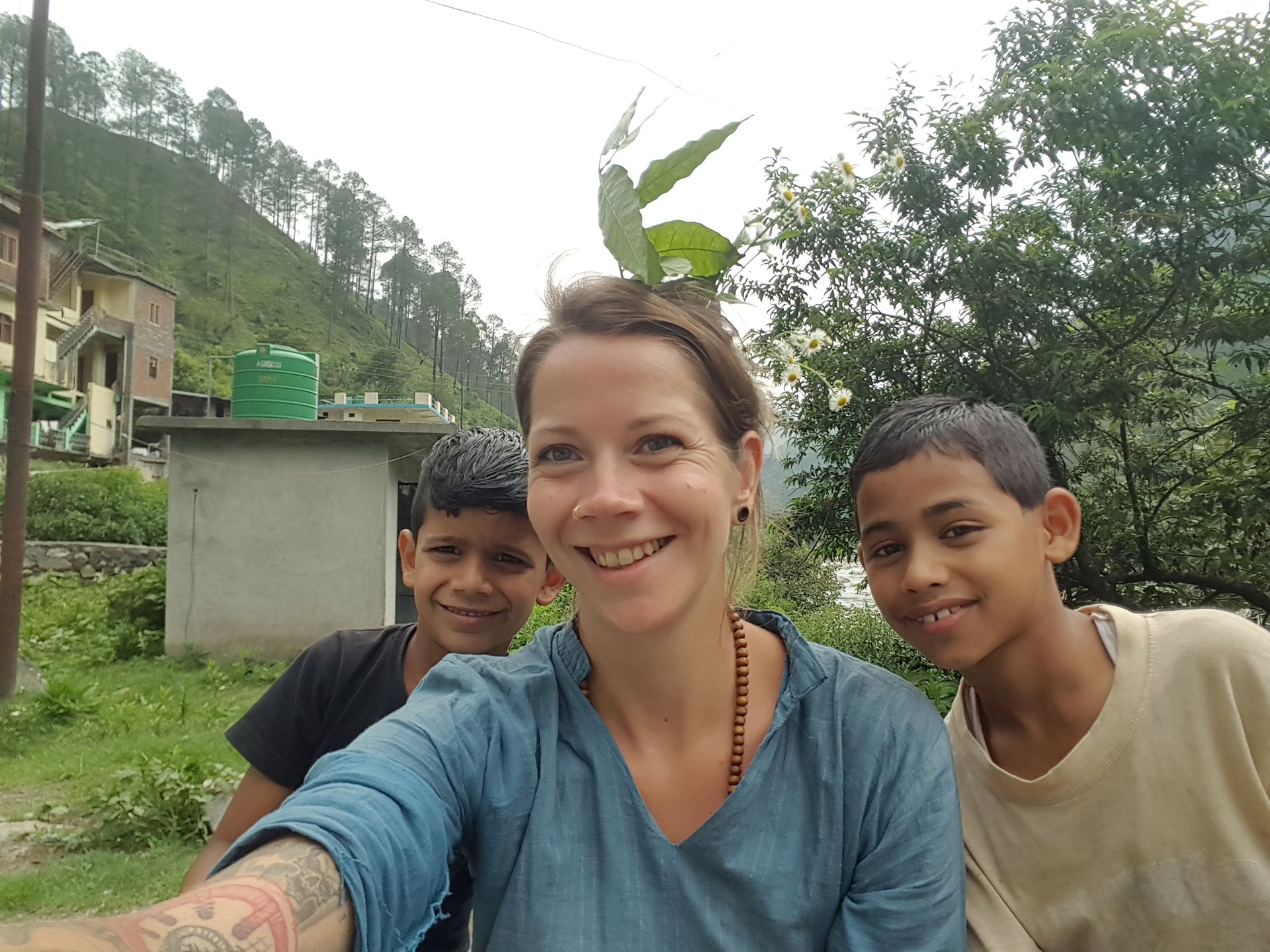

A few math problems to solve while Grandma is cooking



Diya together with her grandmother
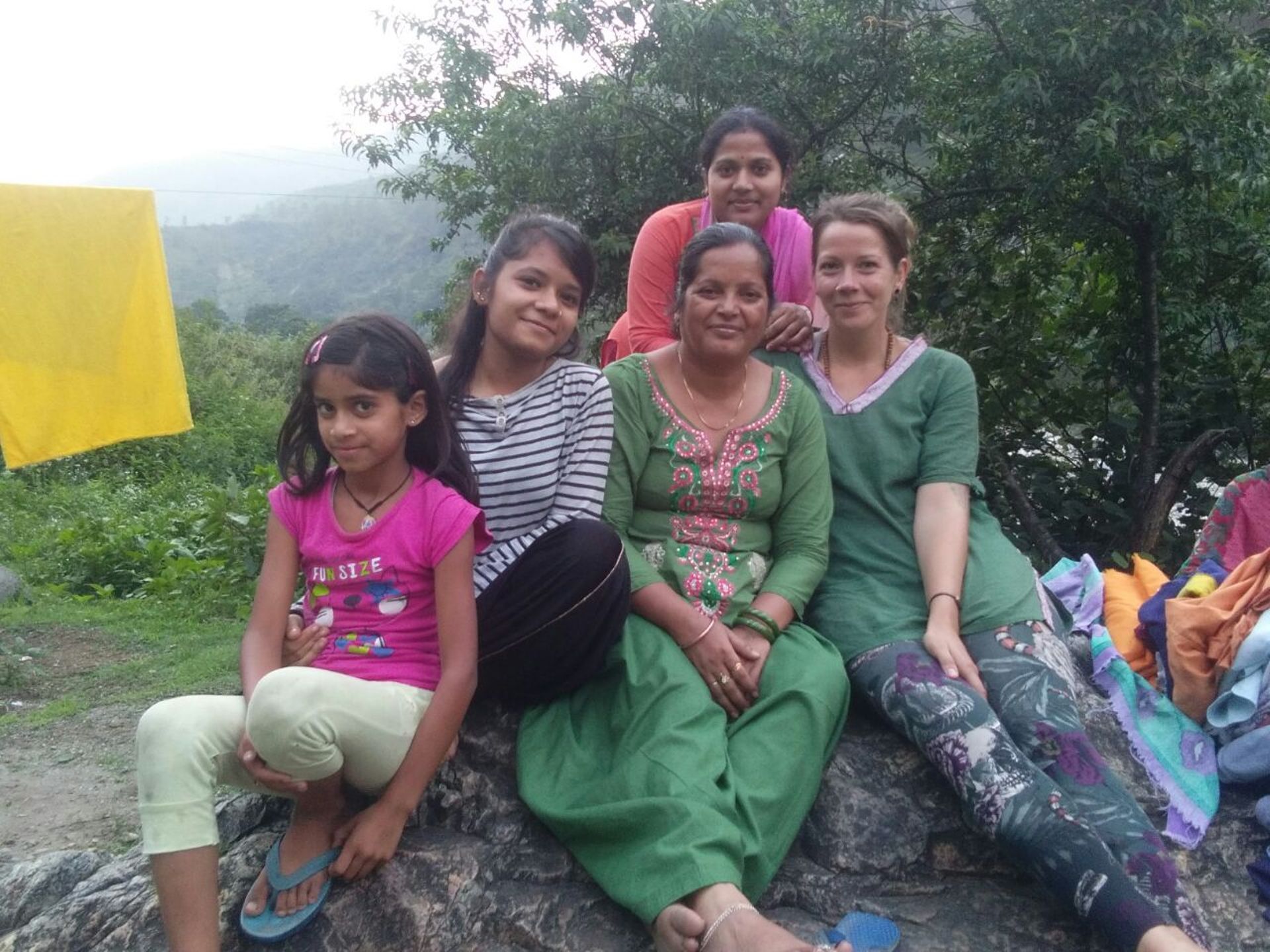
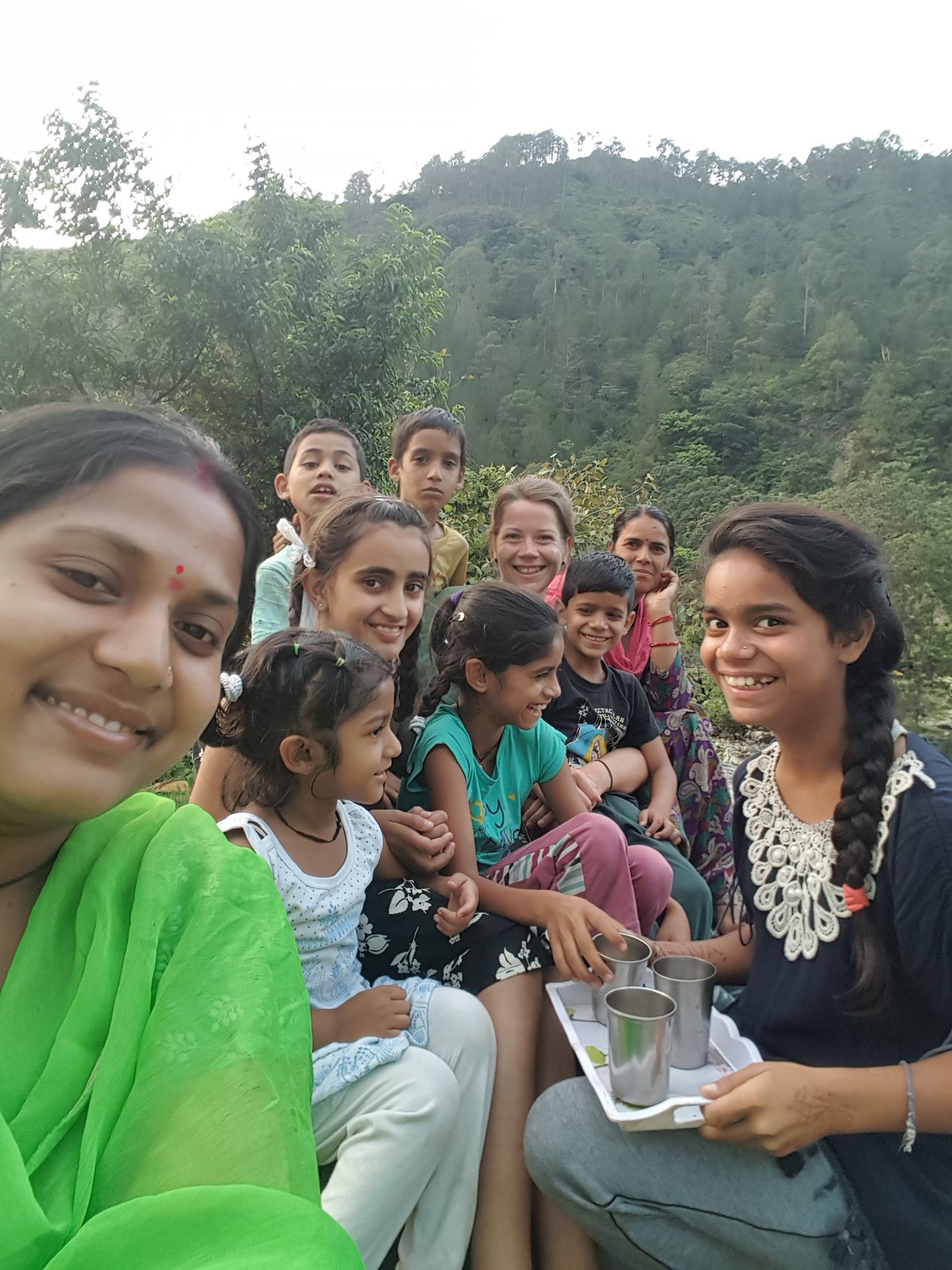
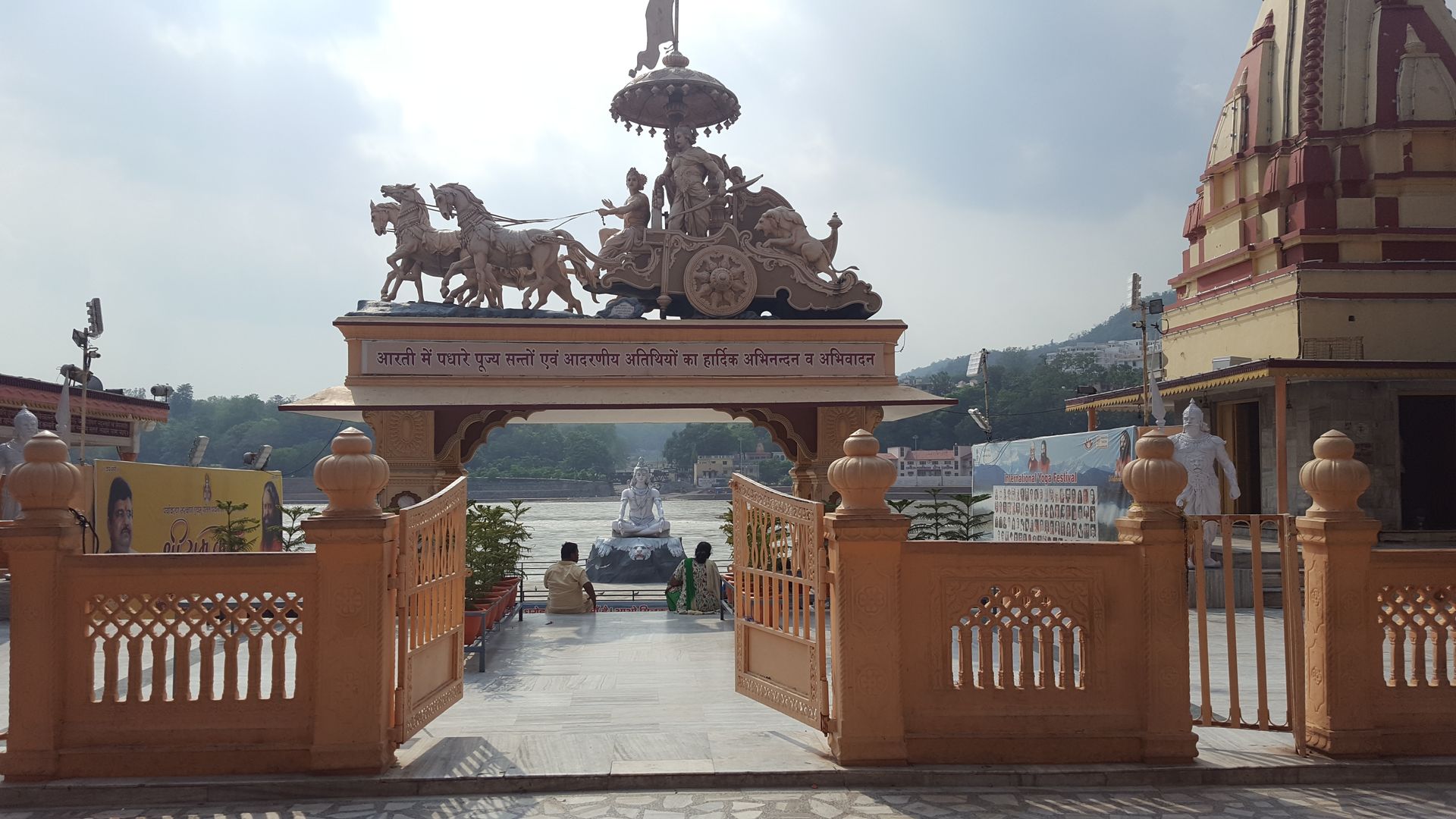
Lembetsani ku Newsletter
Yankhani (1)
Alexander
Hallo Felizitas,
herzlichen Glückwunsch zu deiner gelassenen Reisehaltung und Hochachtung vor deinem Schreibtalent. Ich hoffe, deine Reise gefällt dir weiter so gut. Möge das Glück an deiner Seite bleiben!
Herzliche Grüße aus Hamburg
Alexander